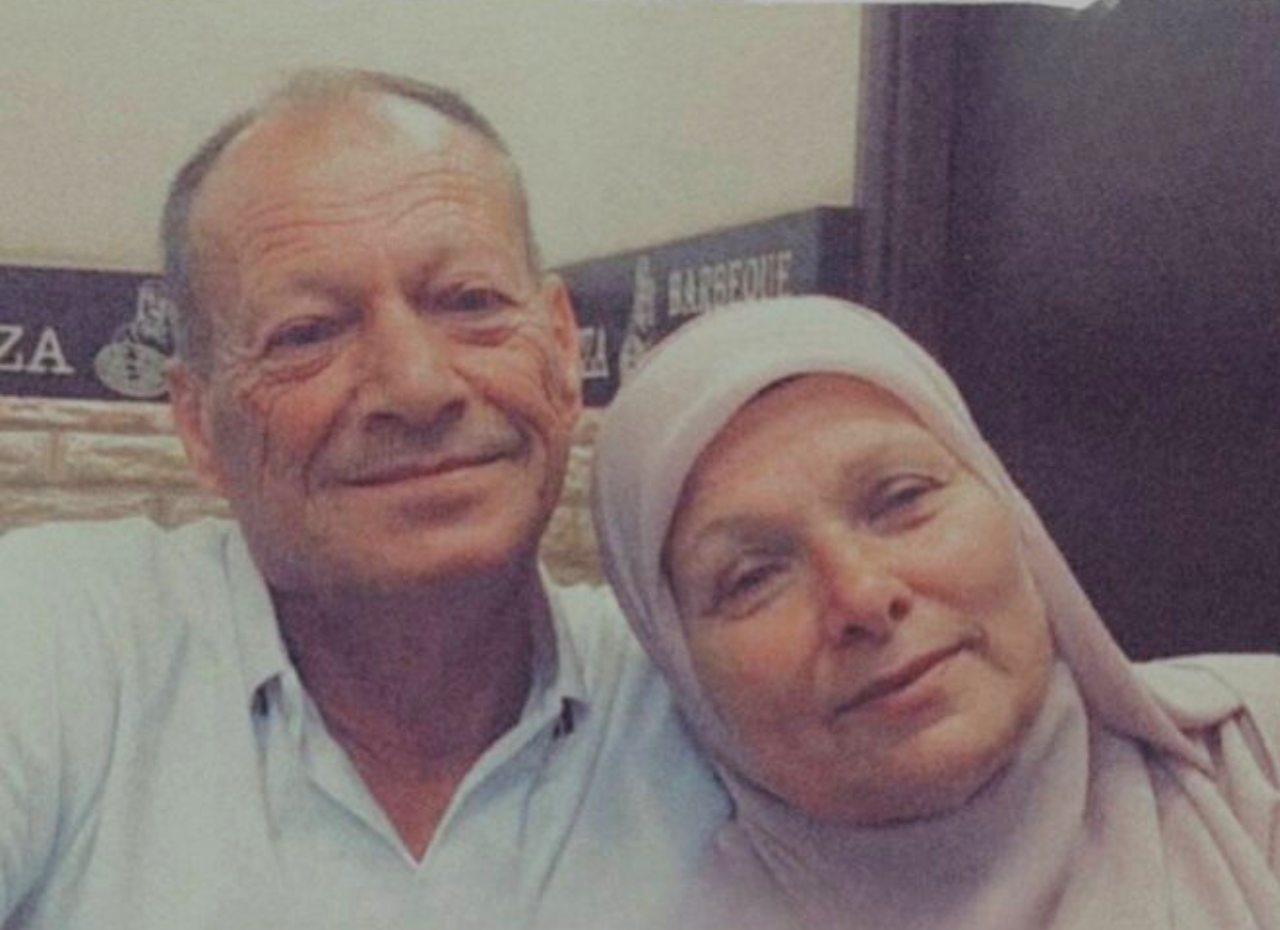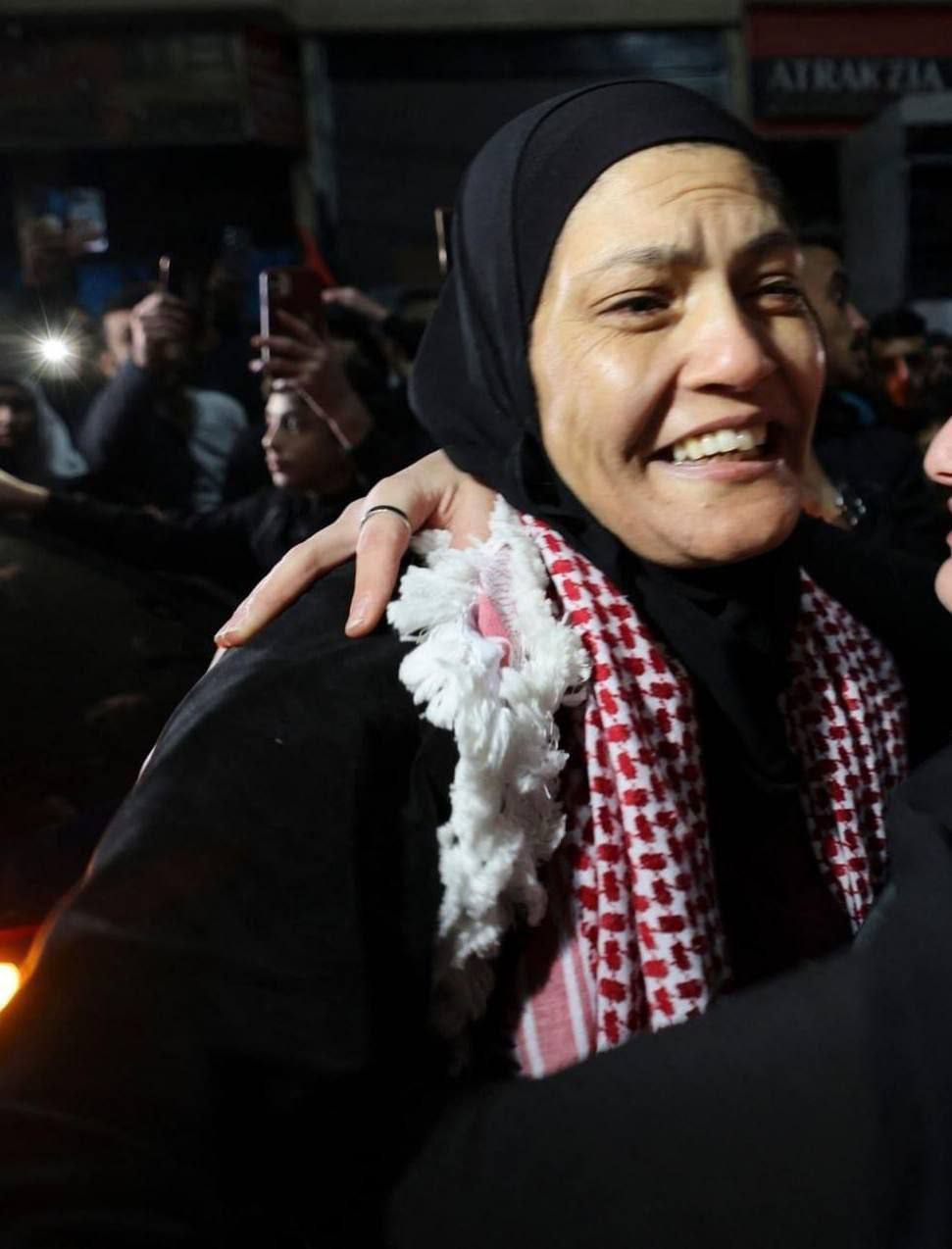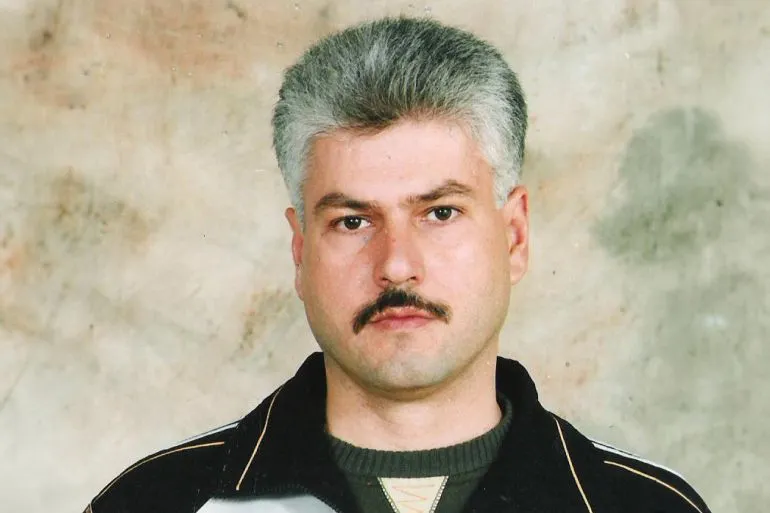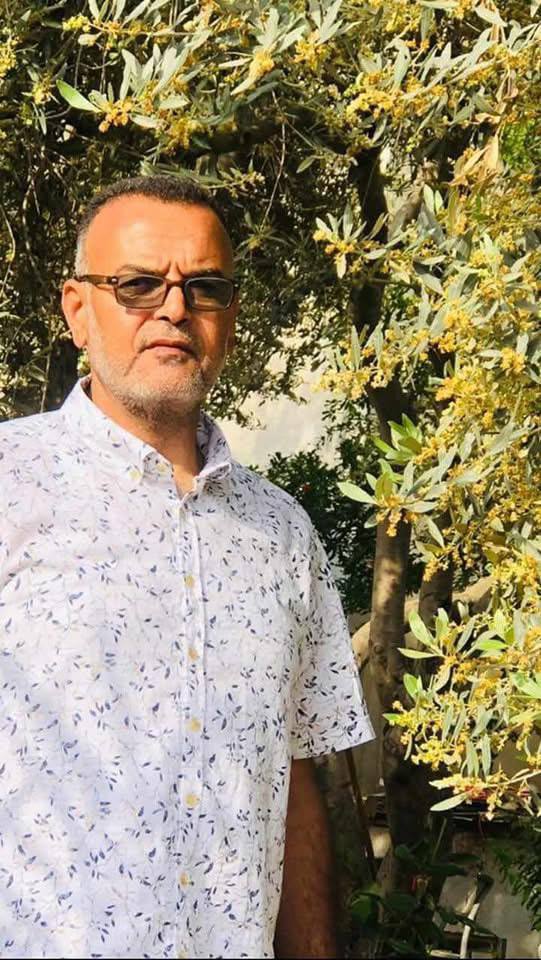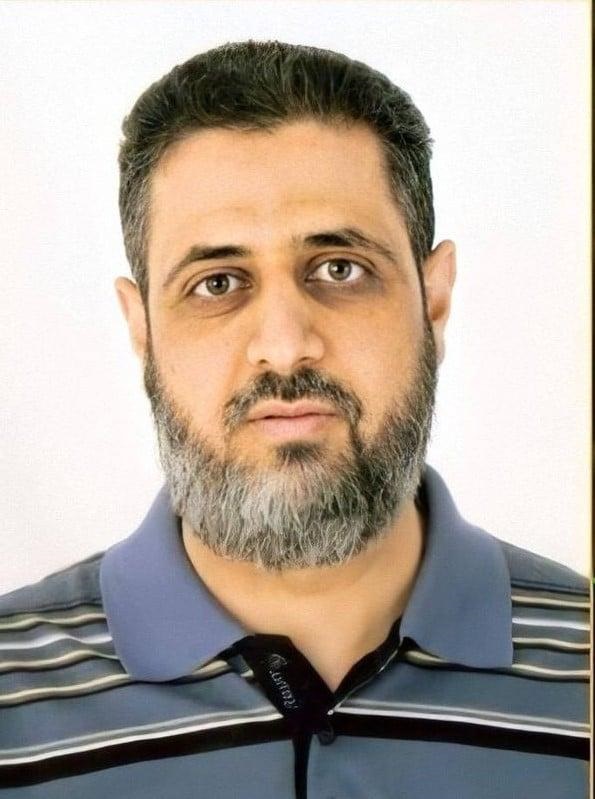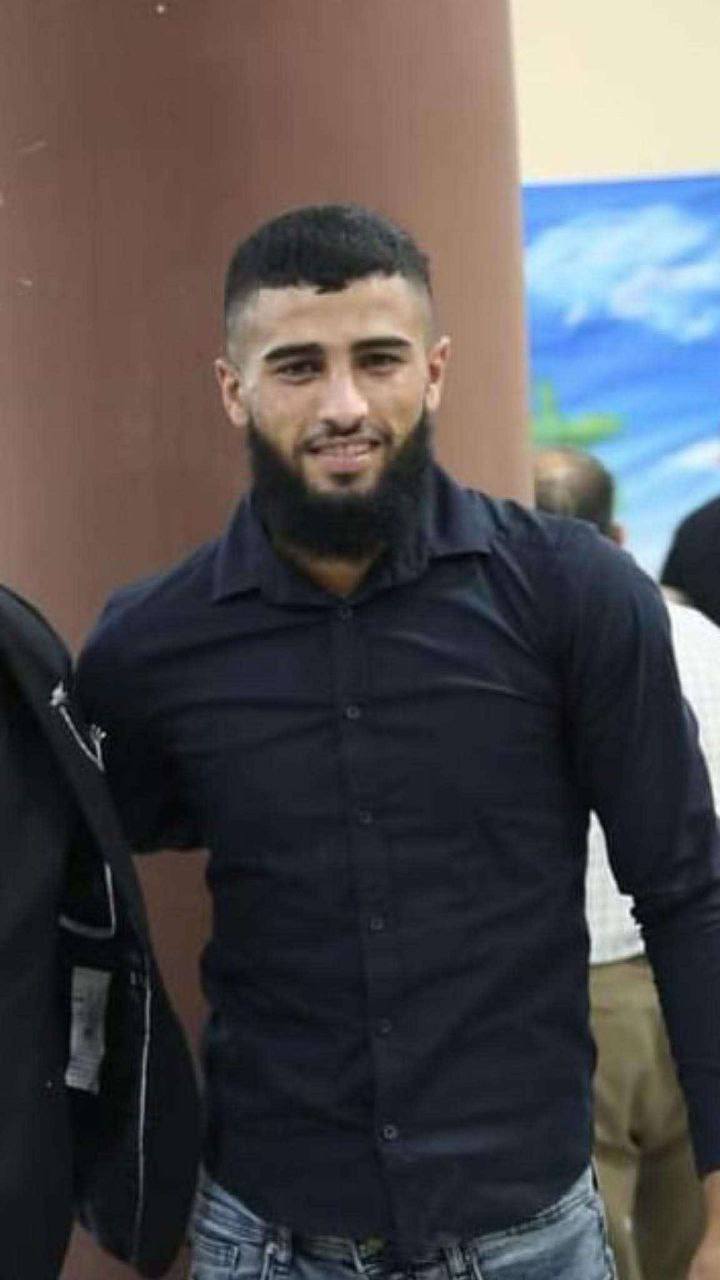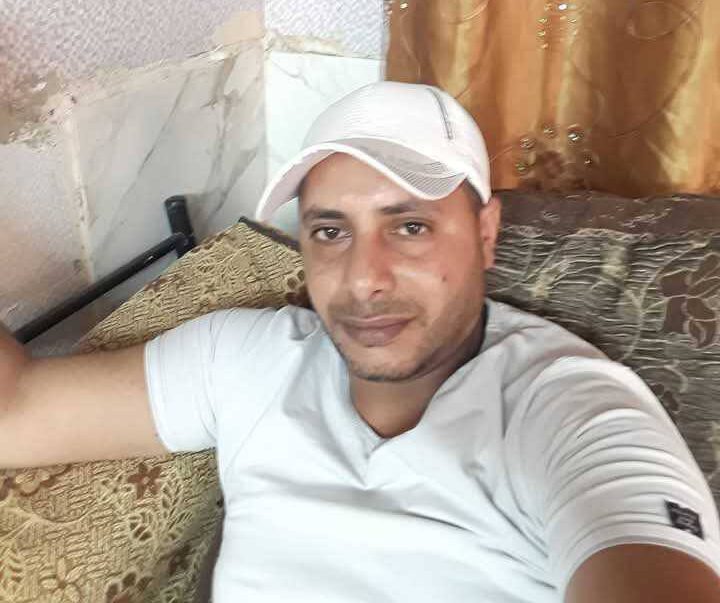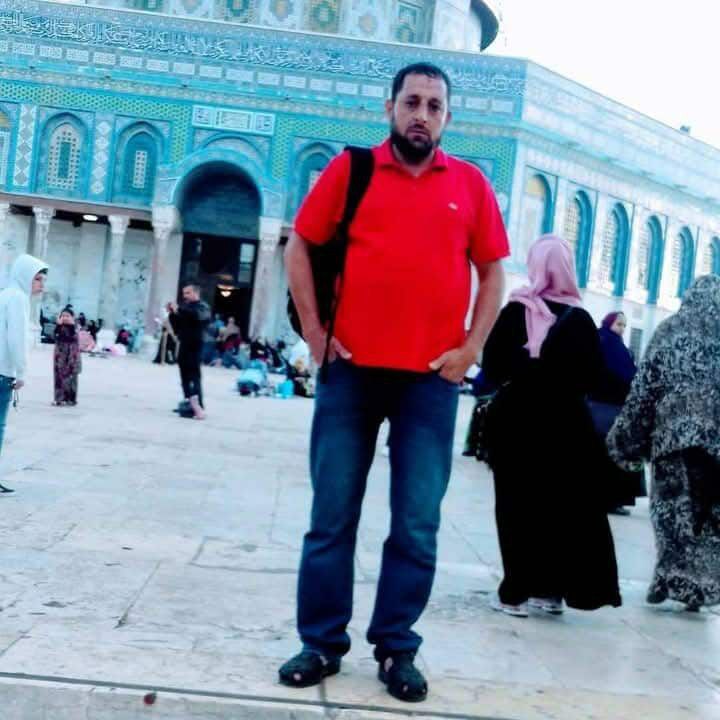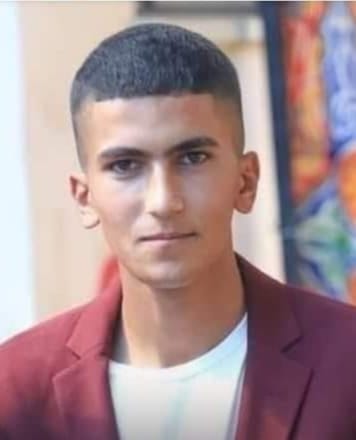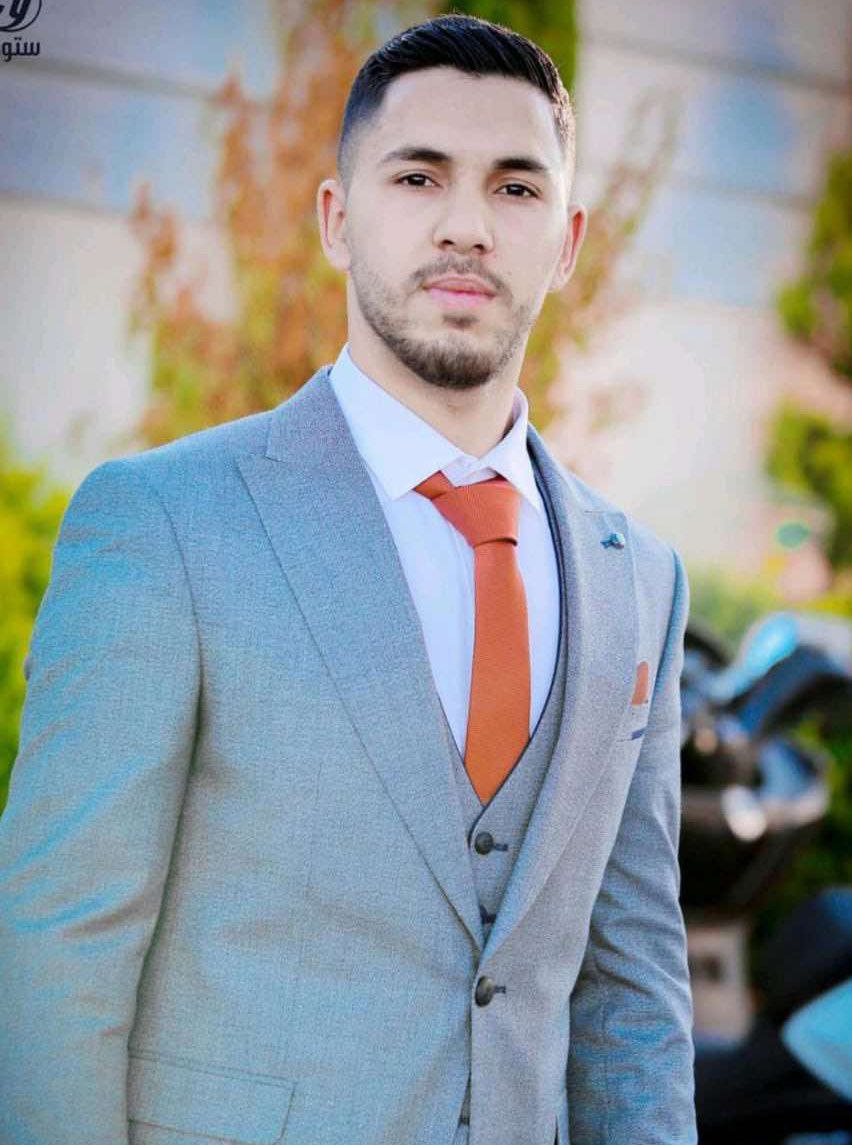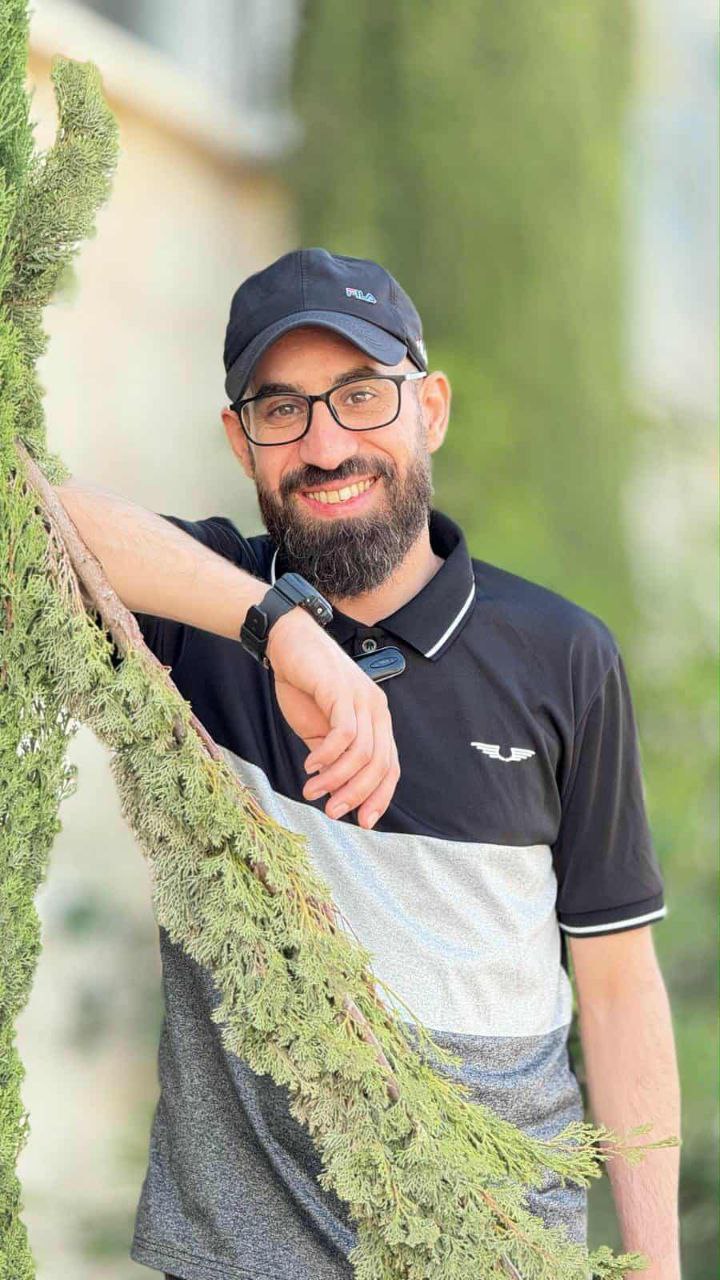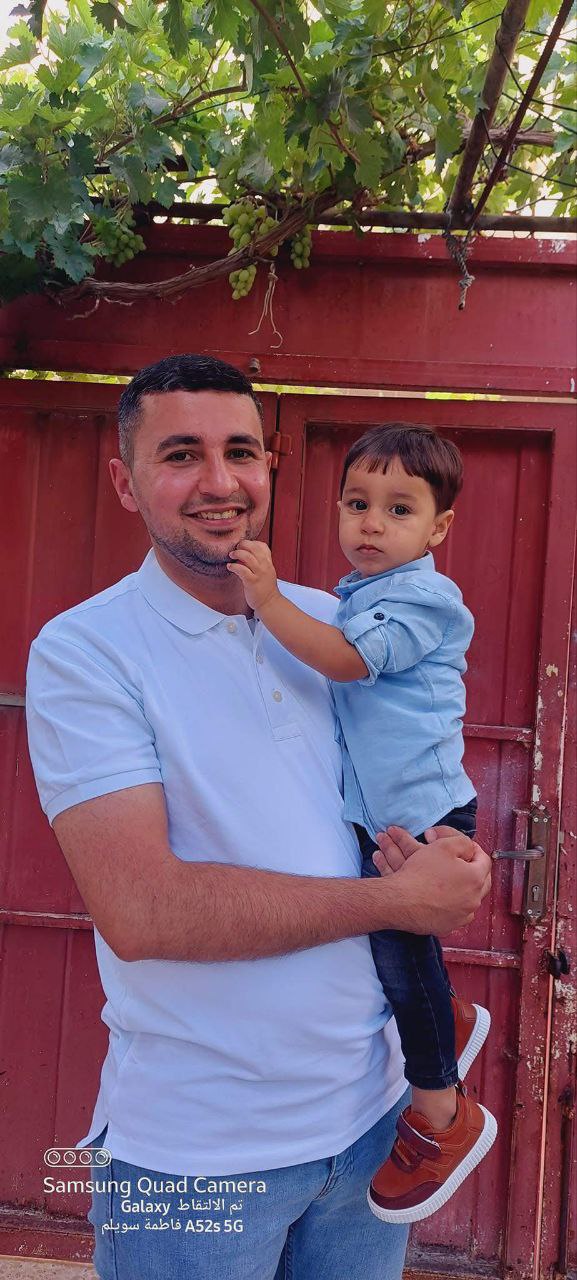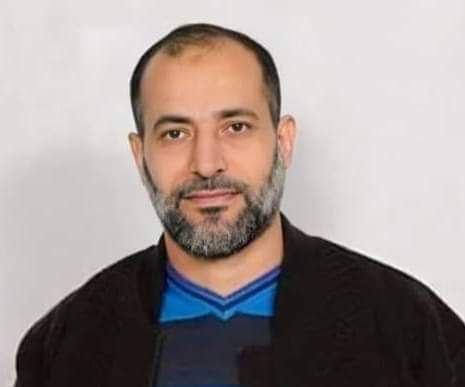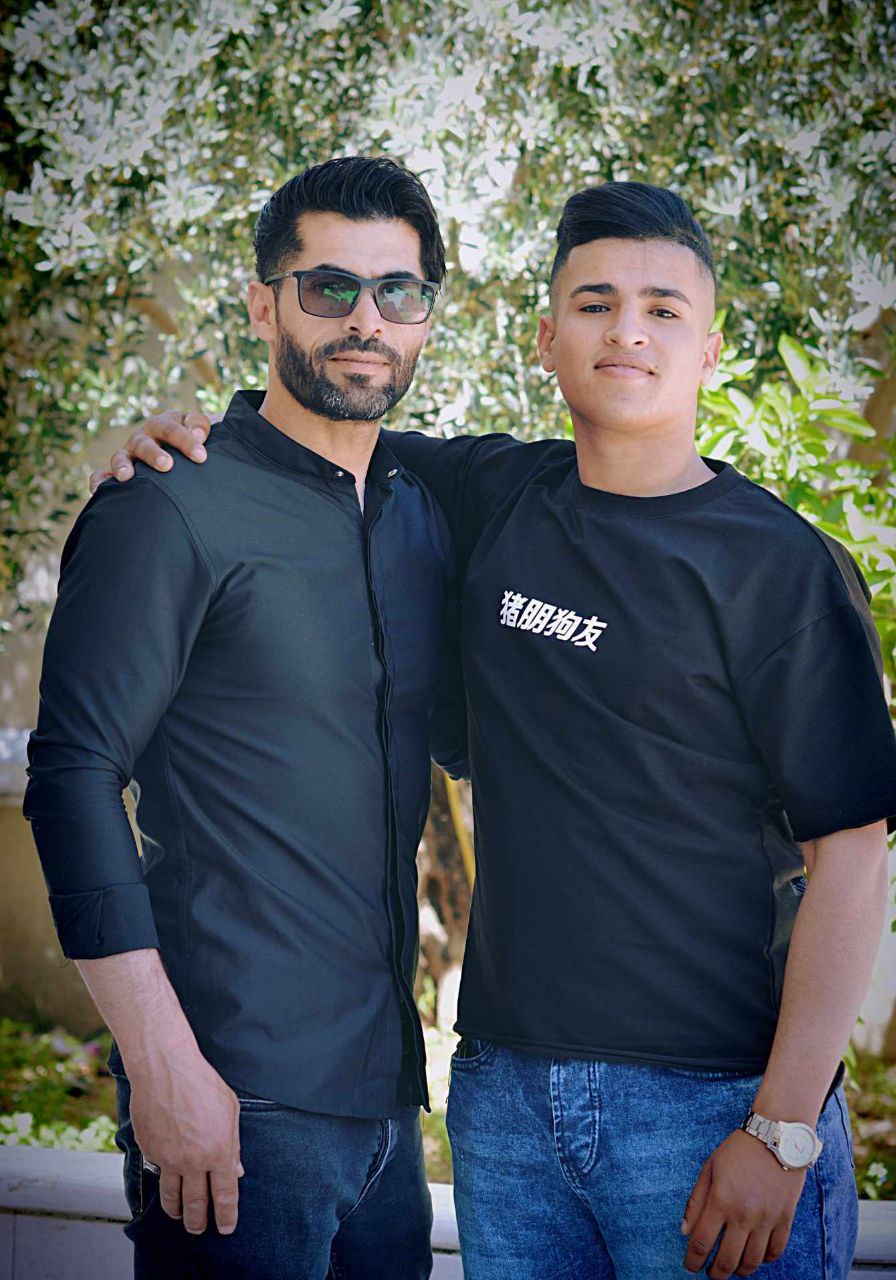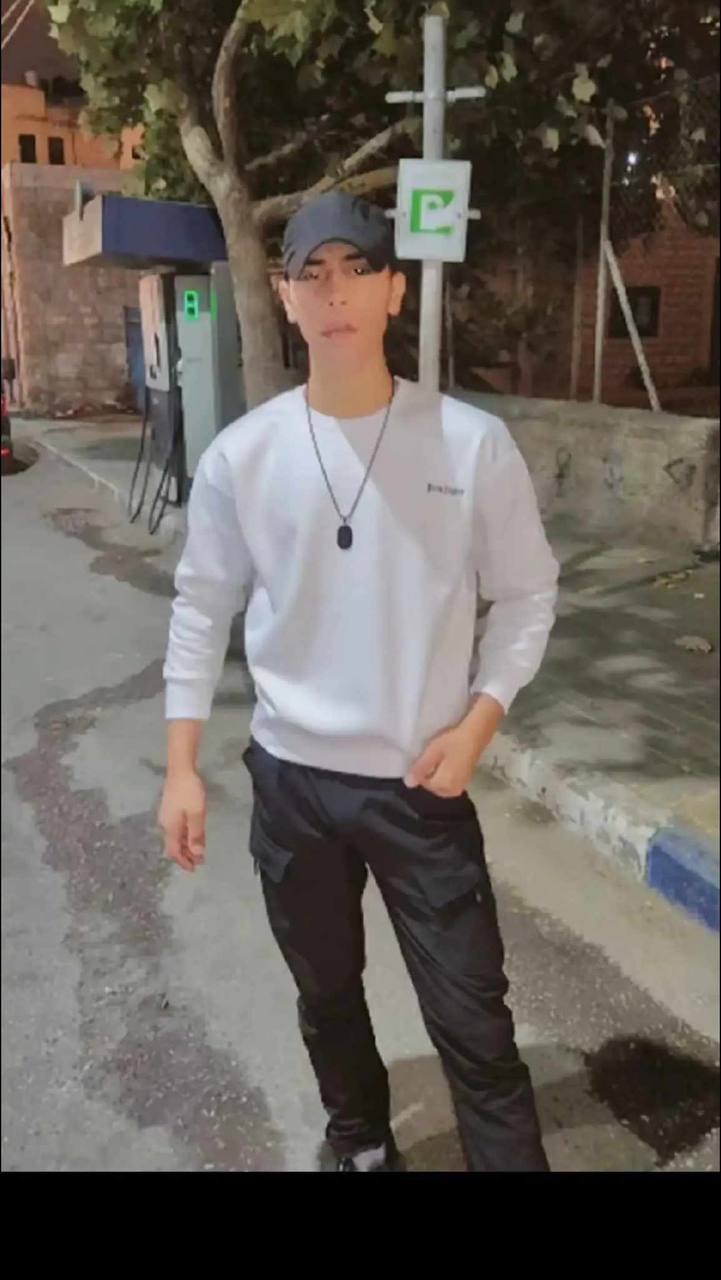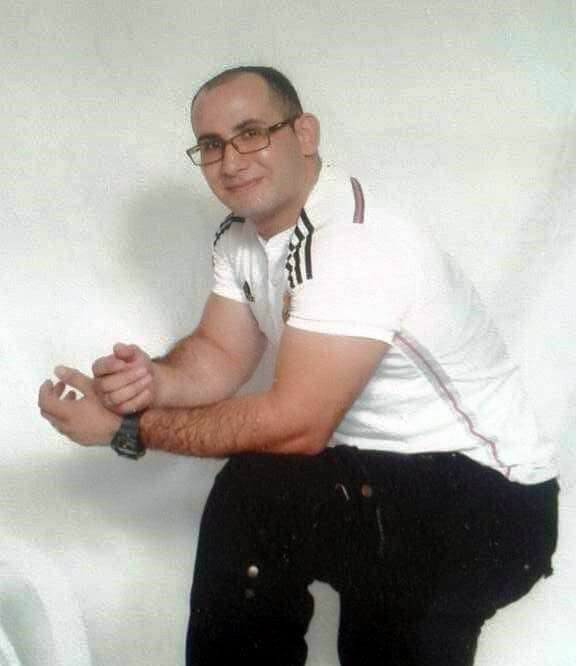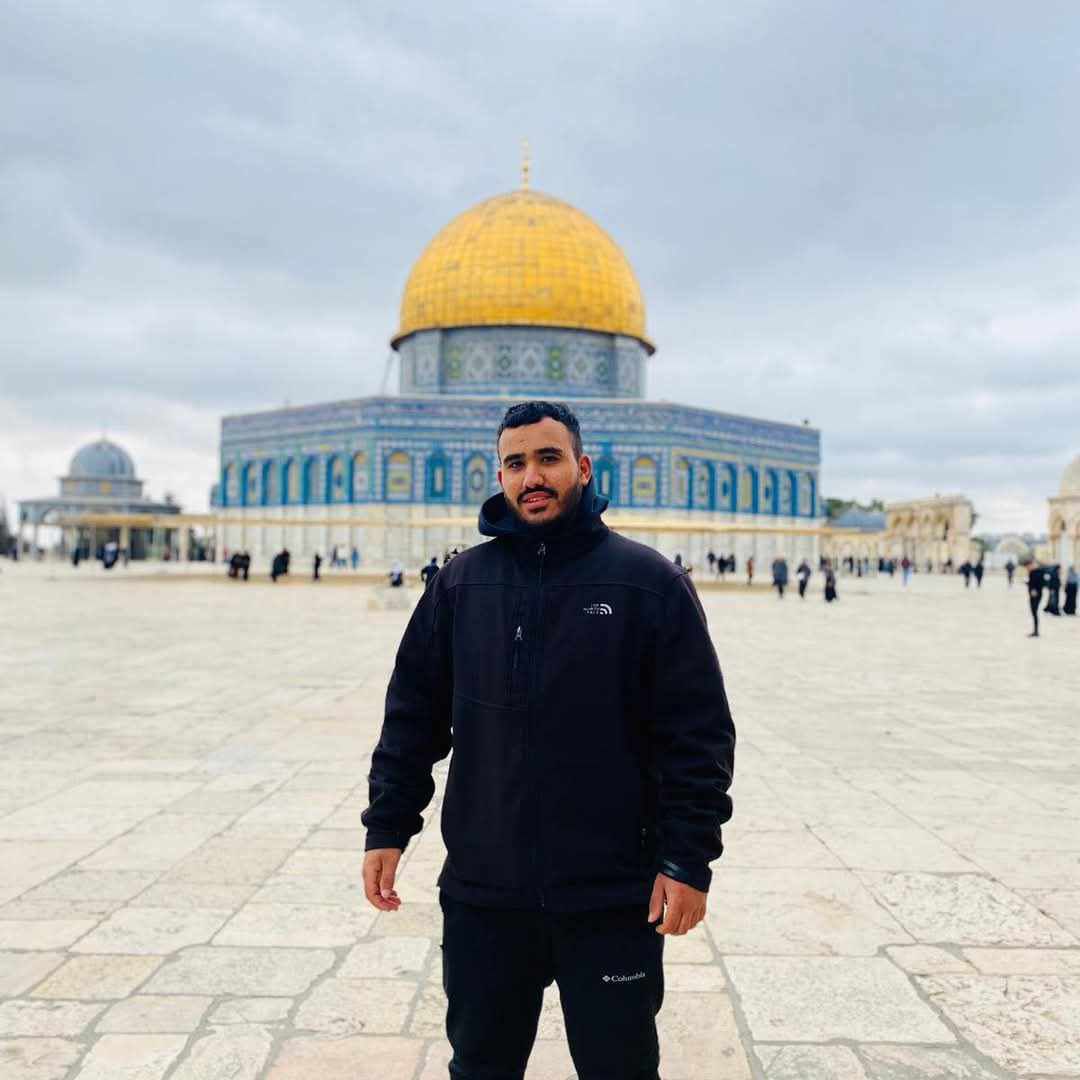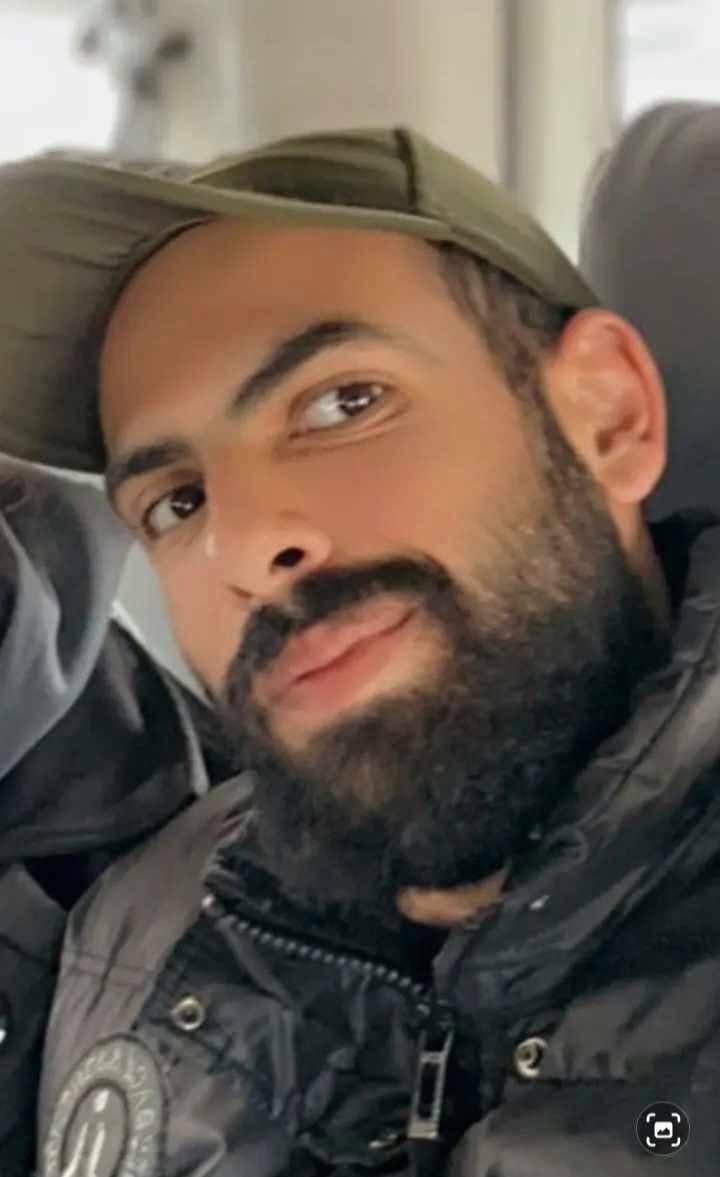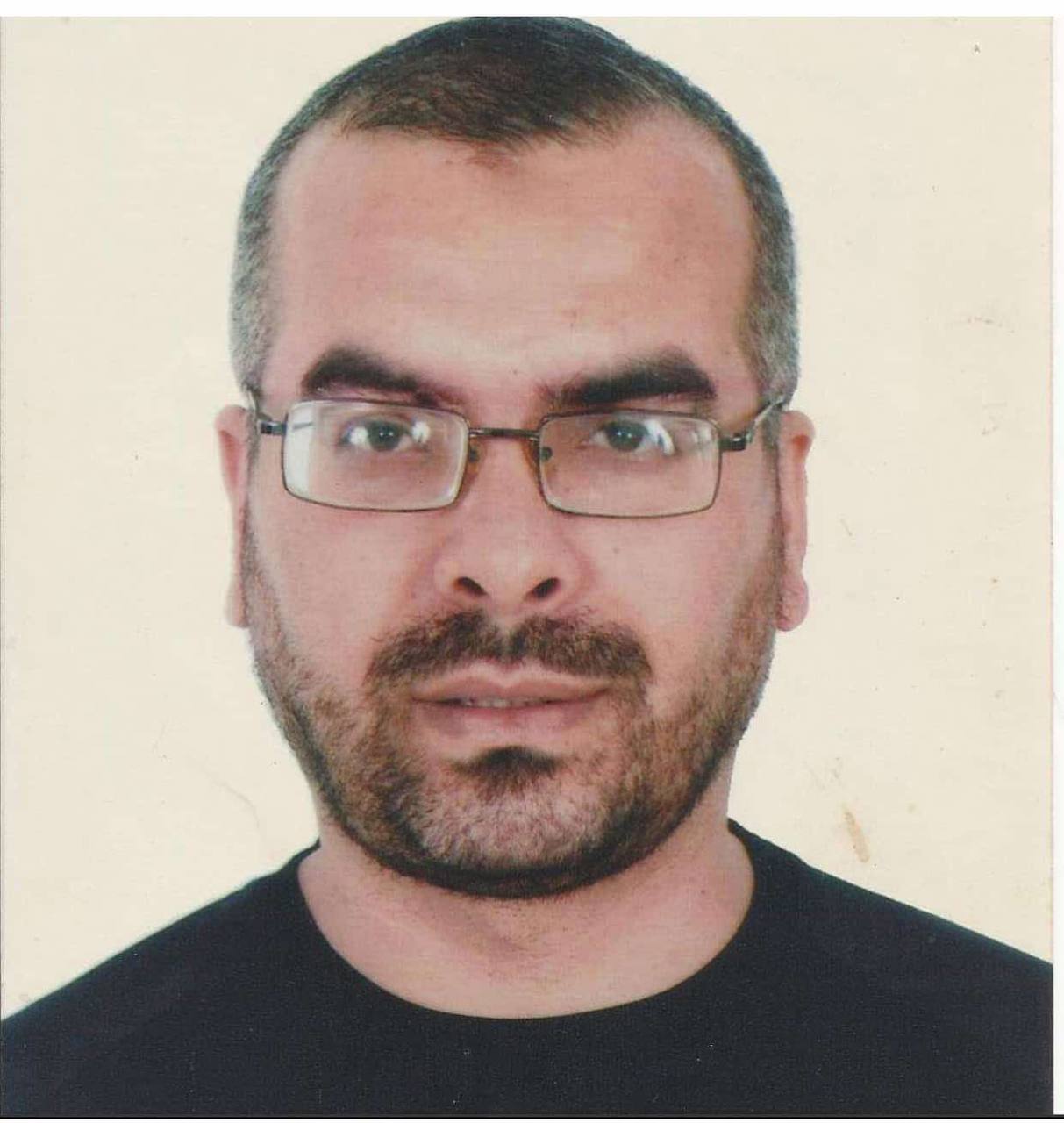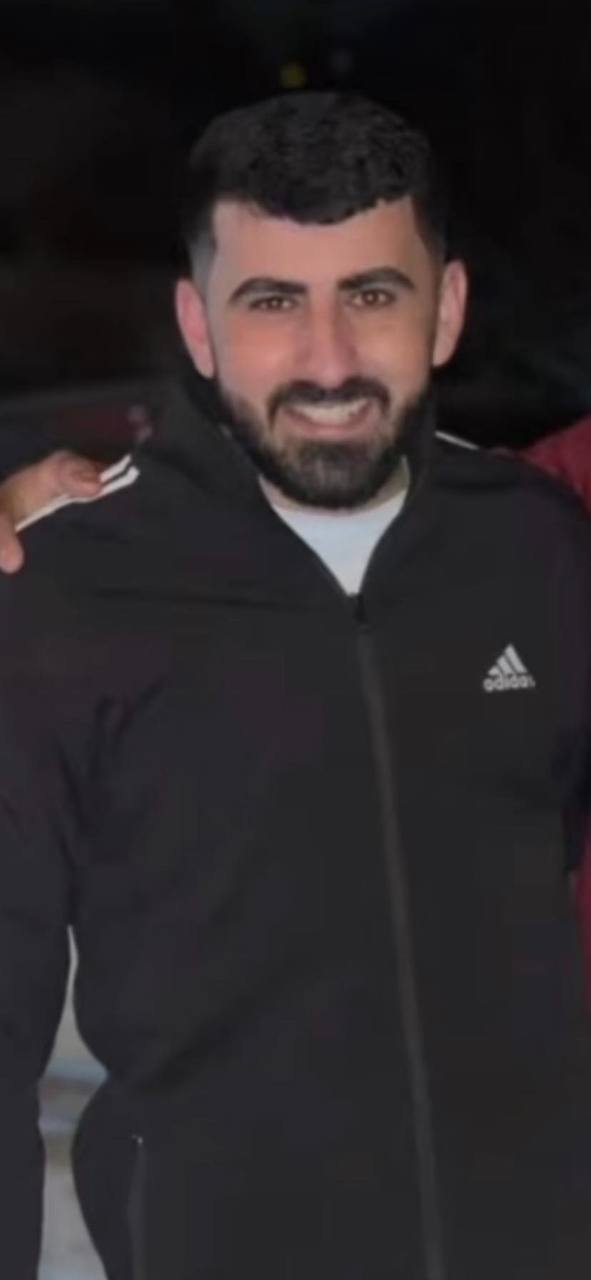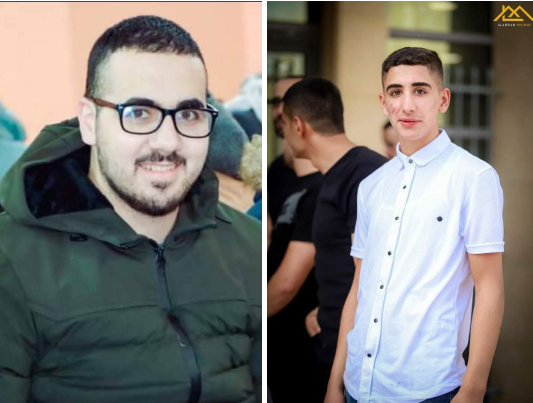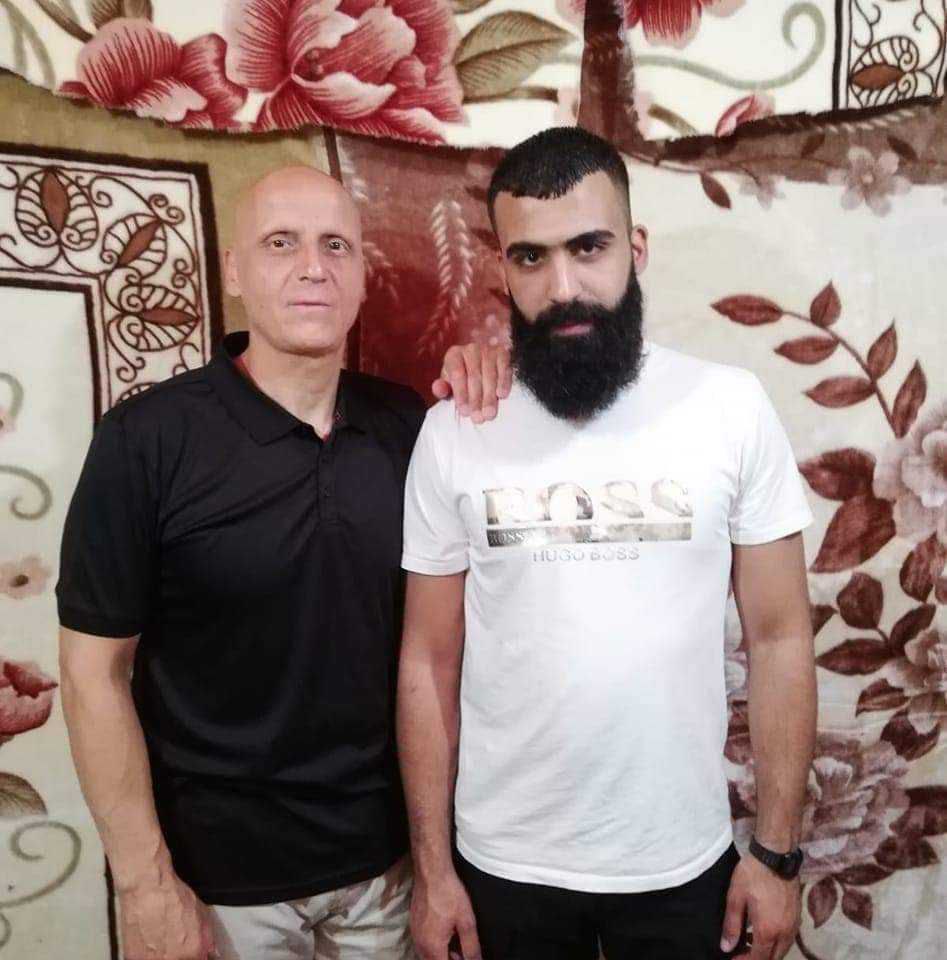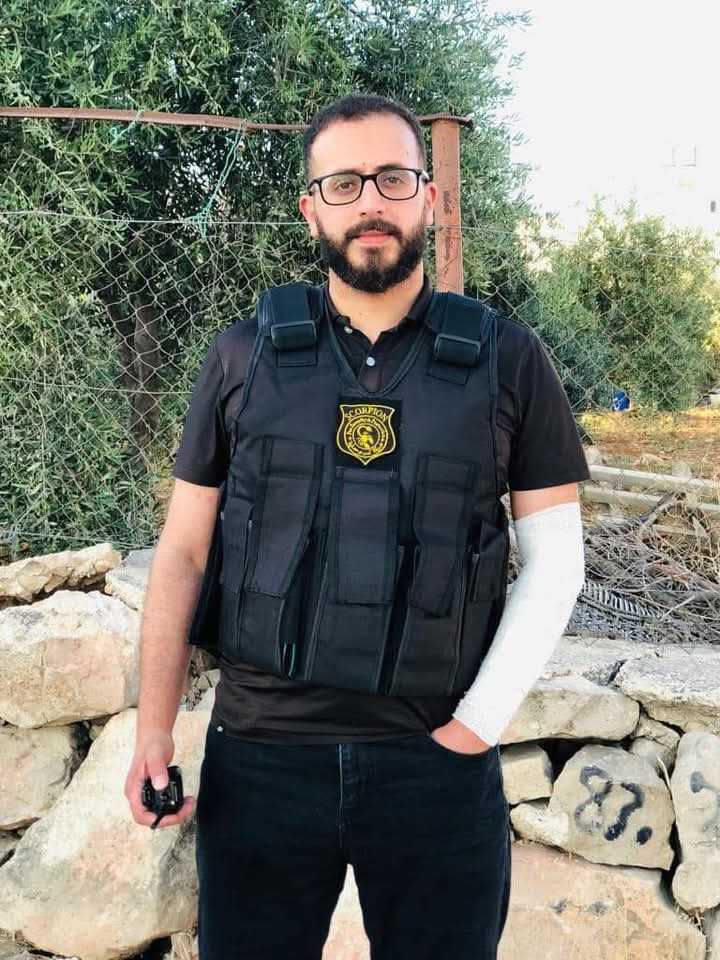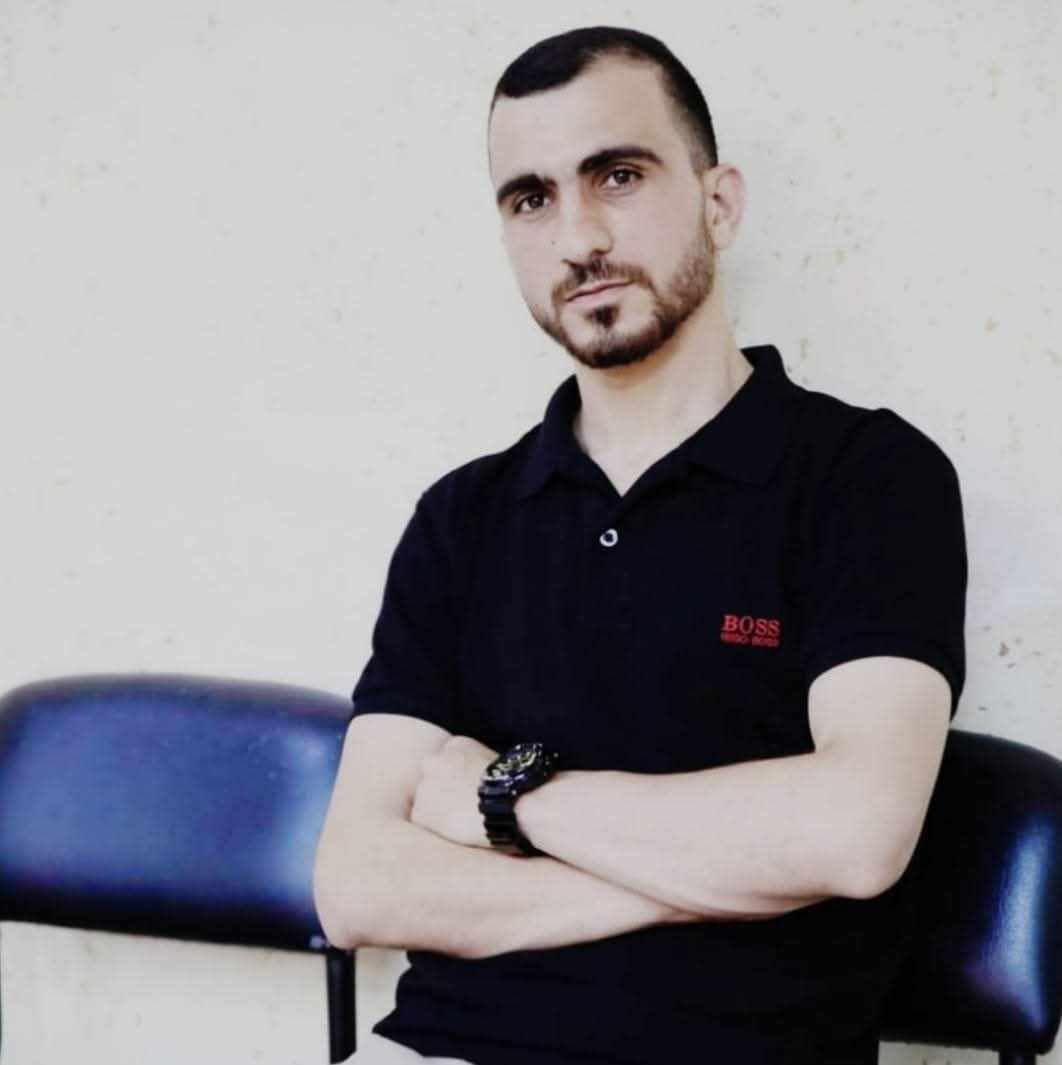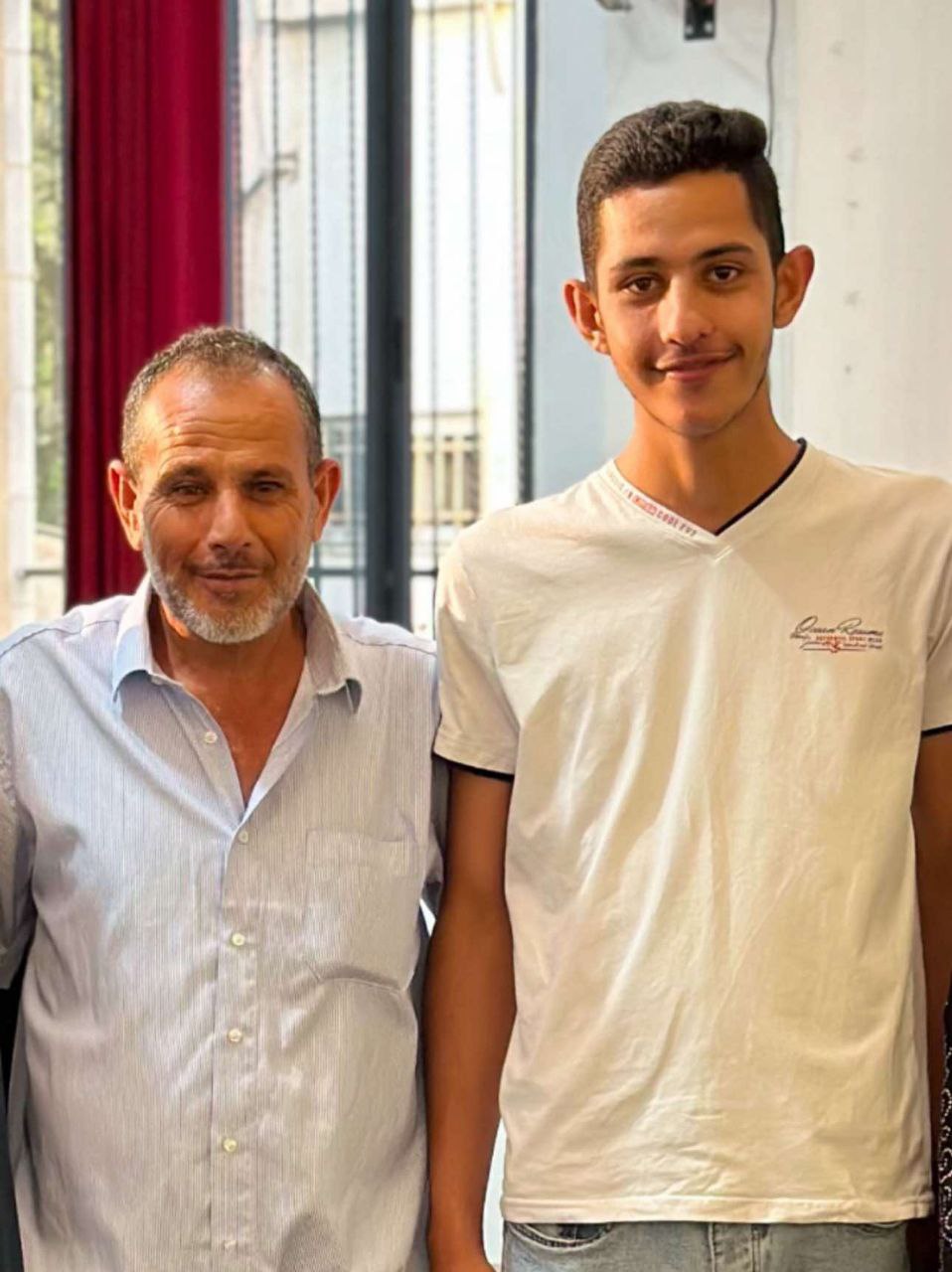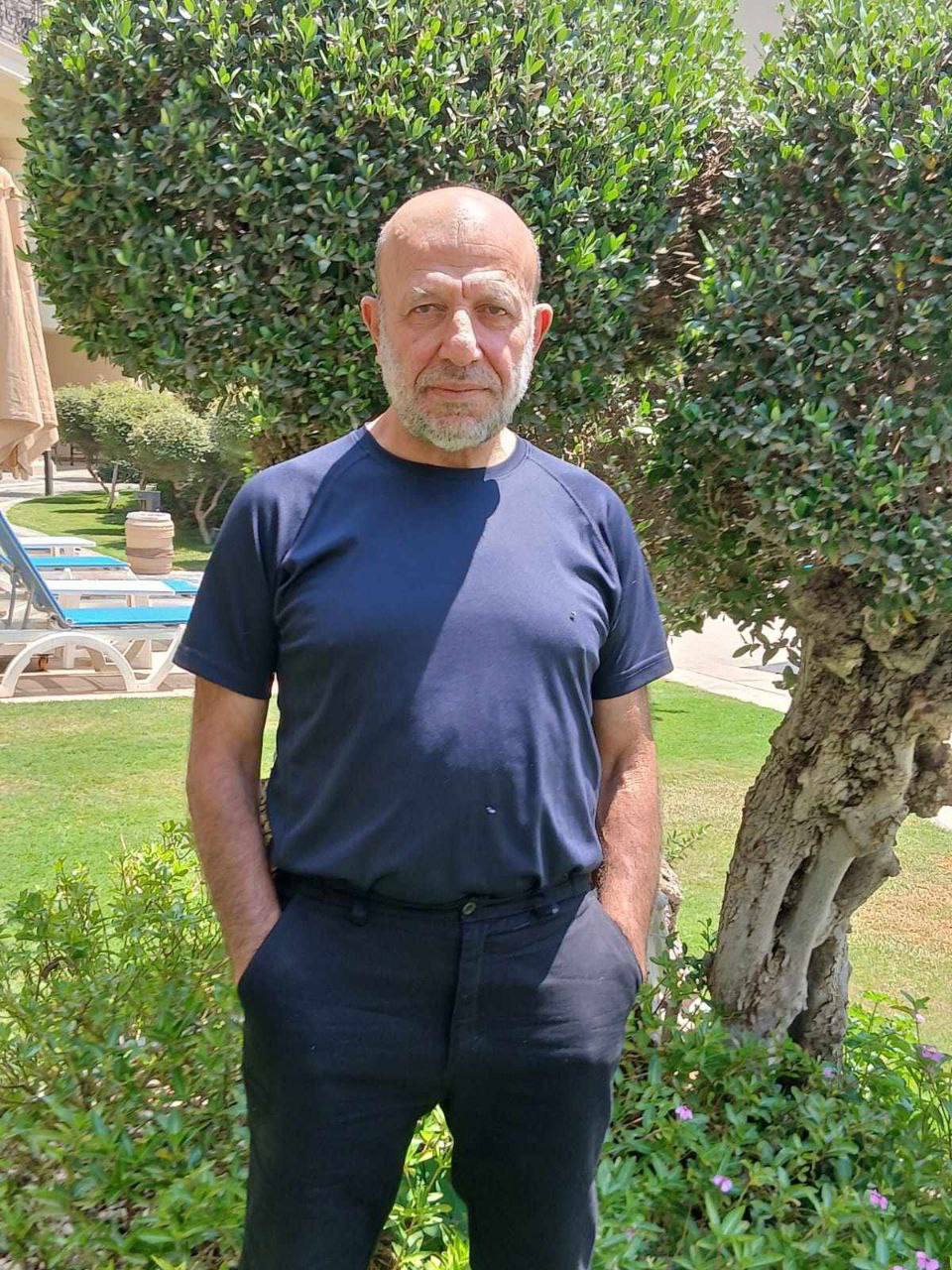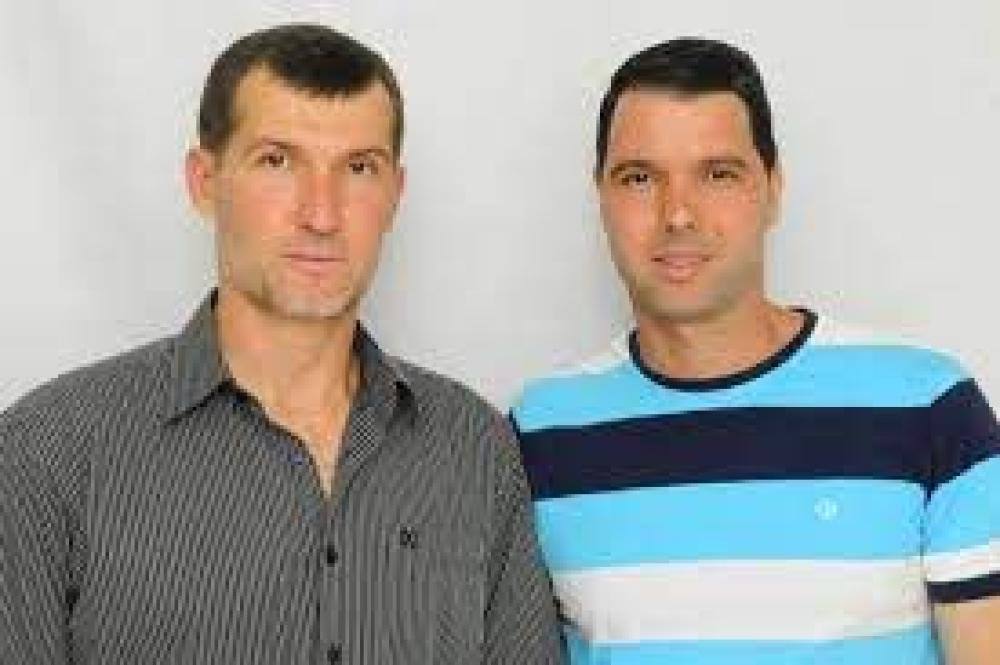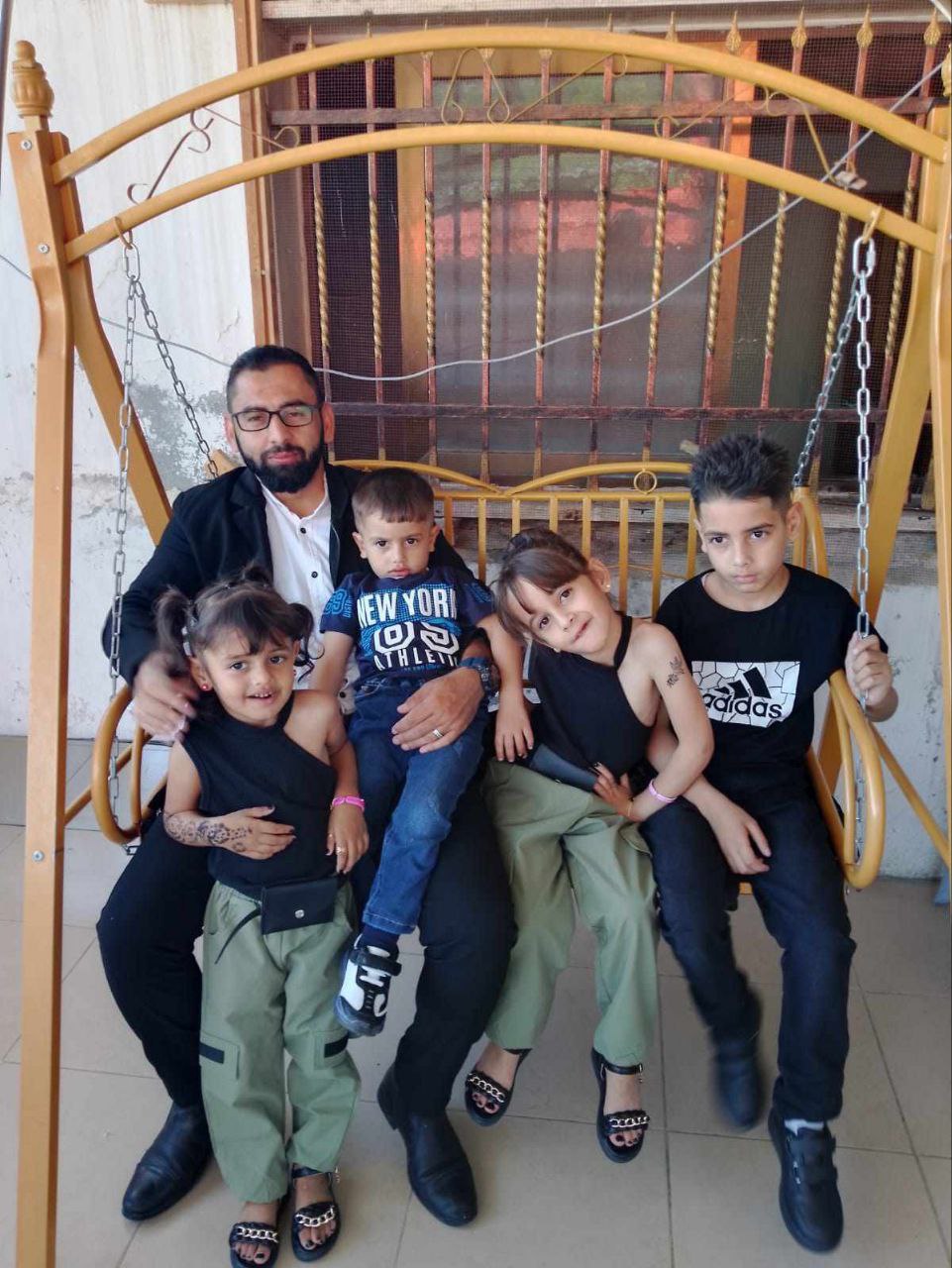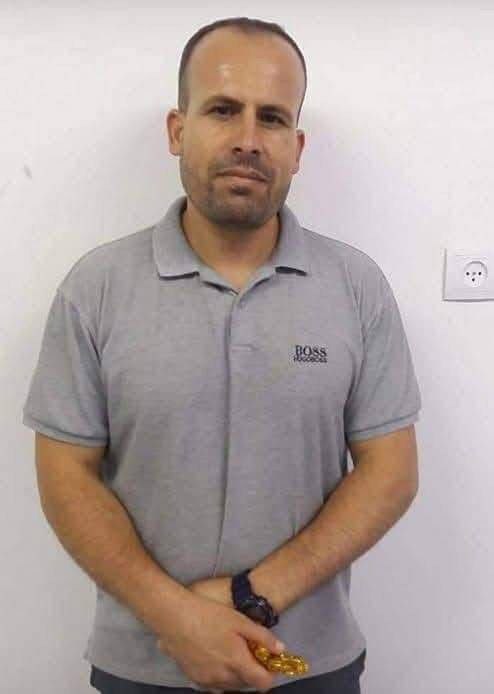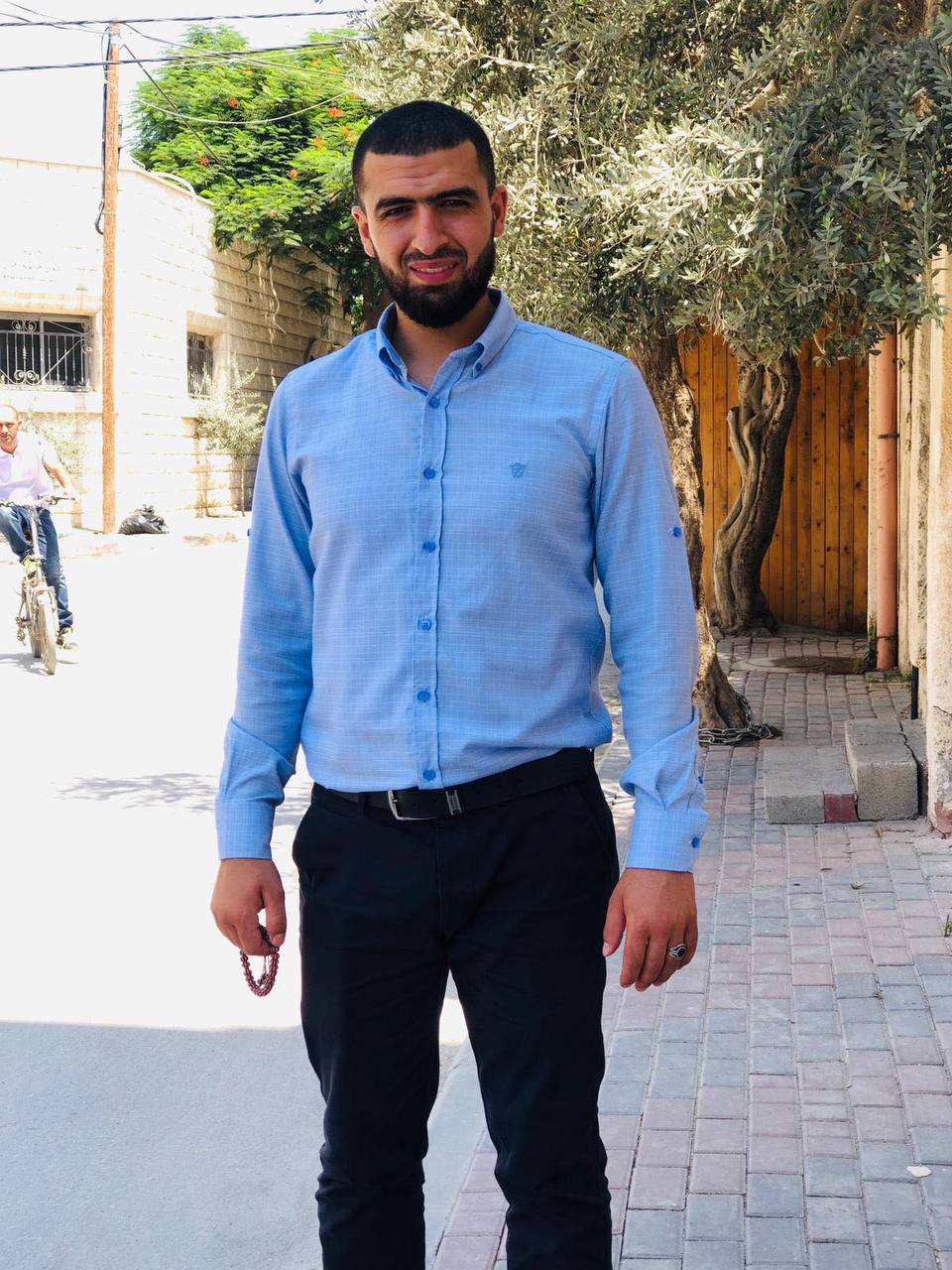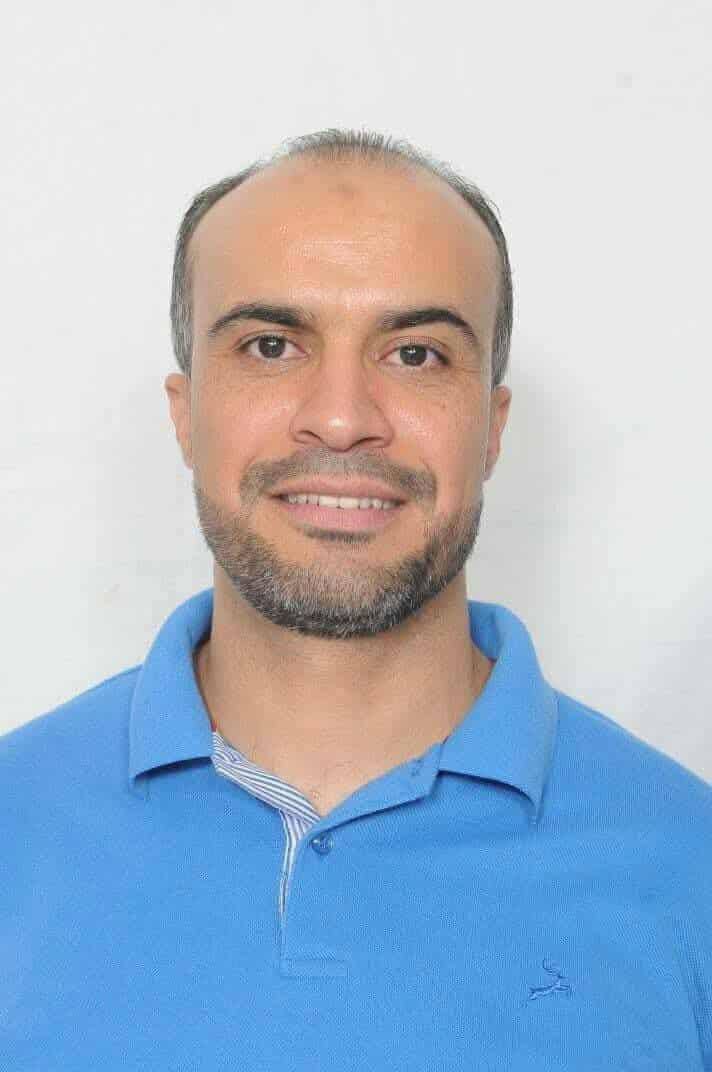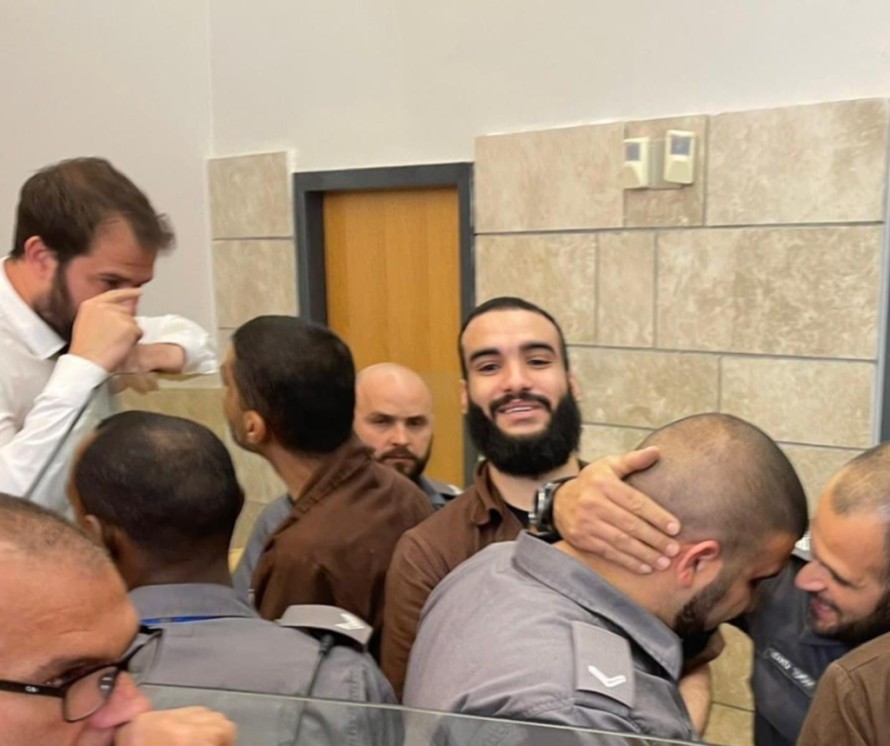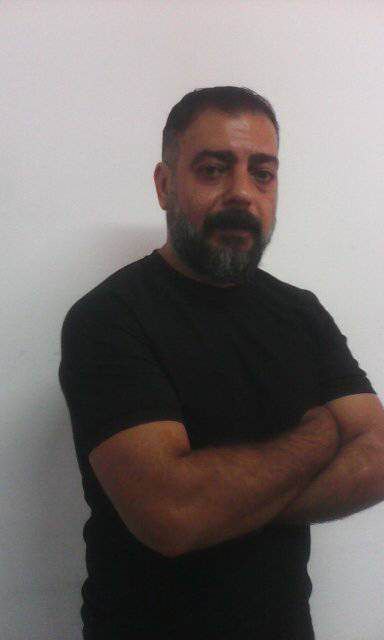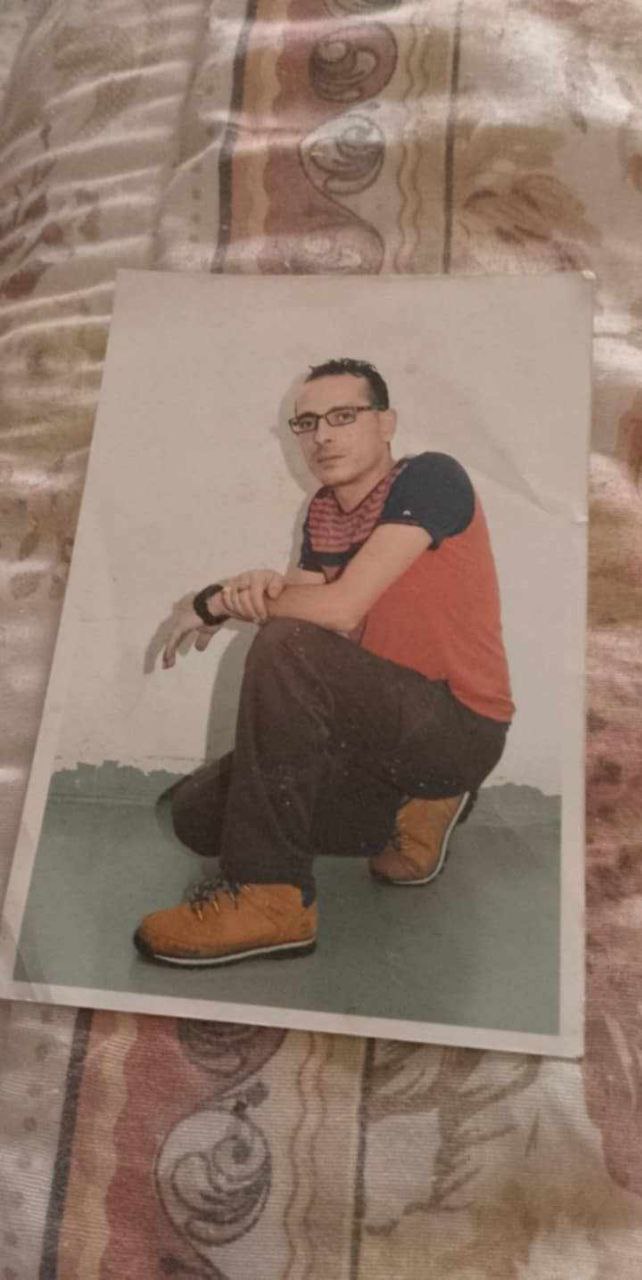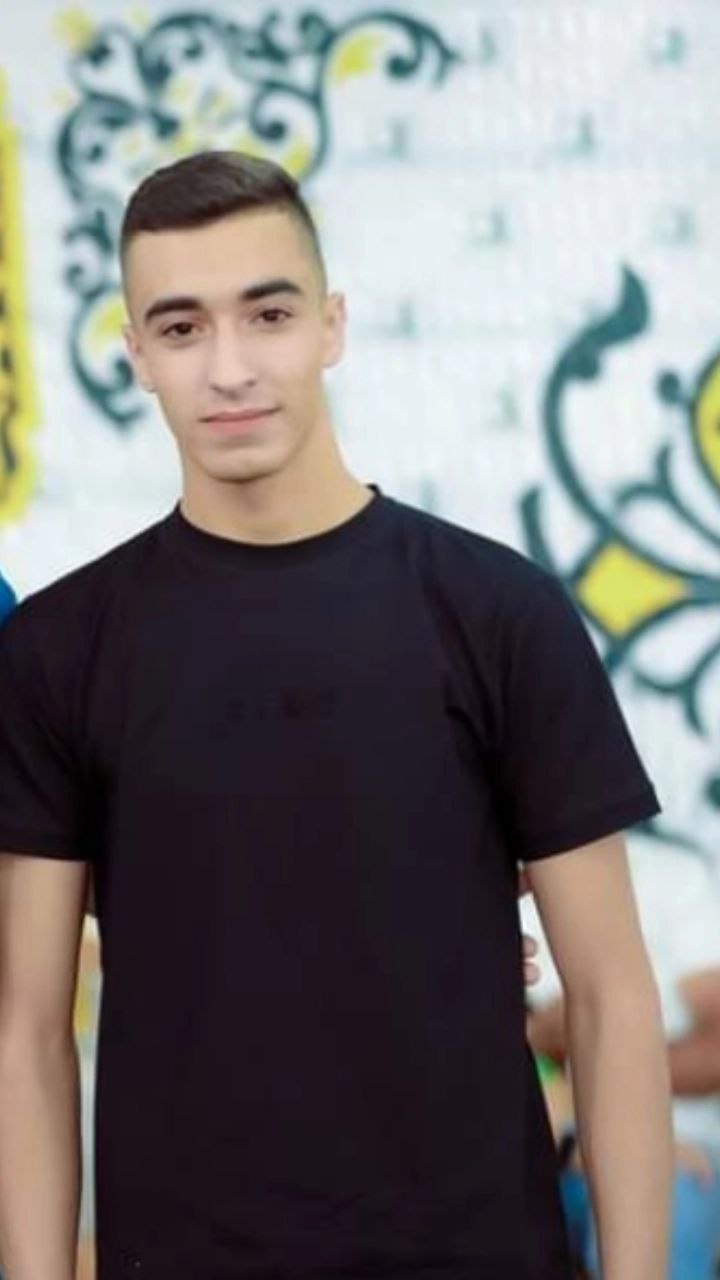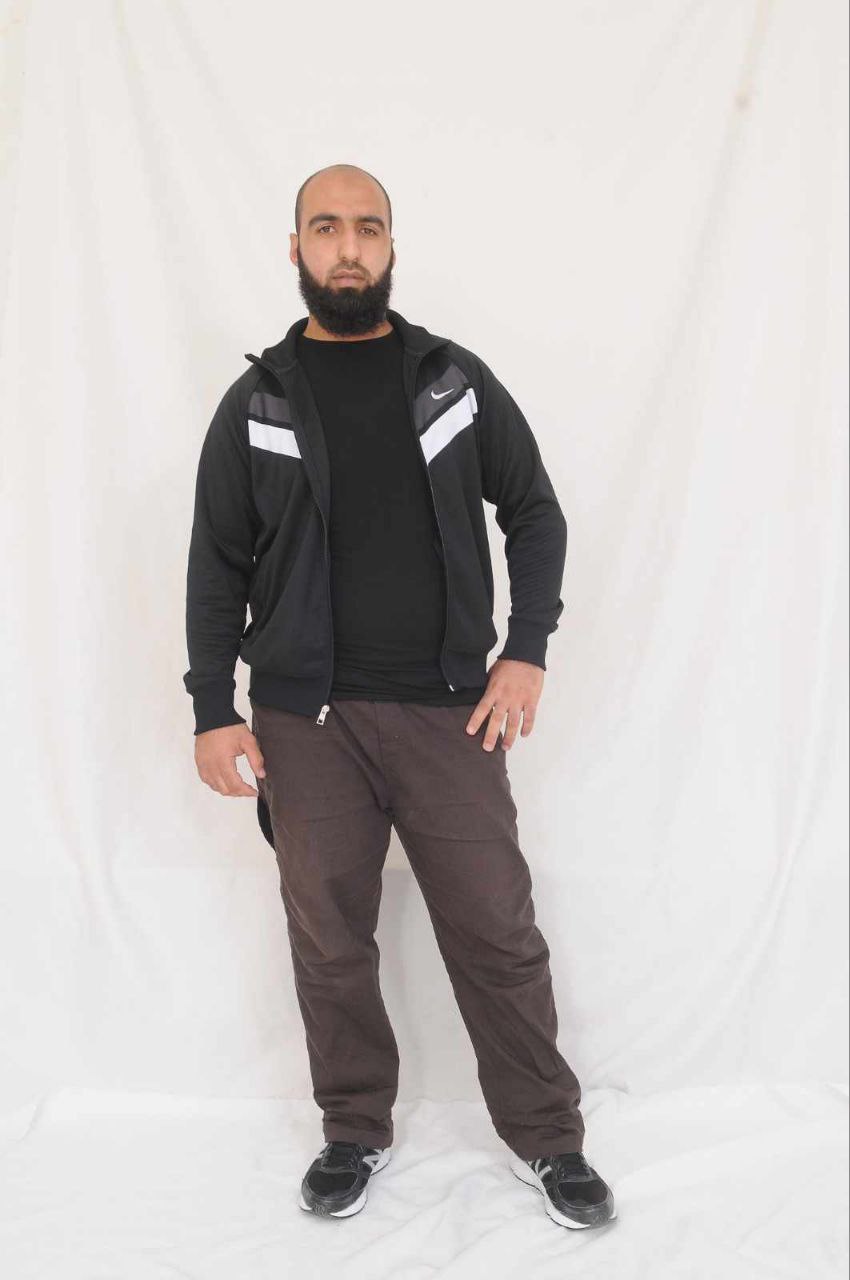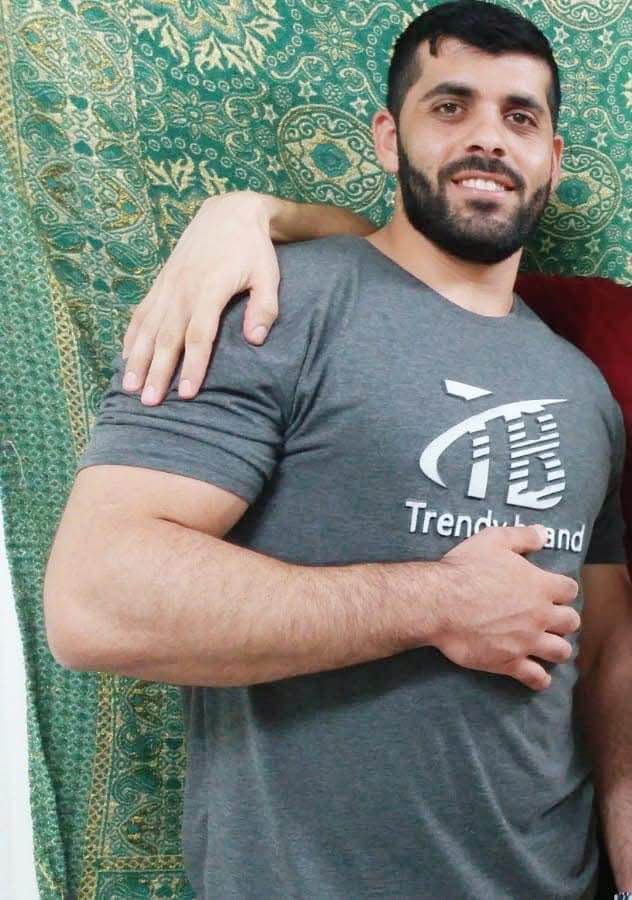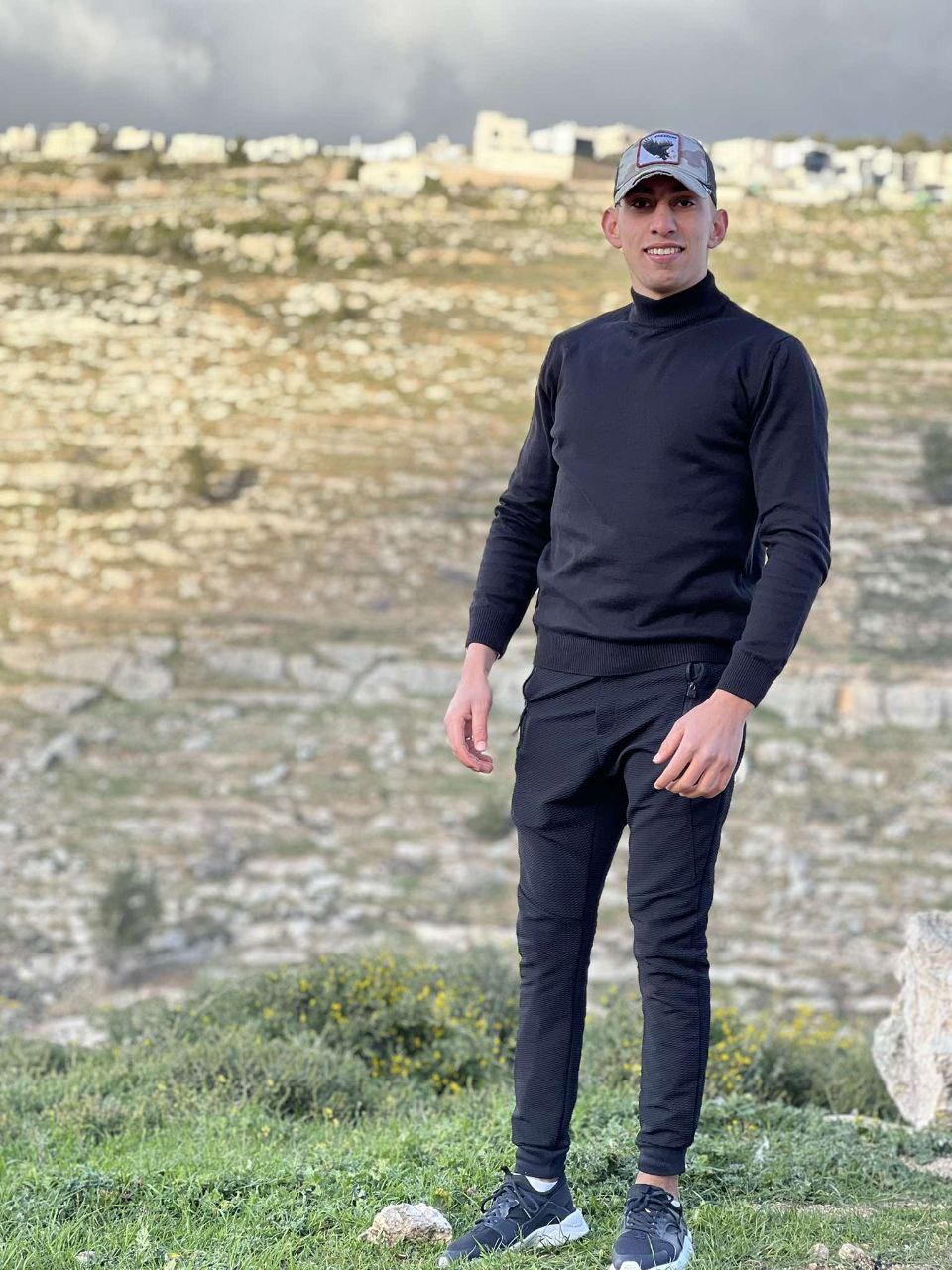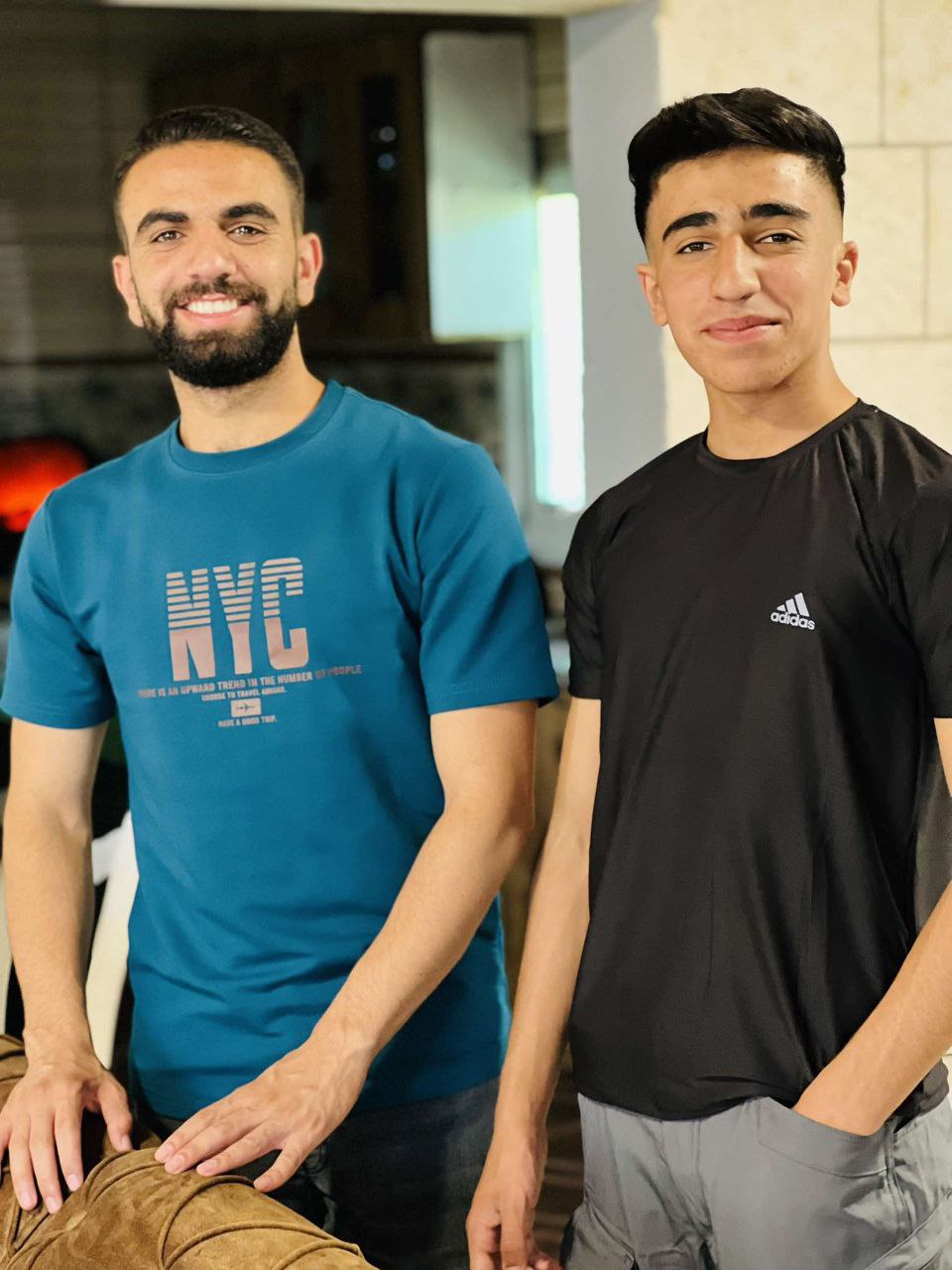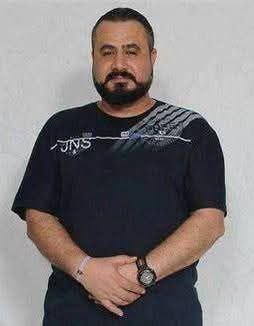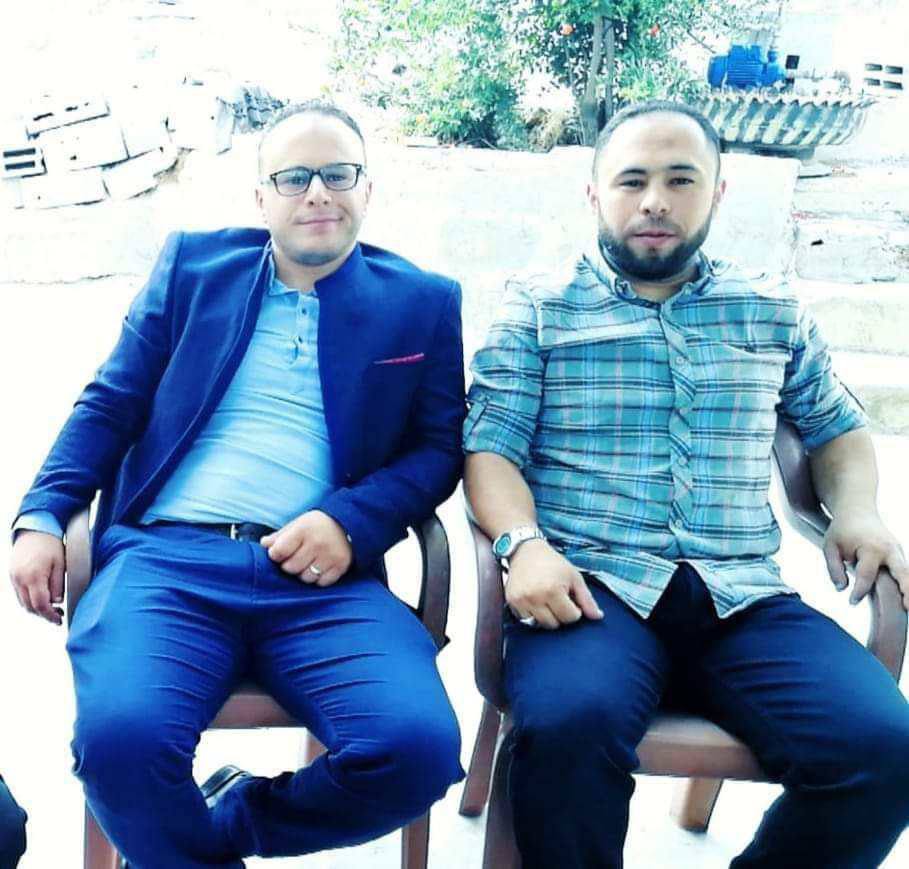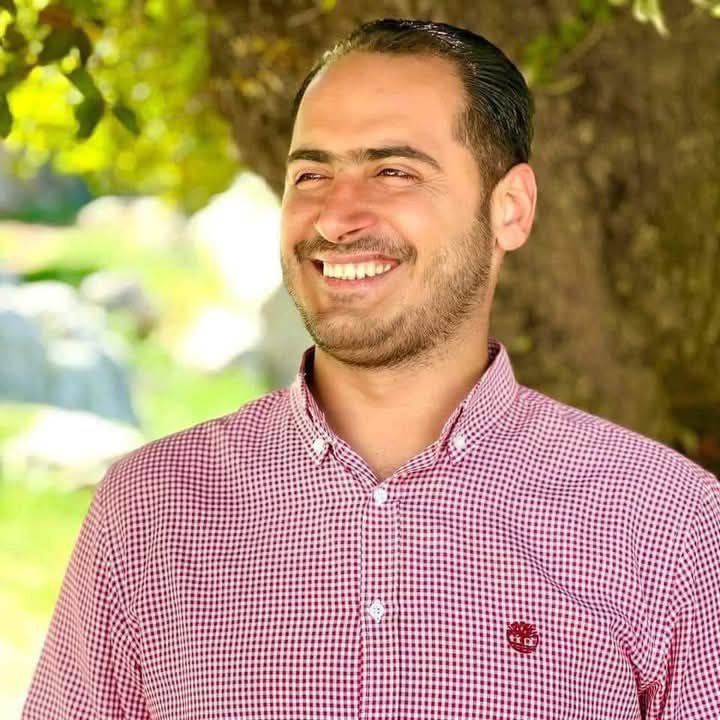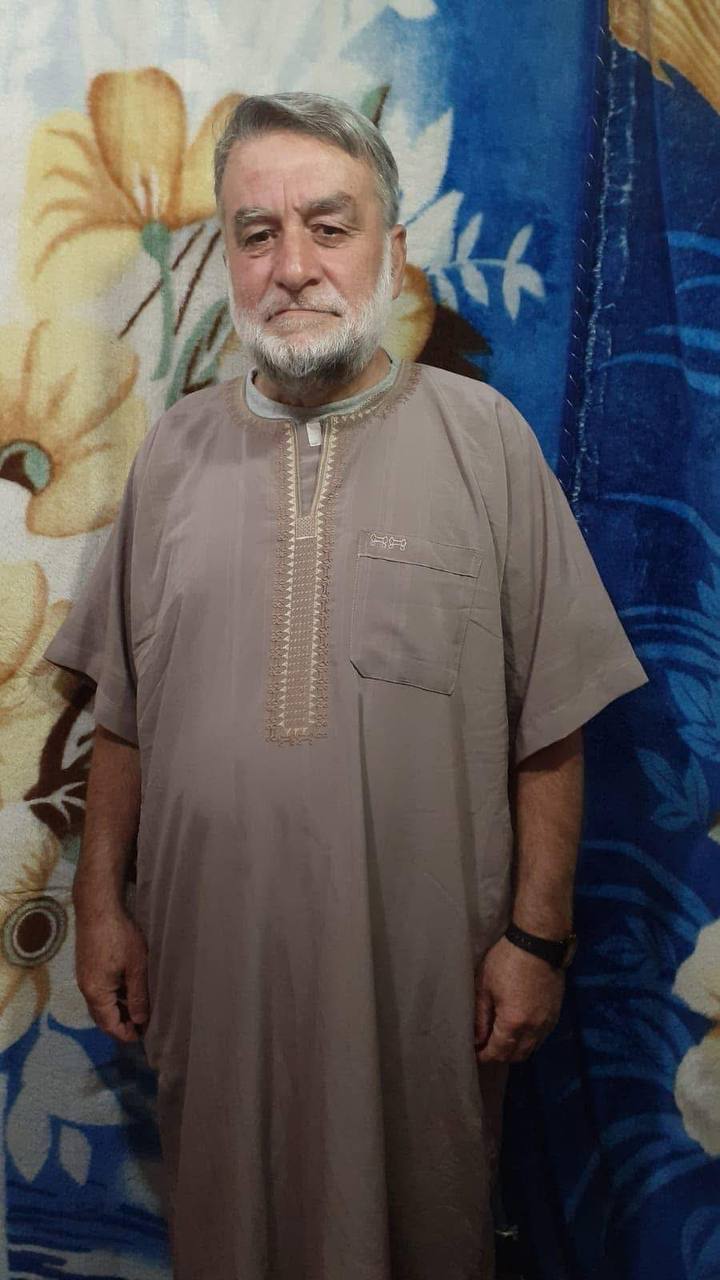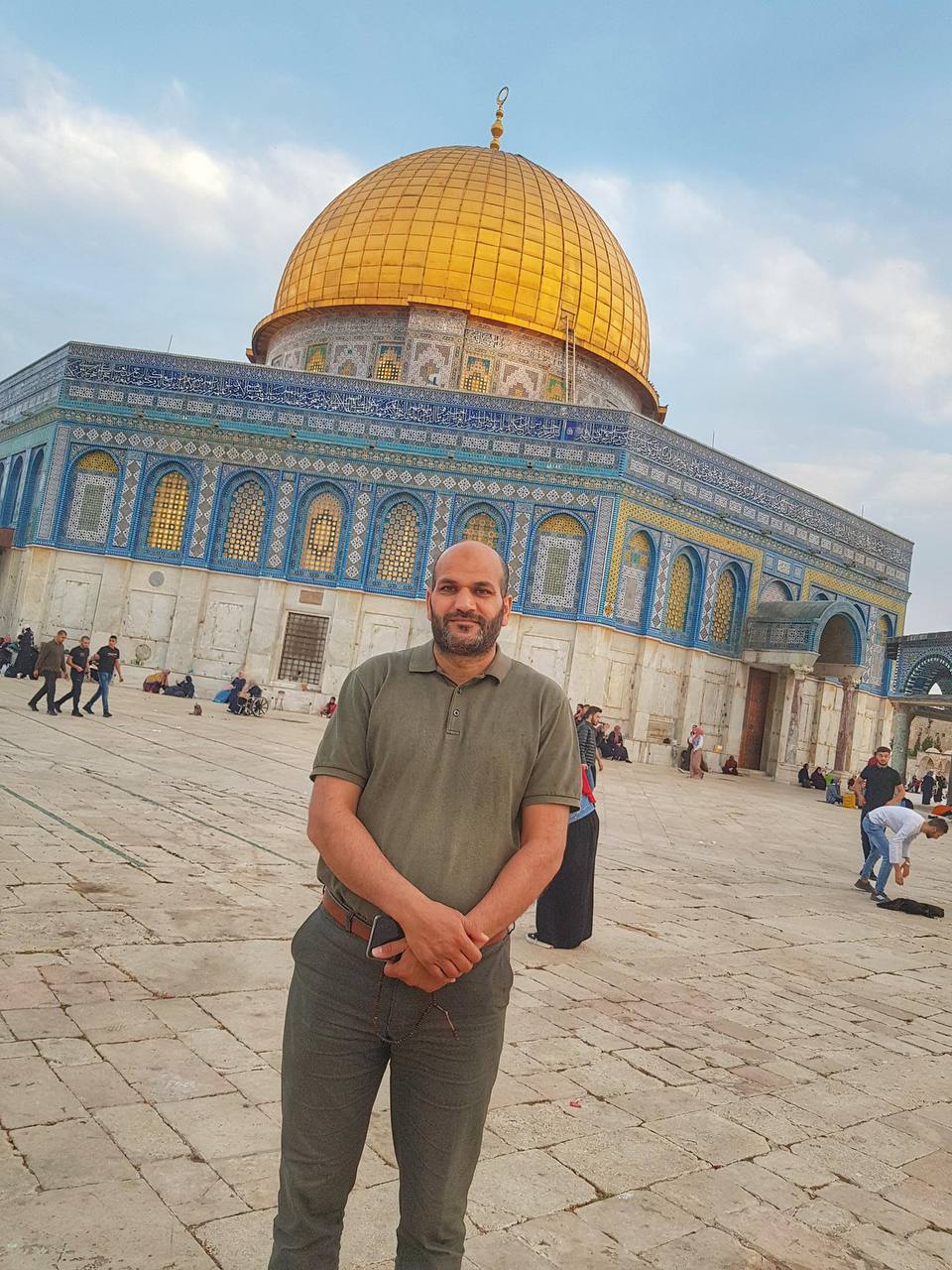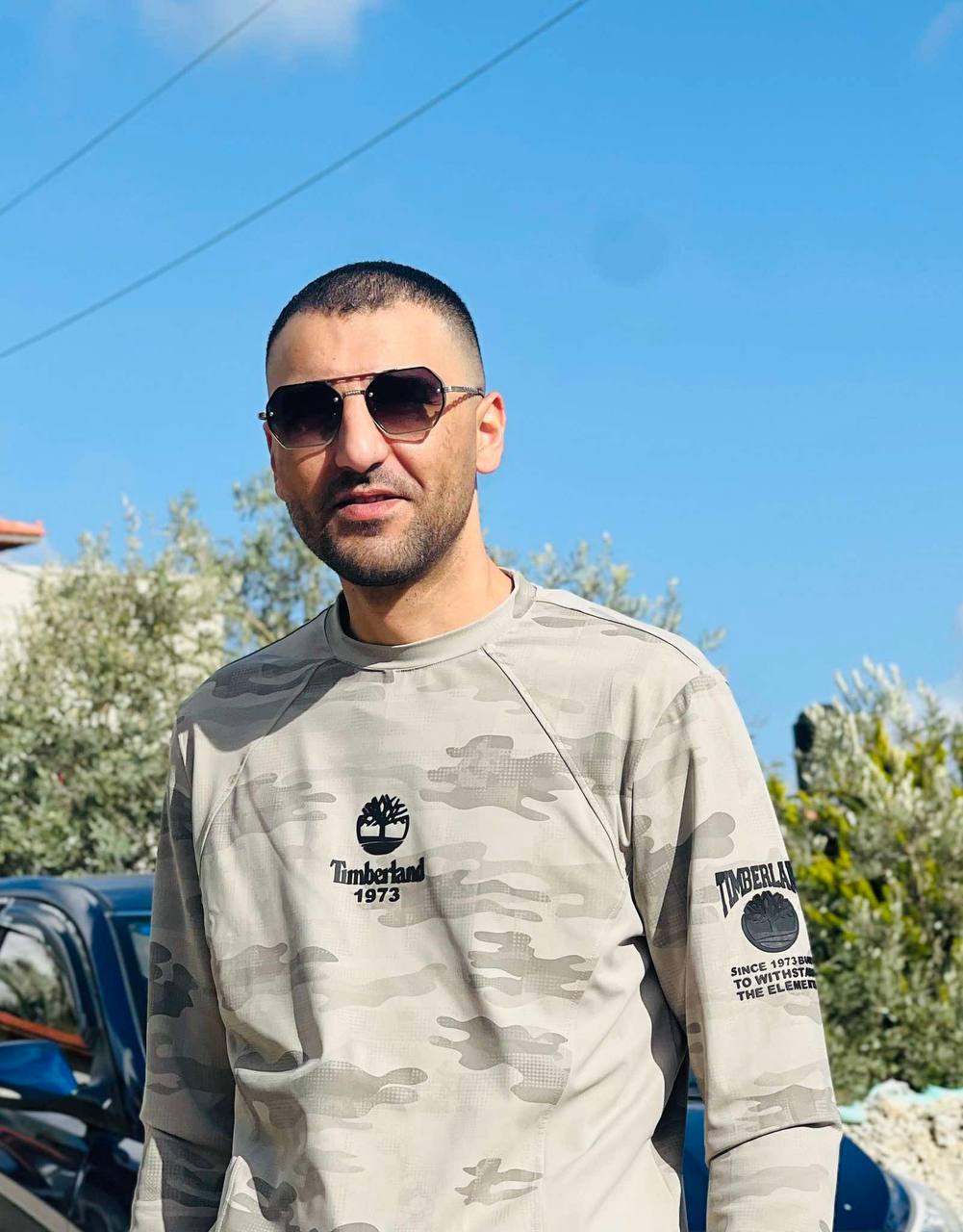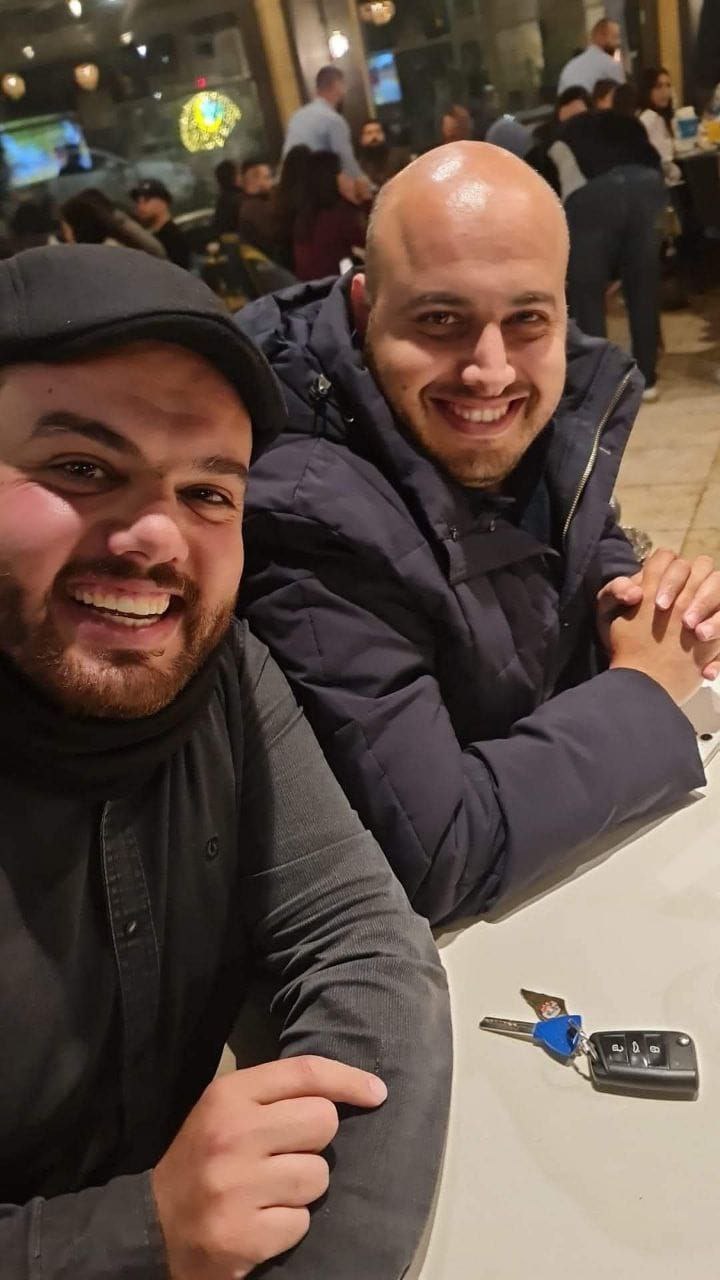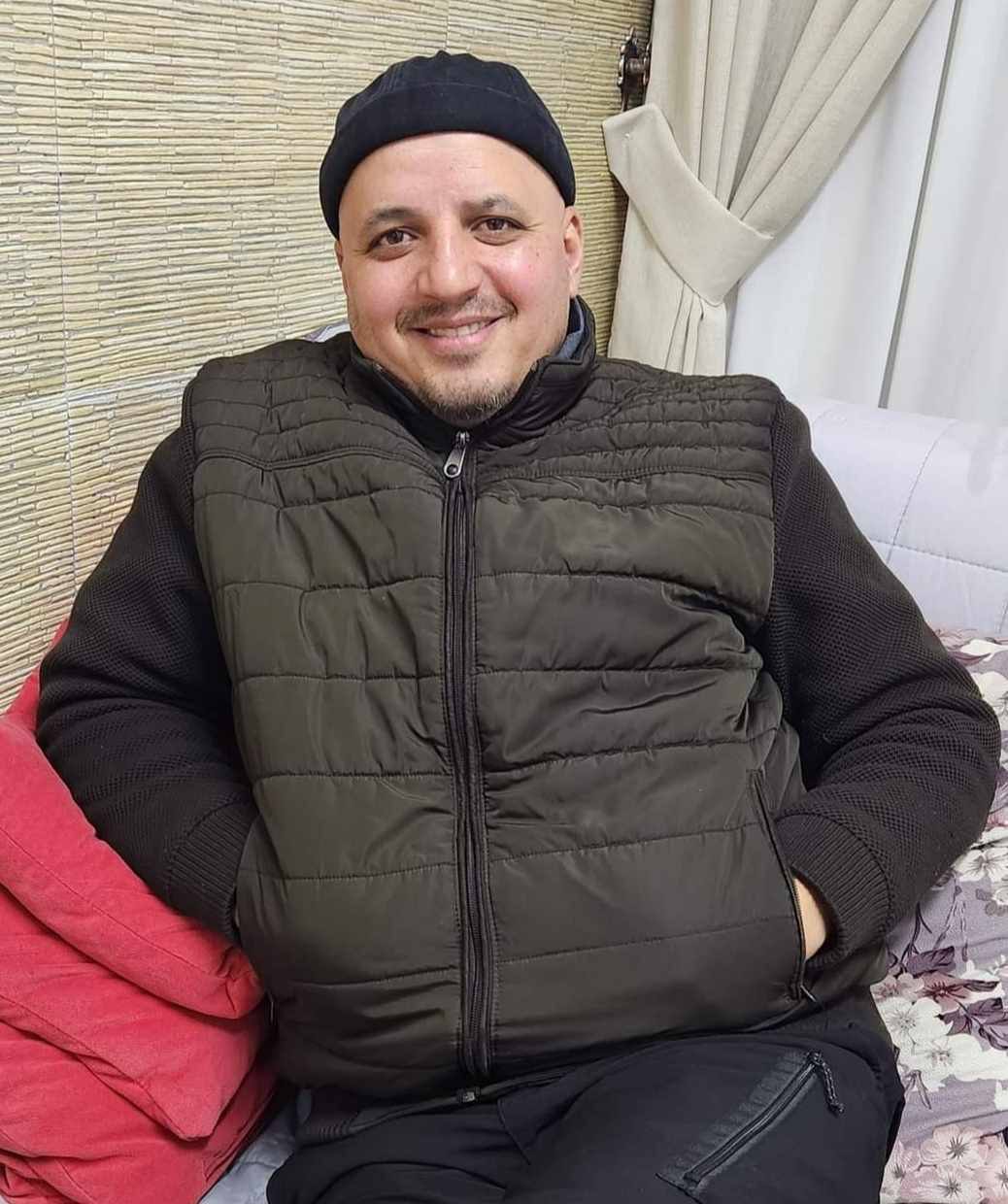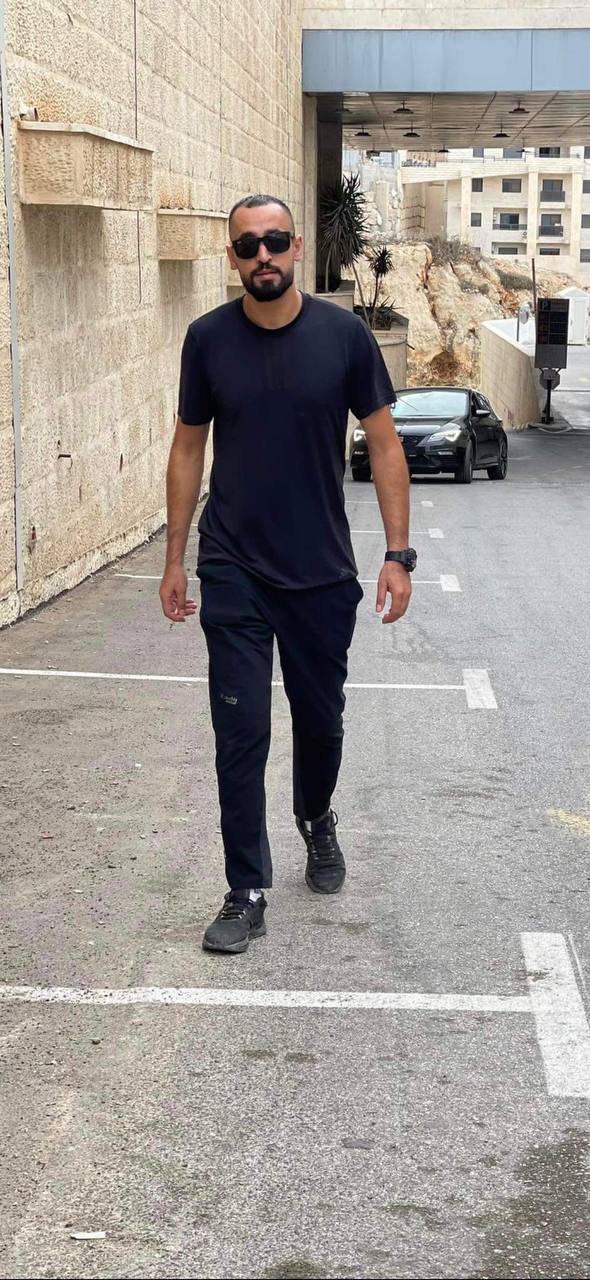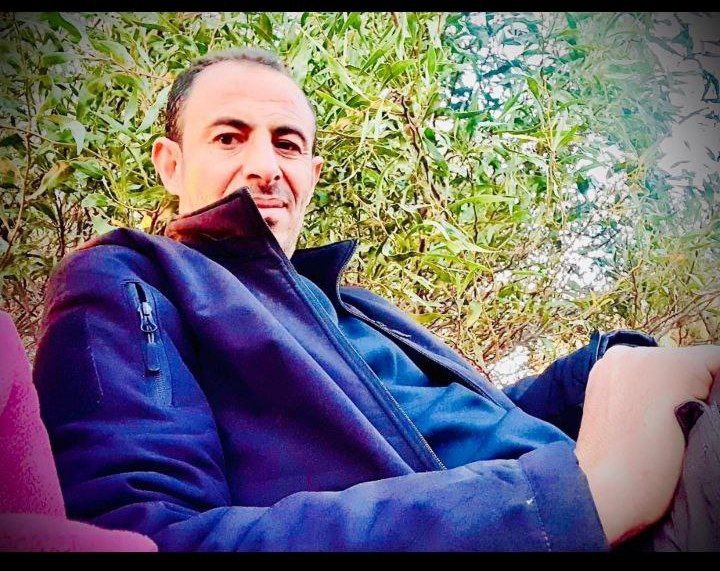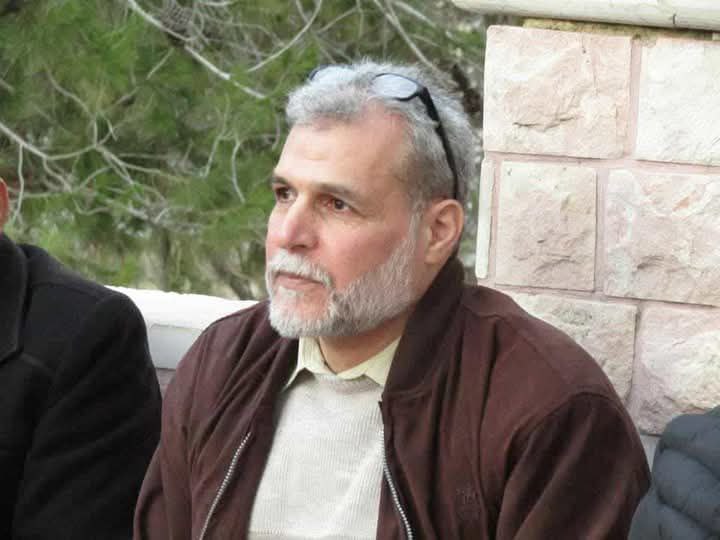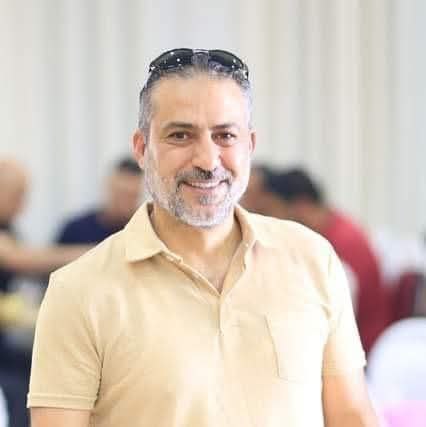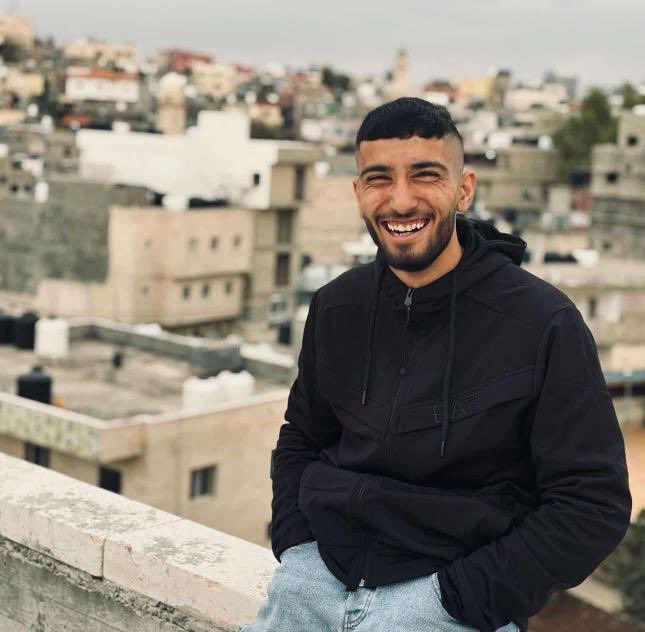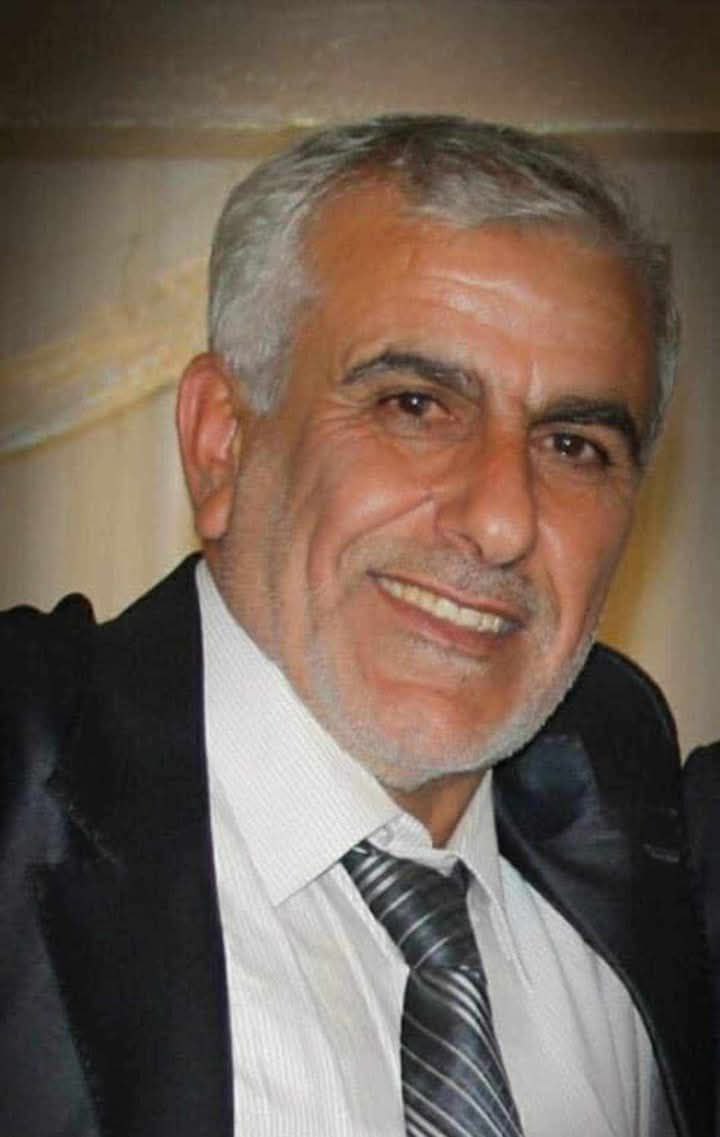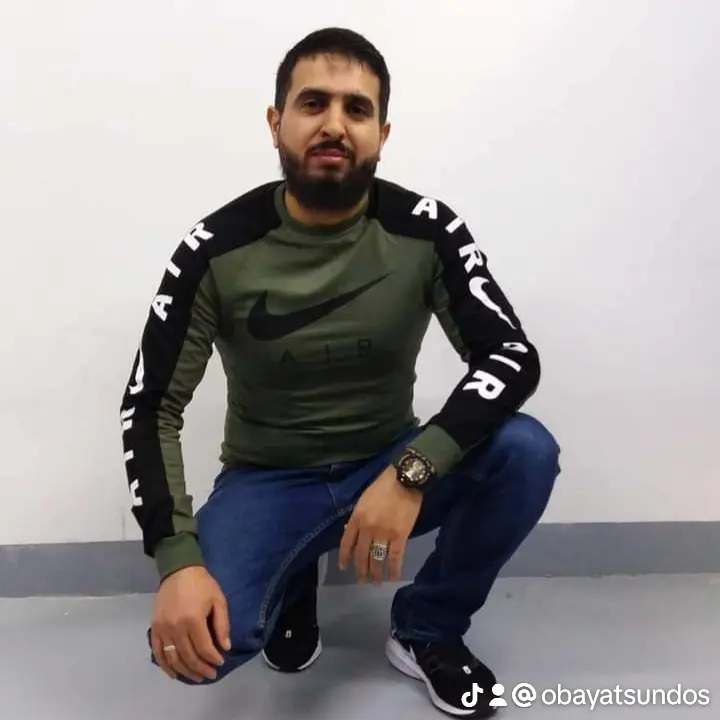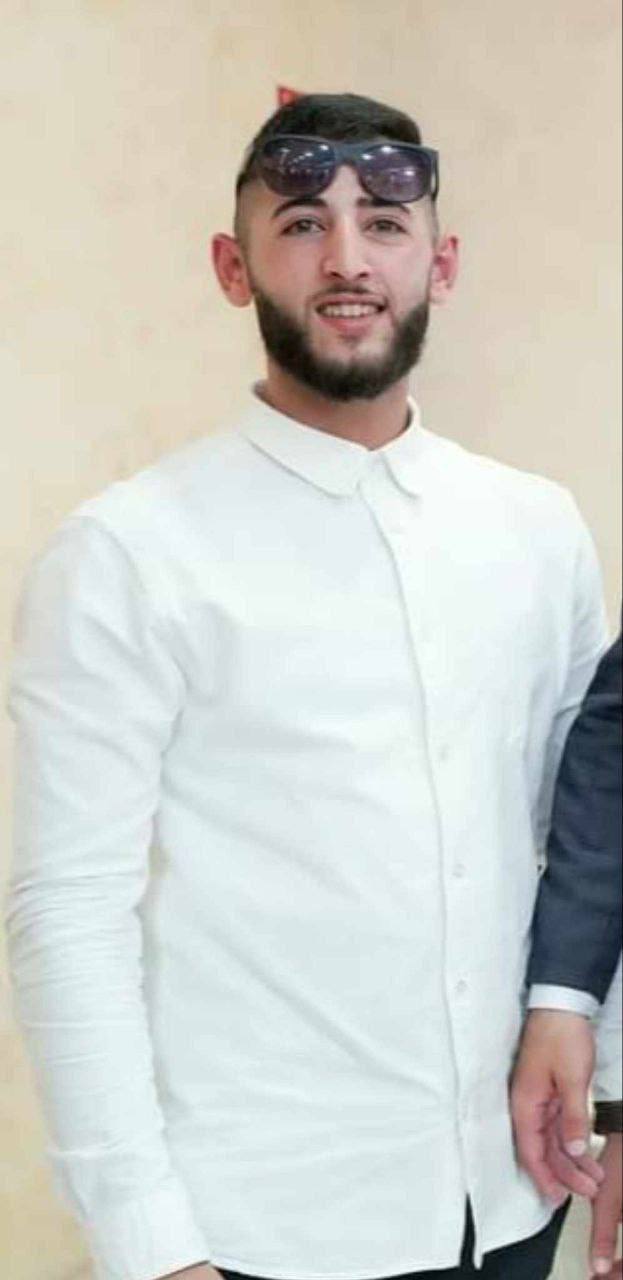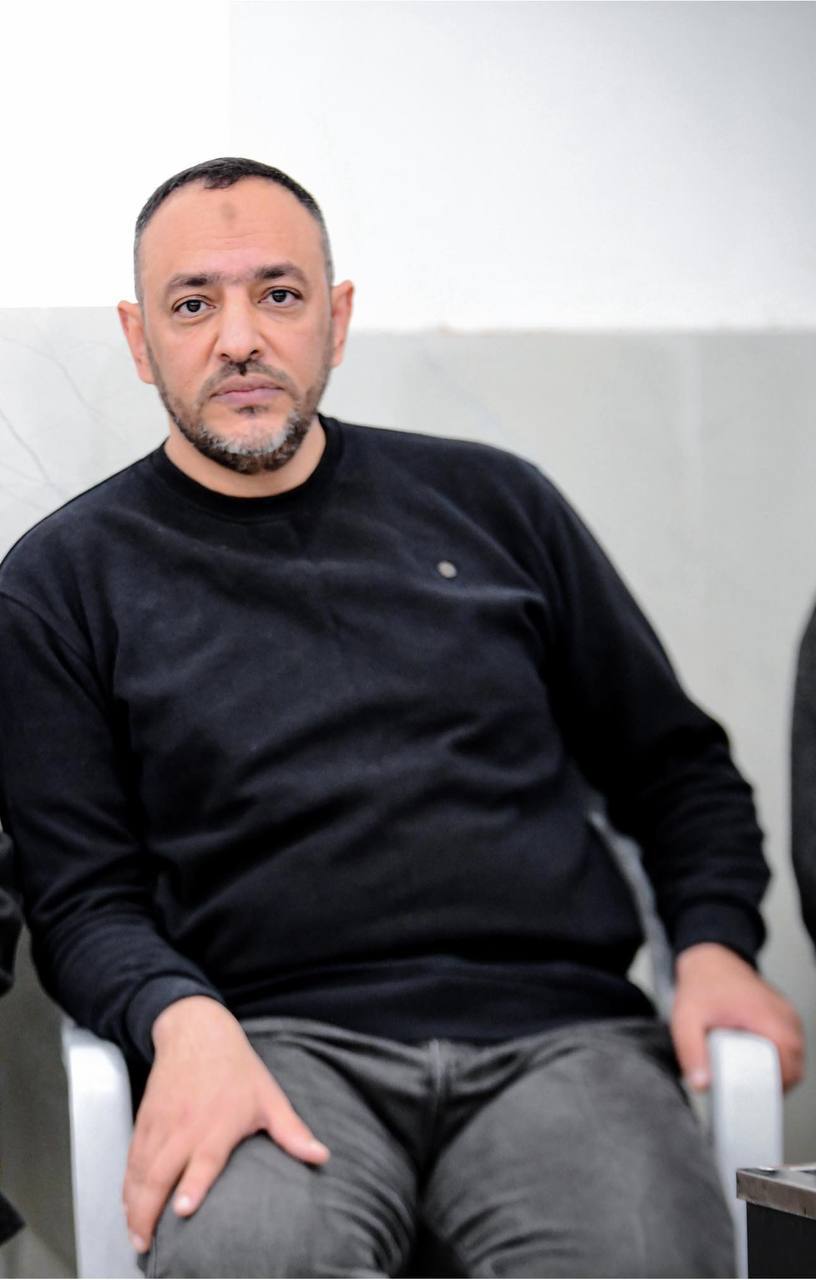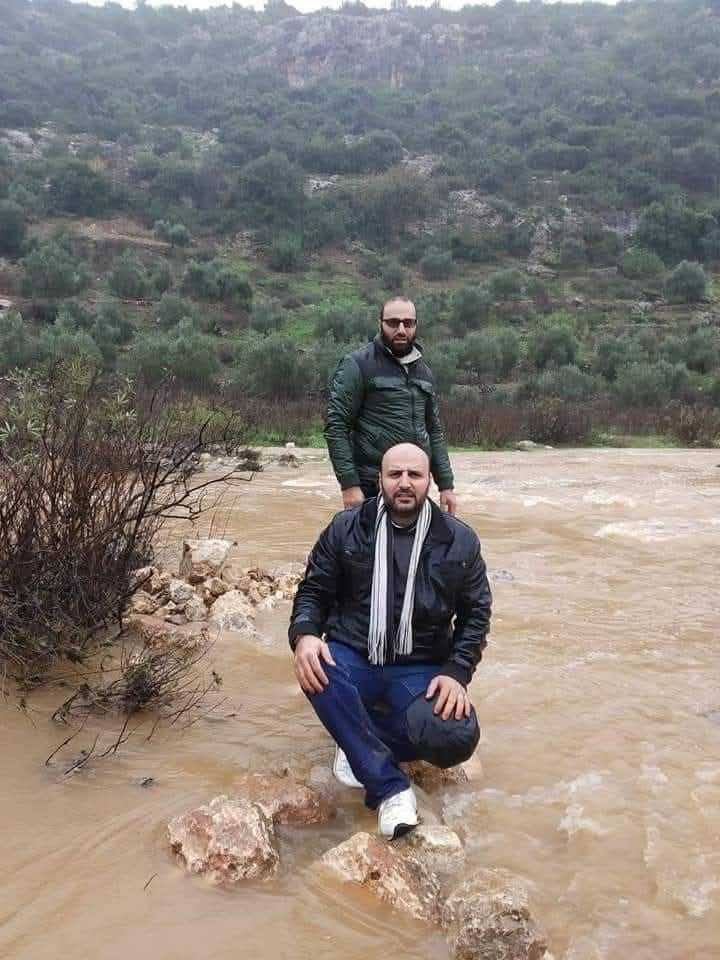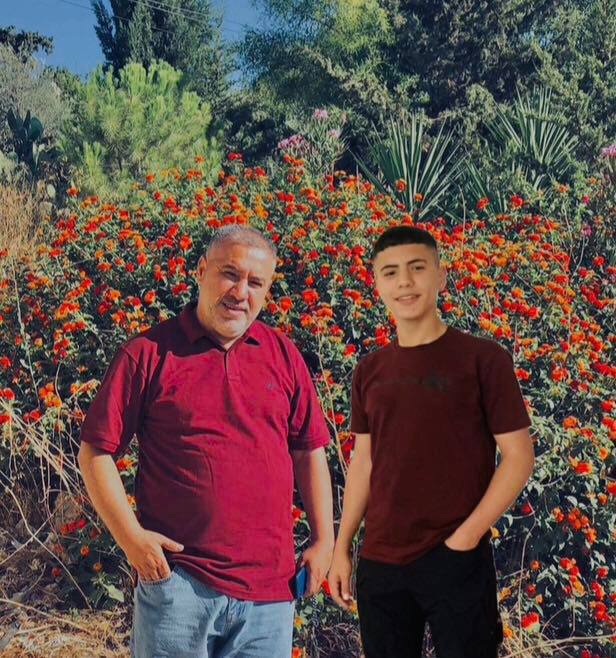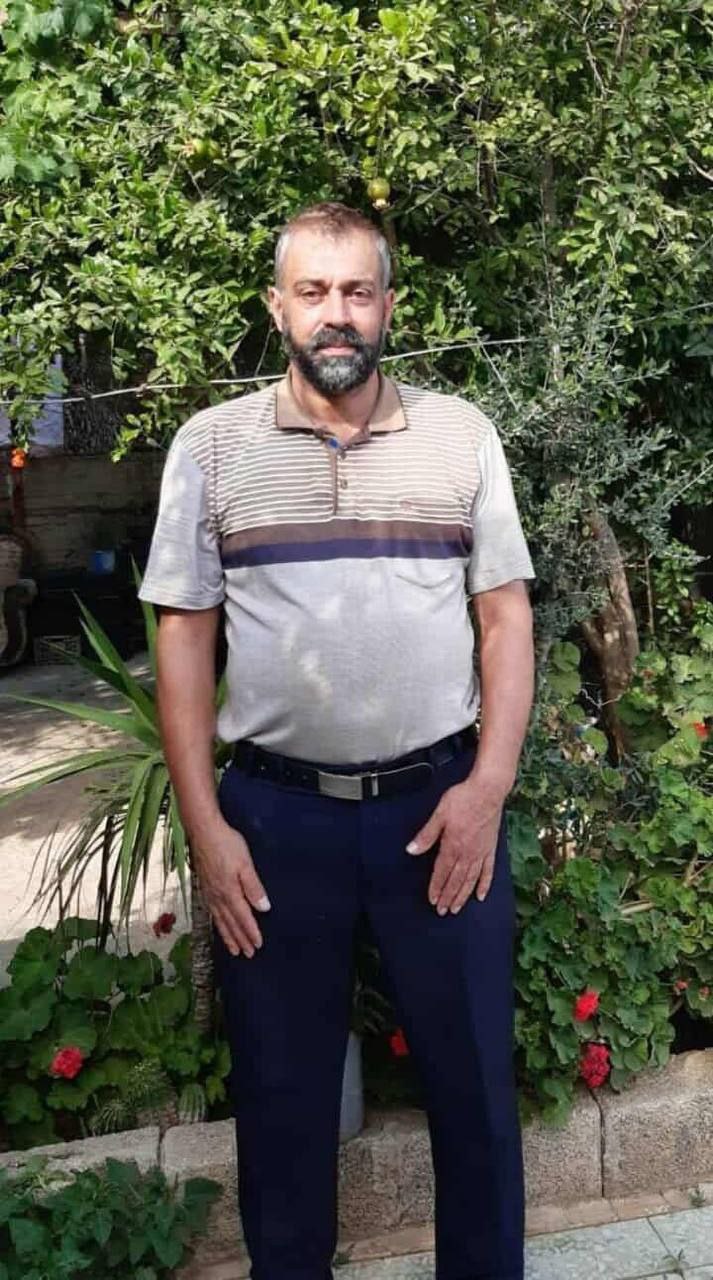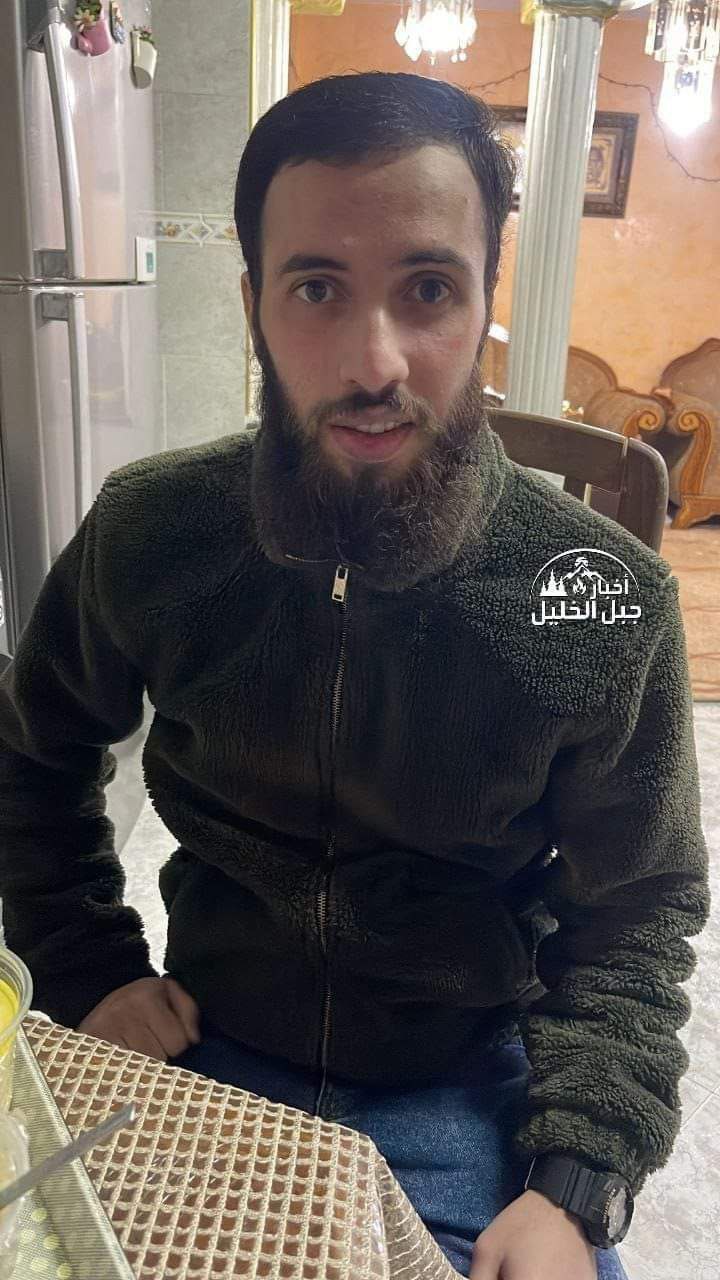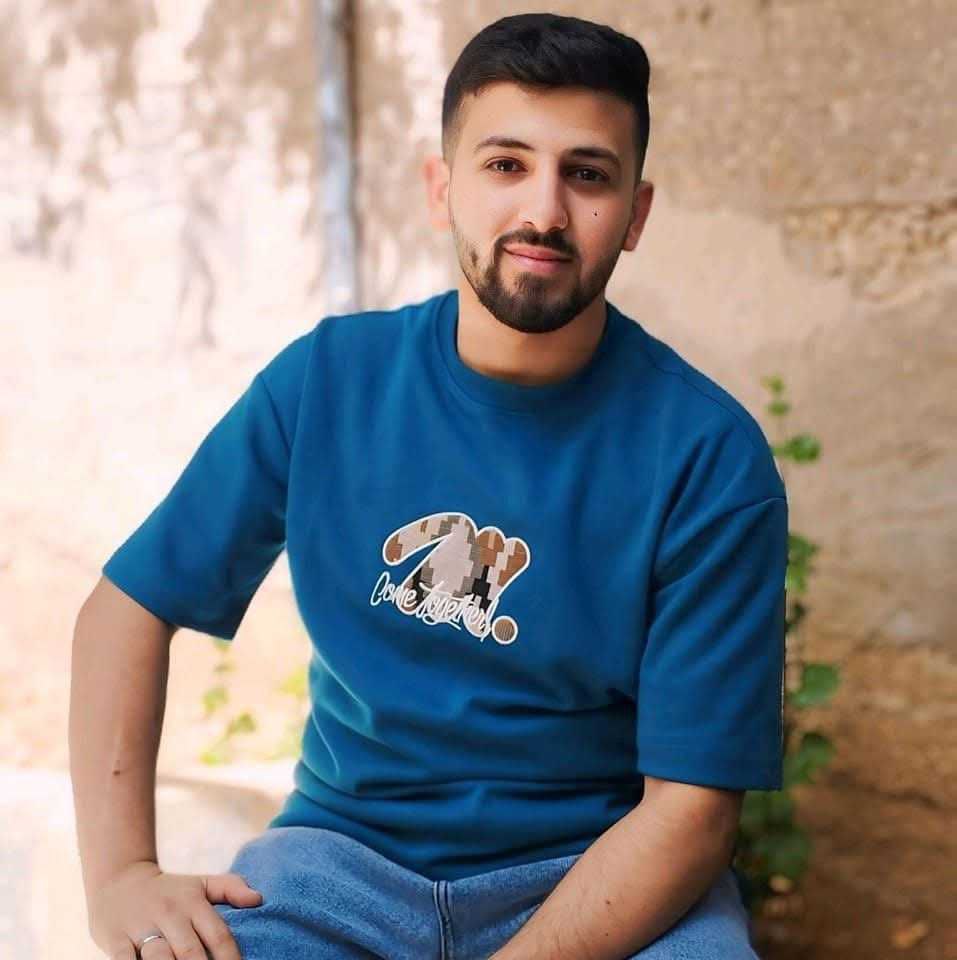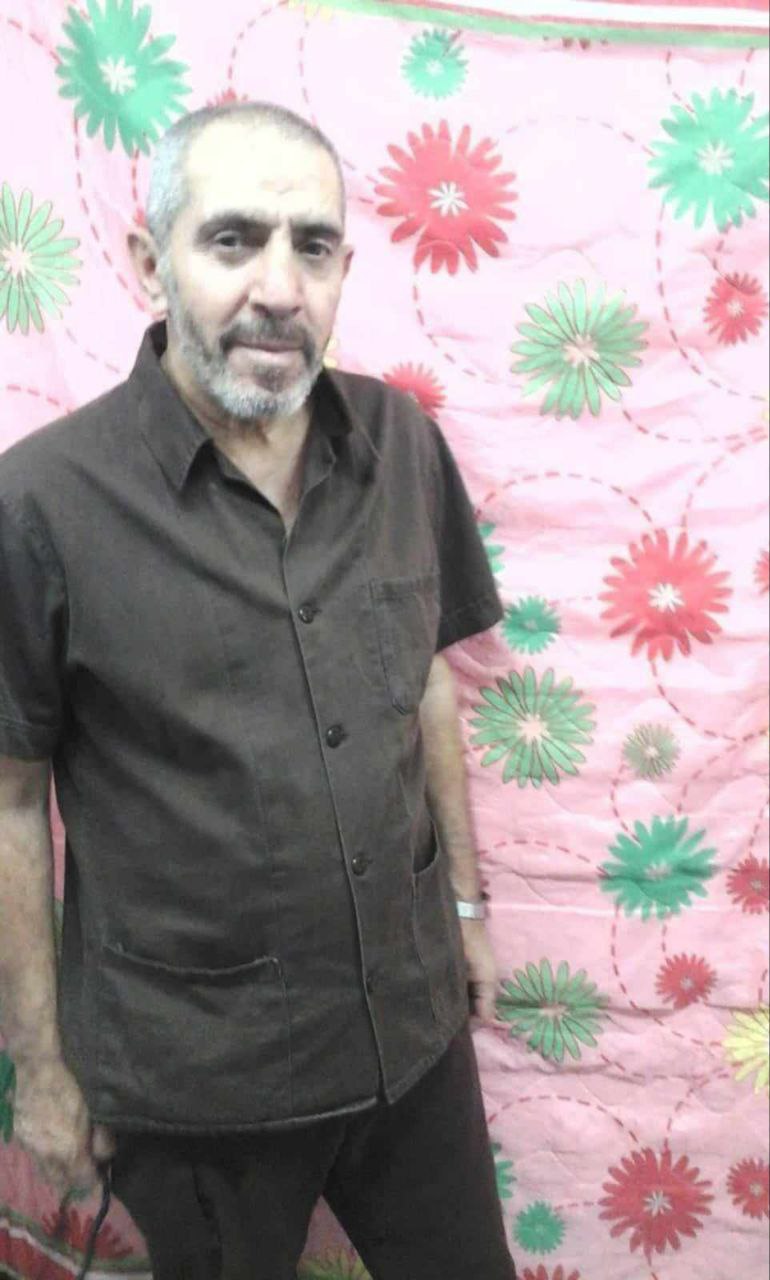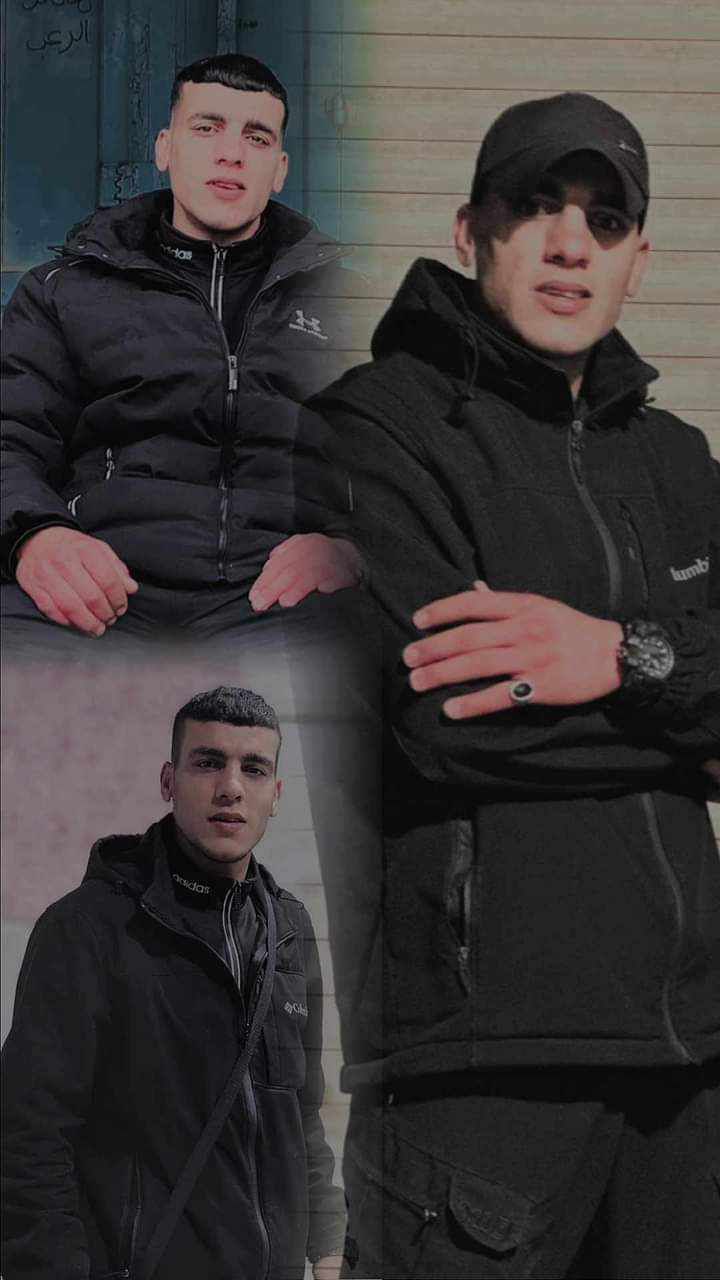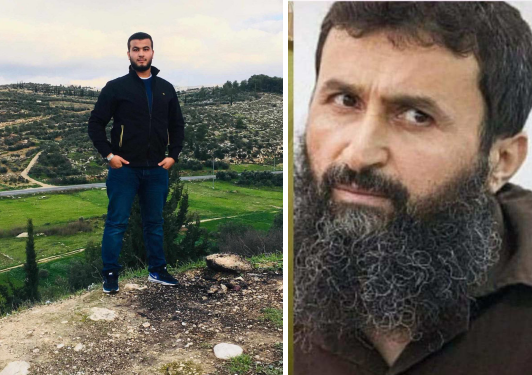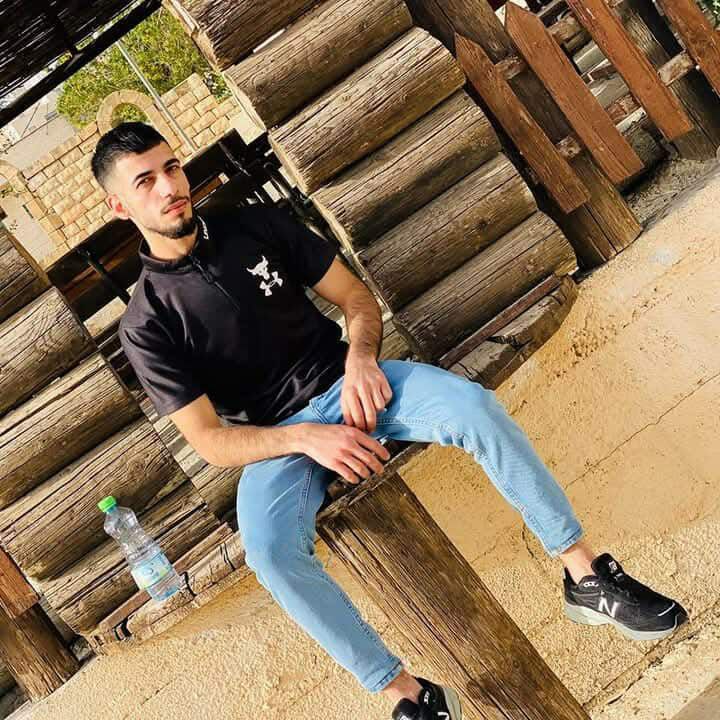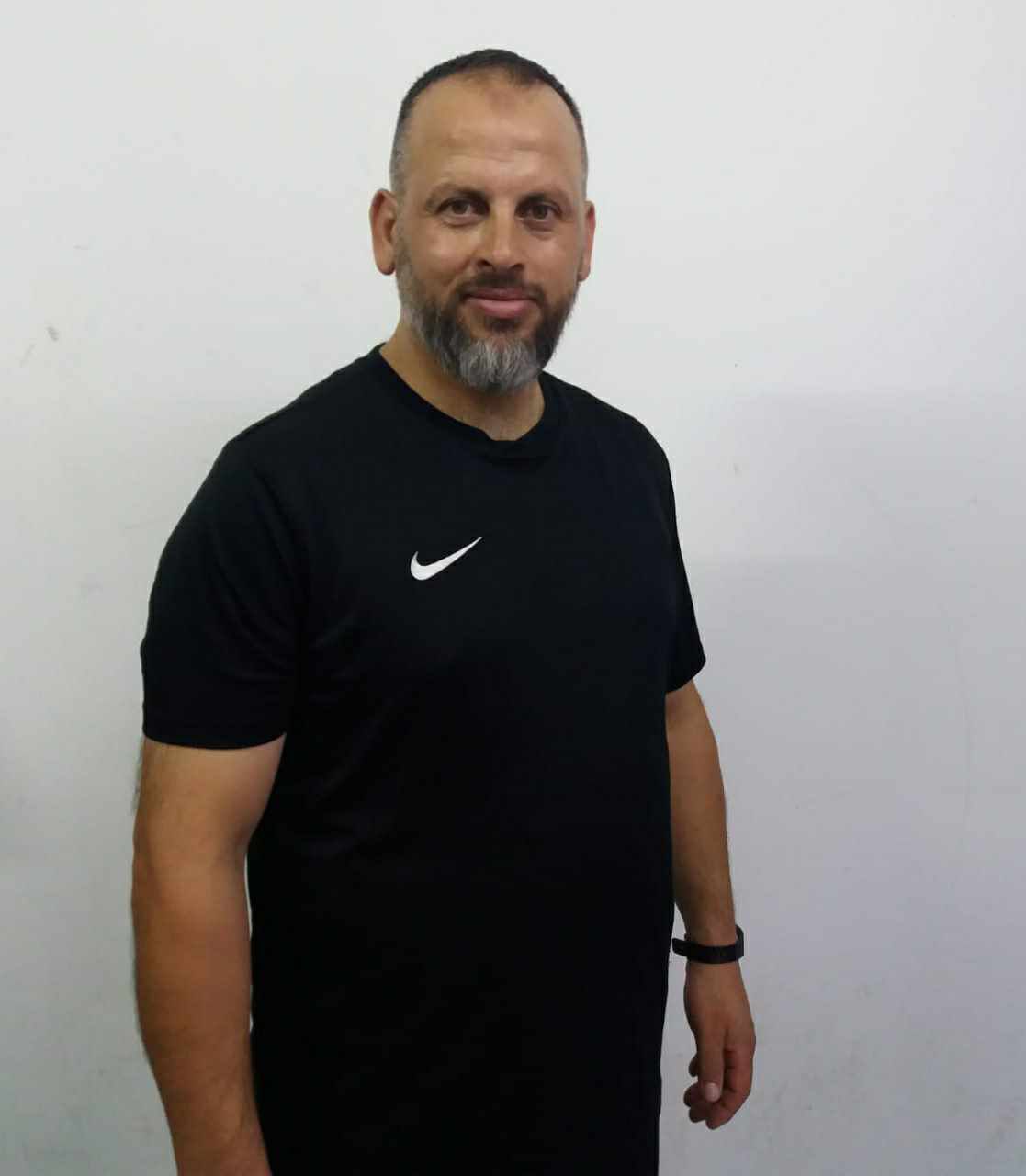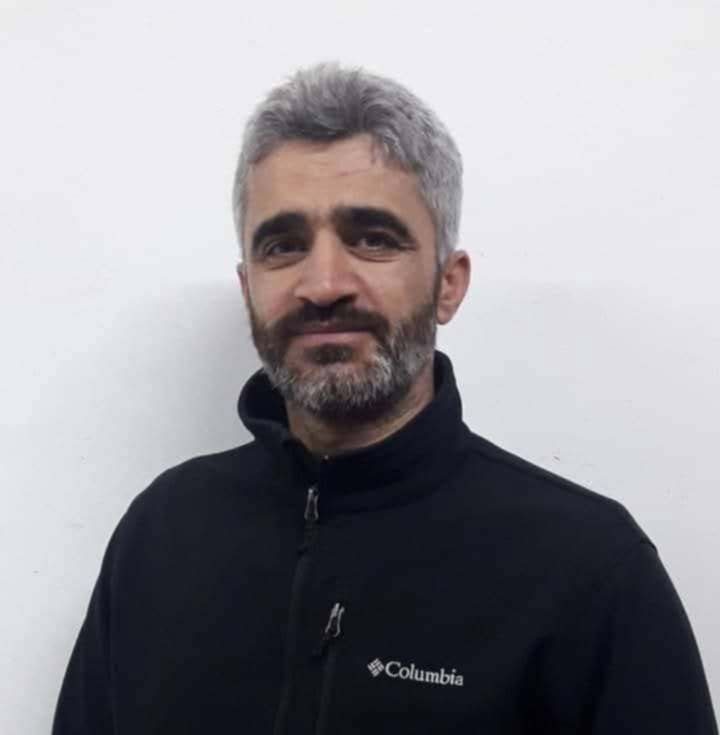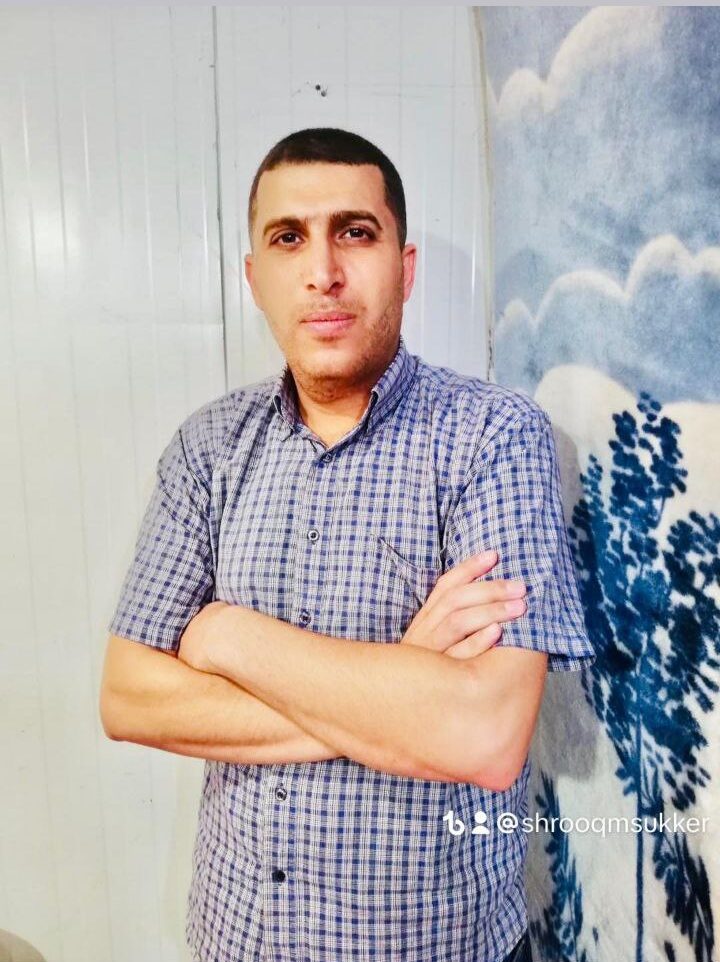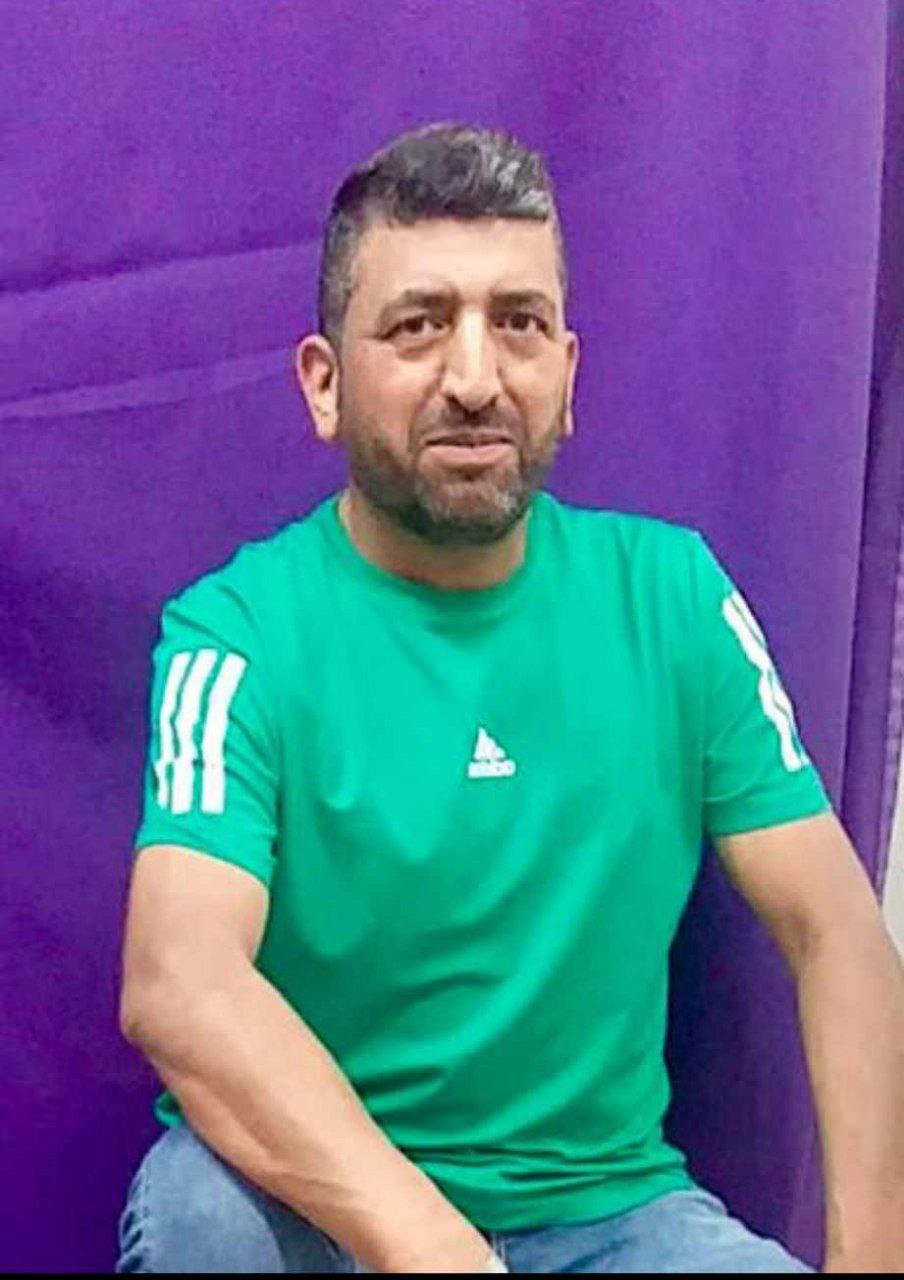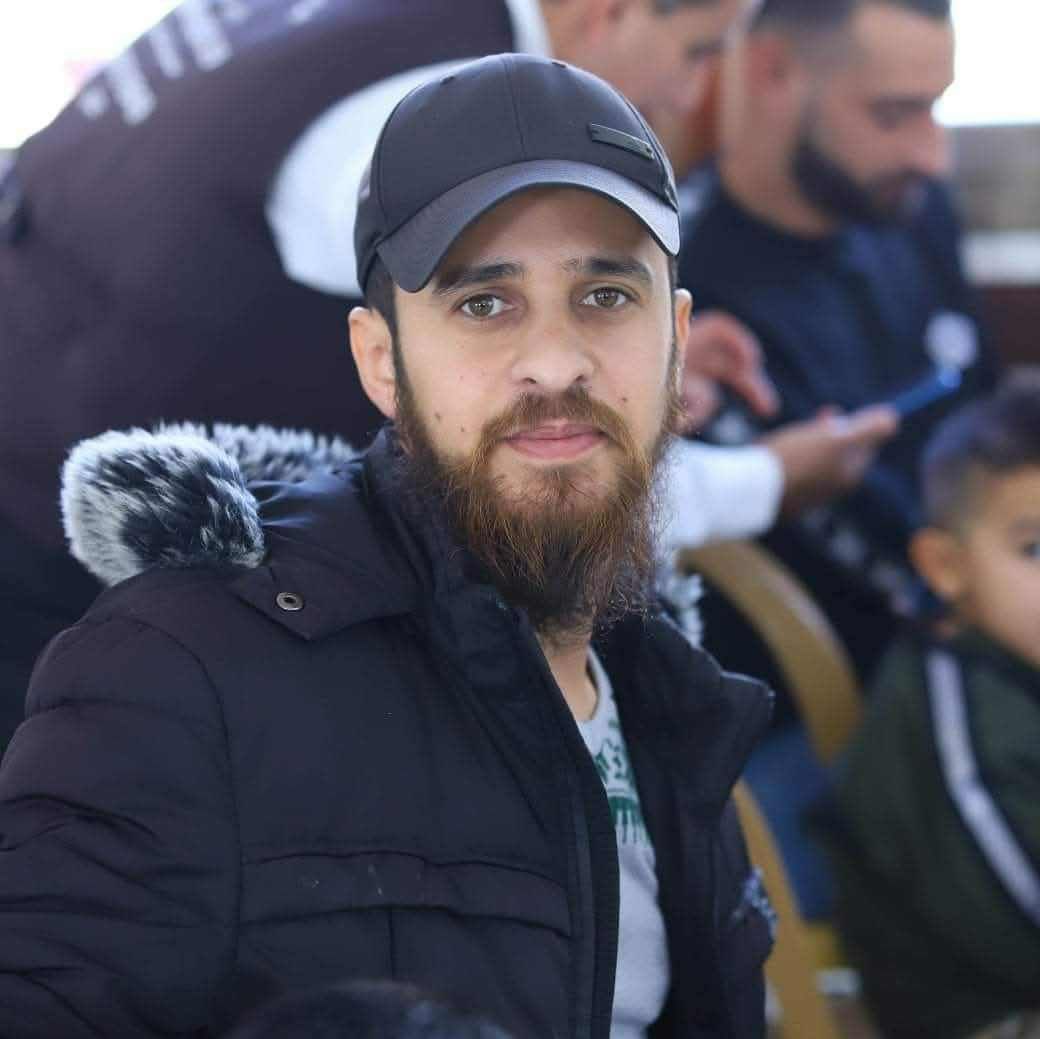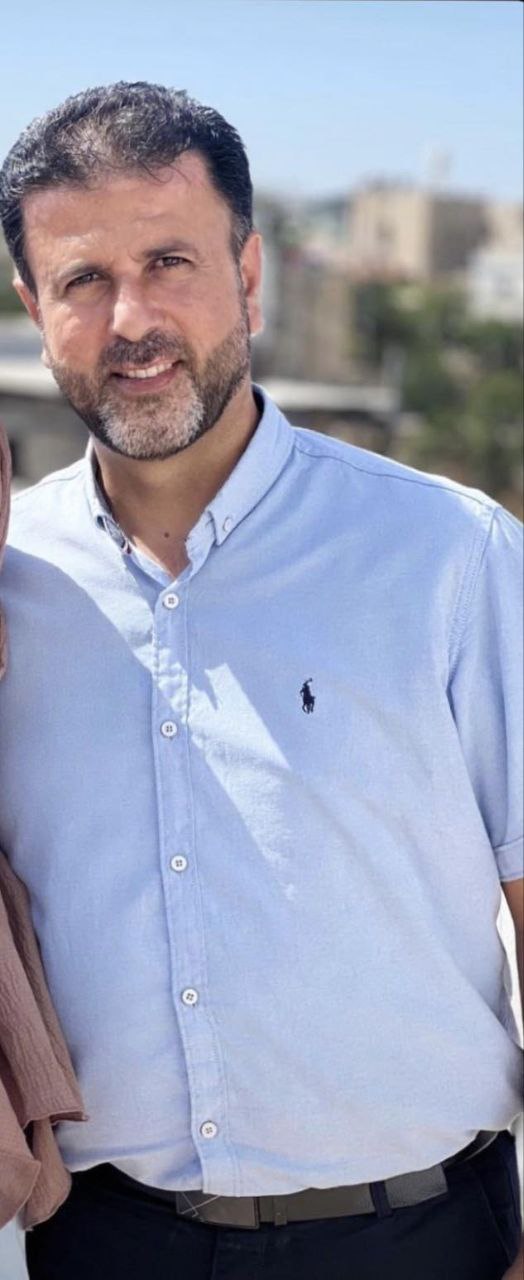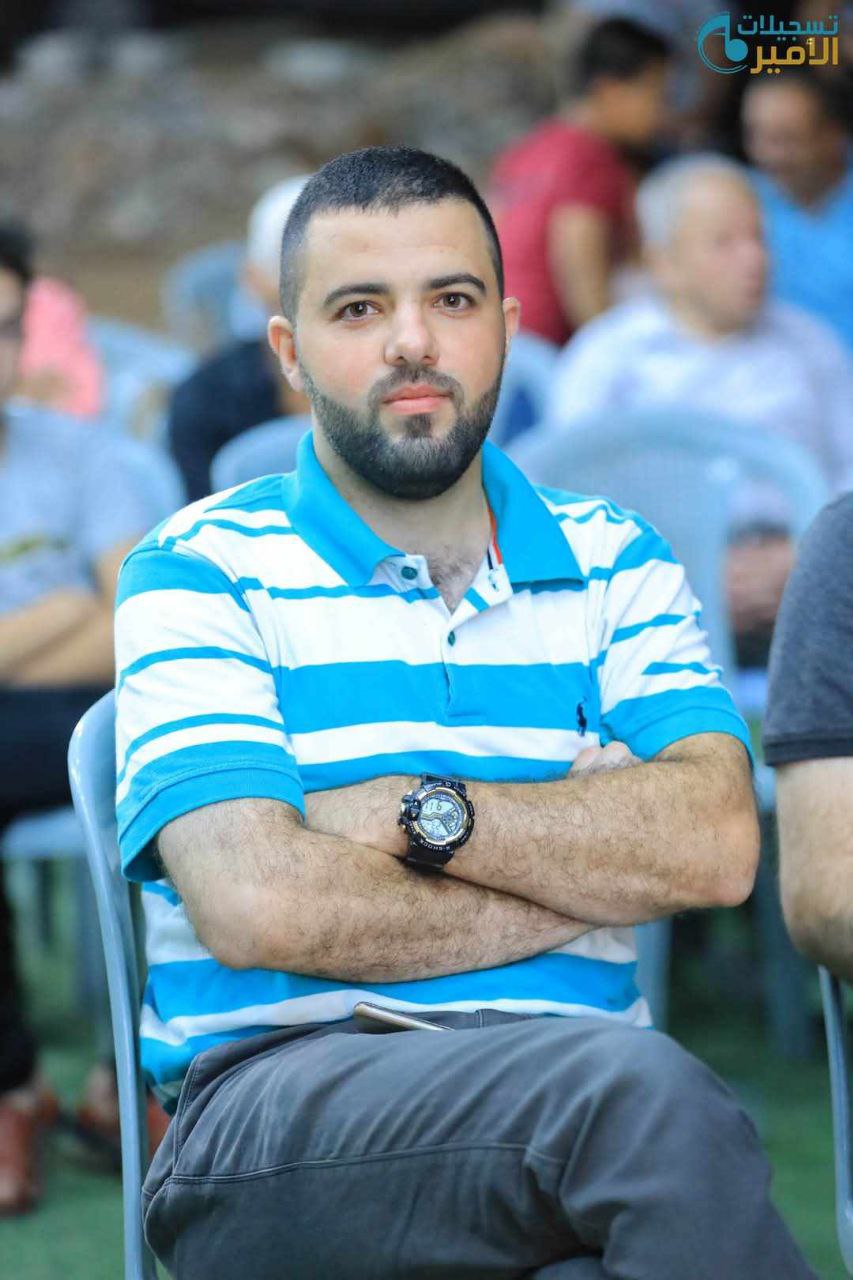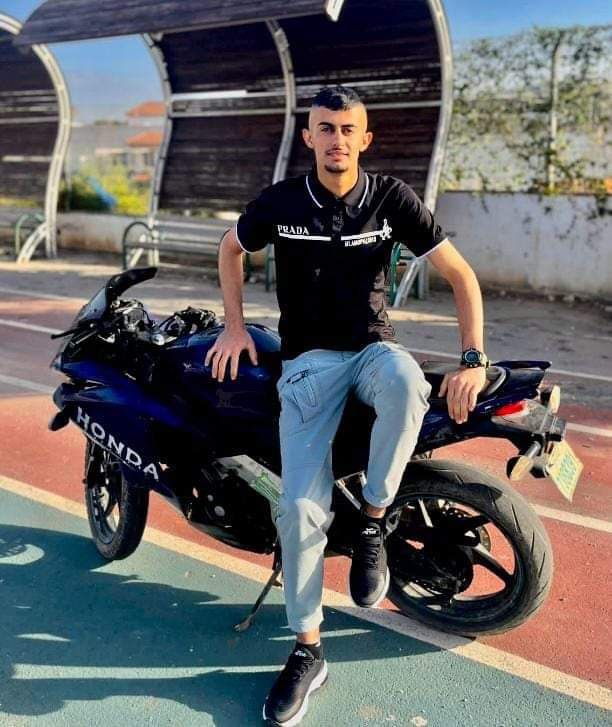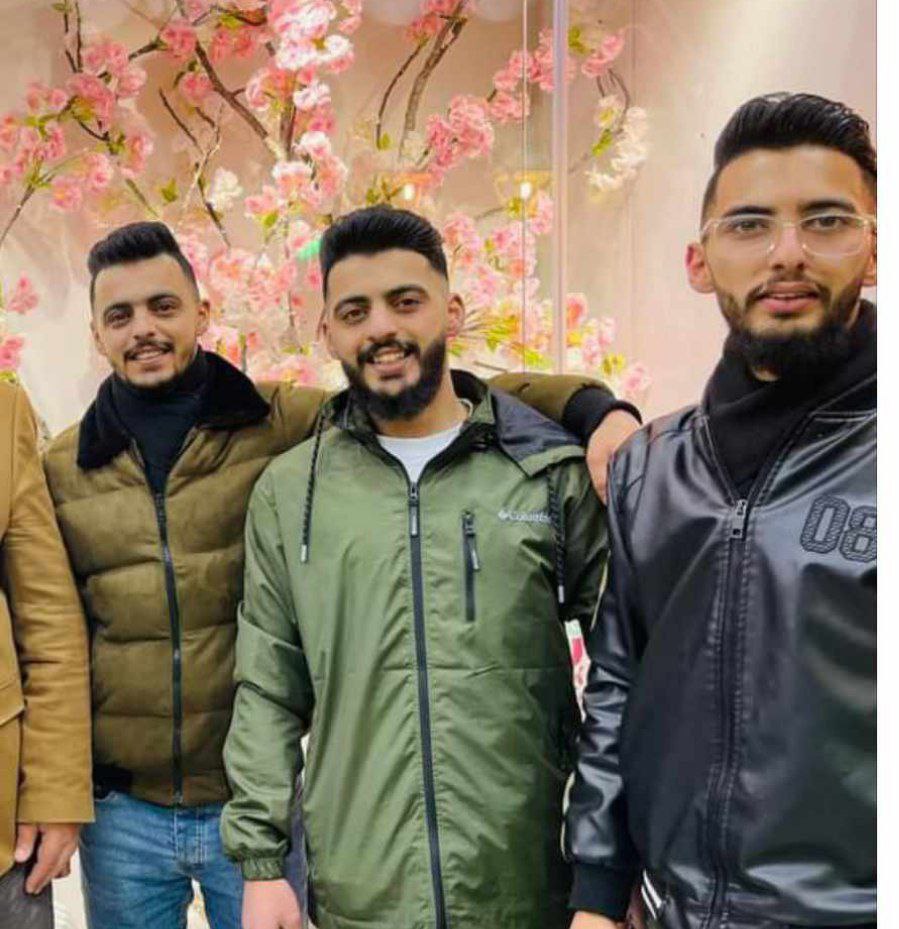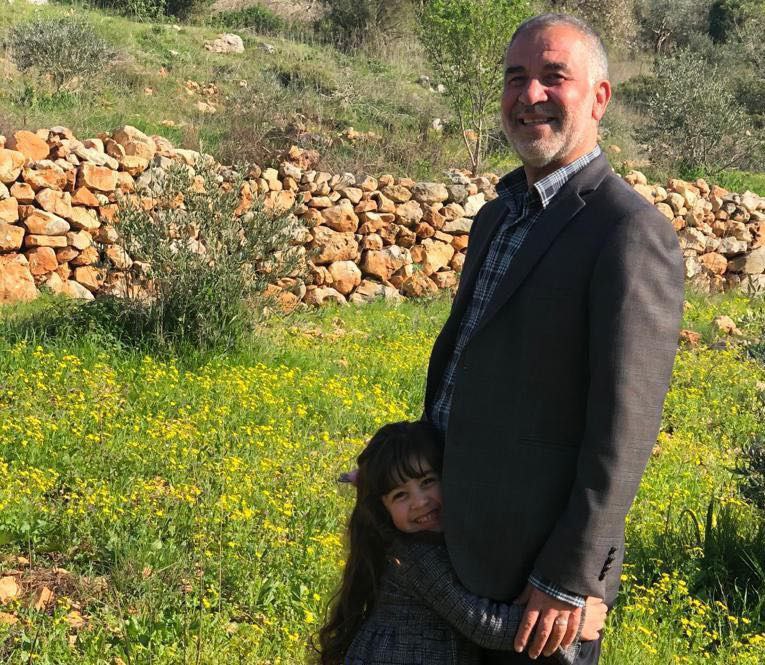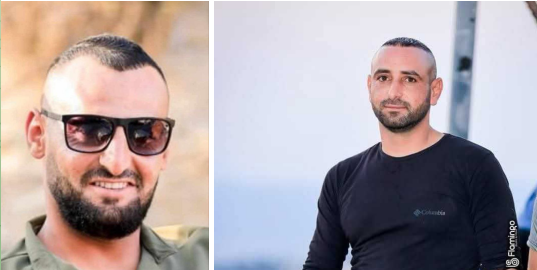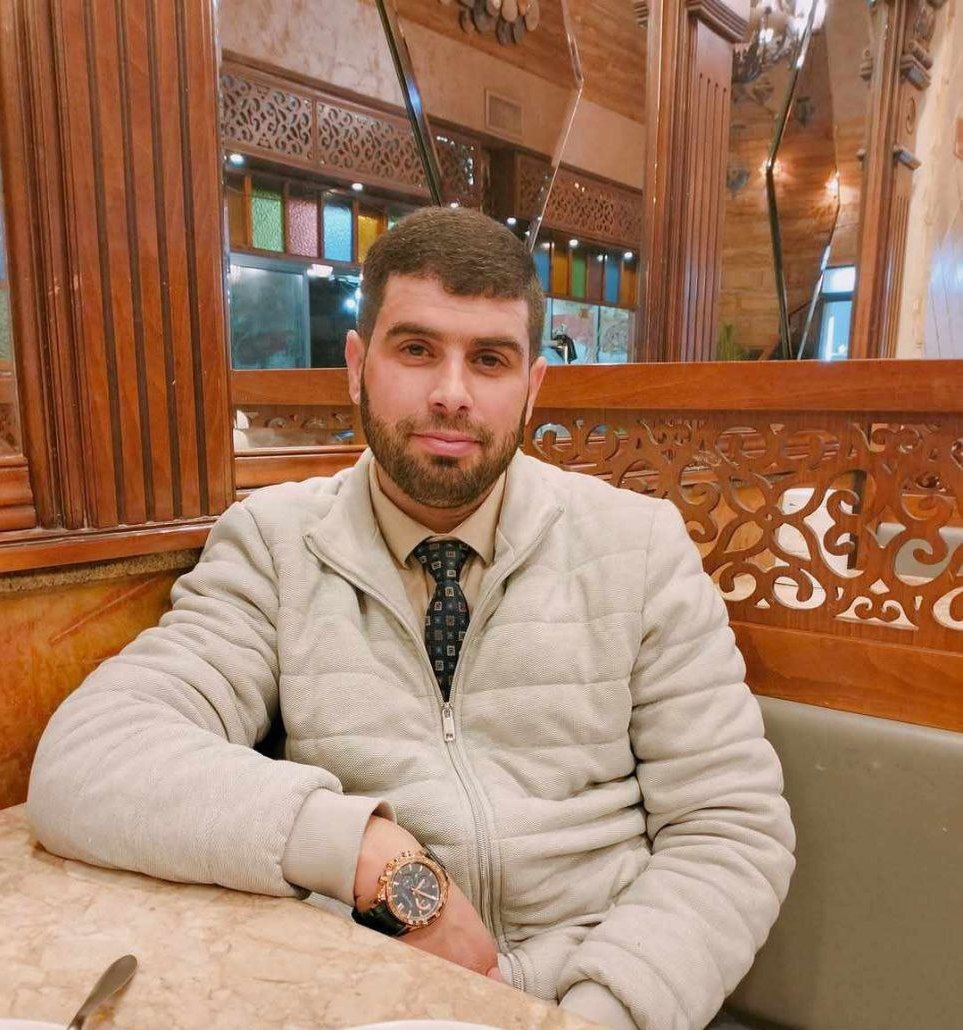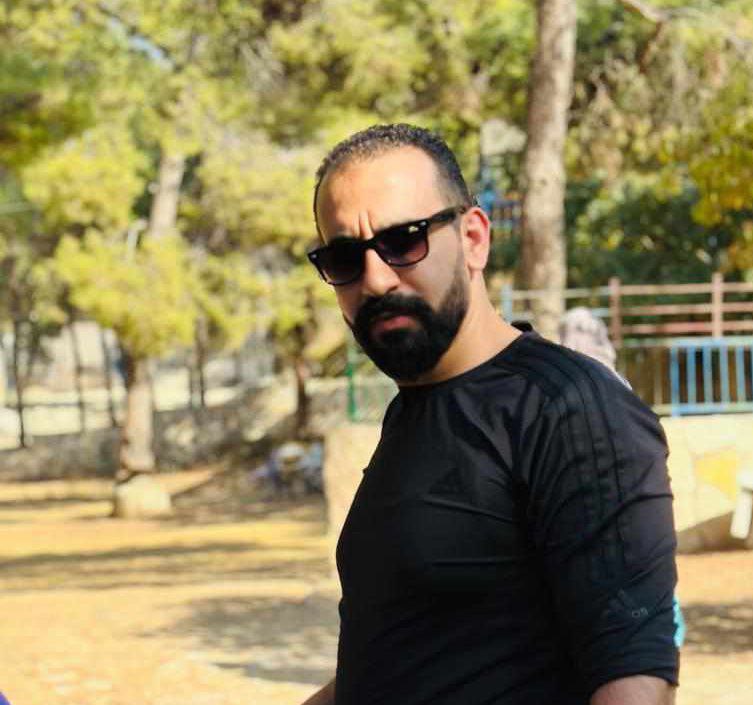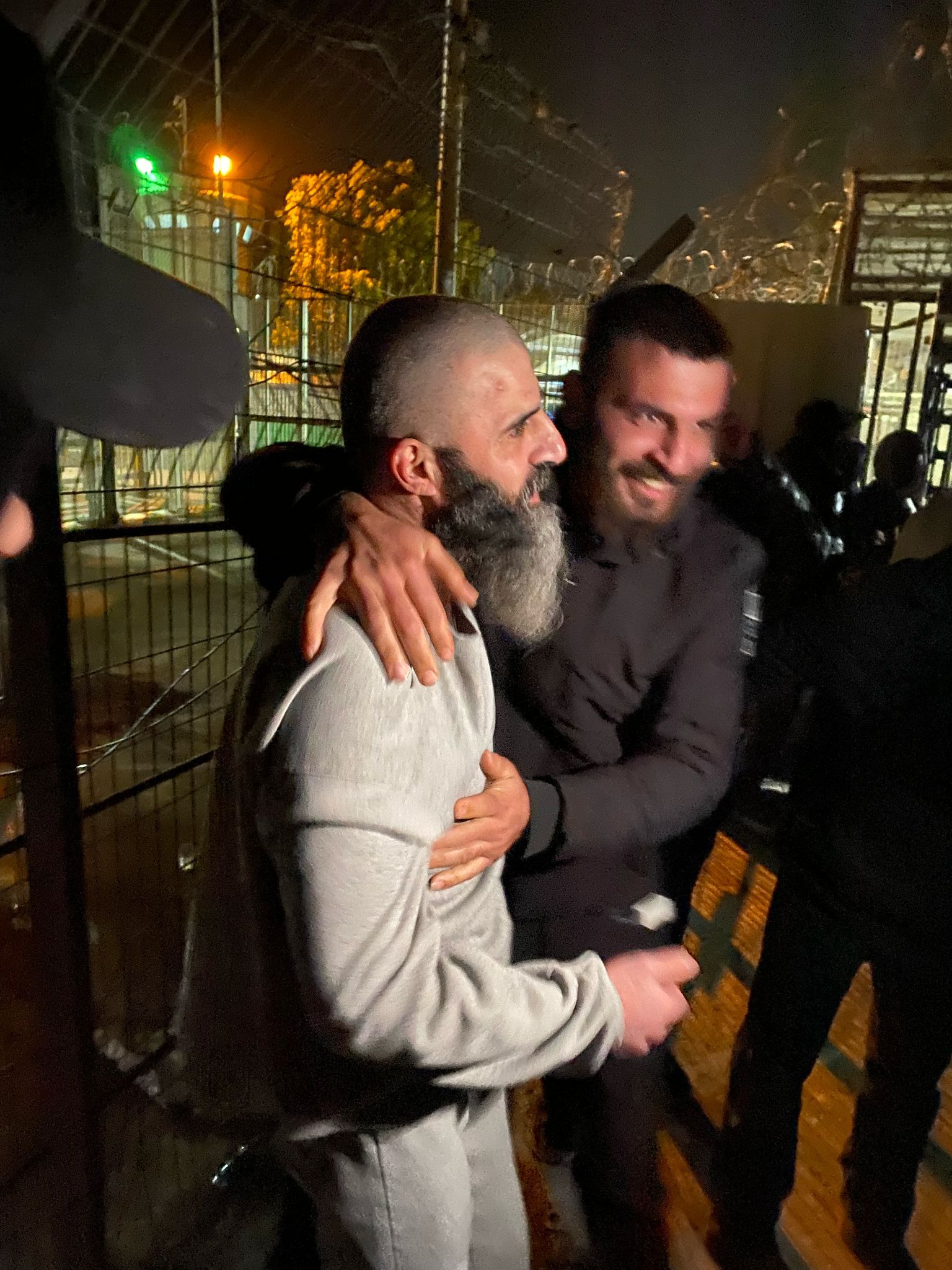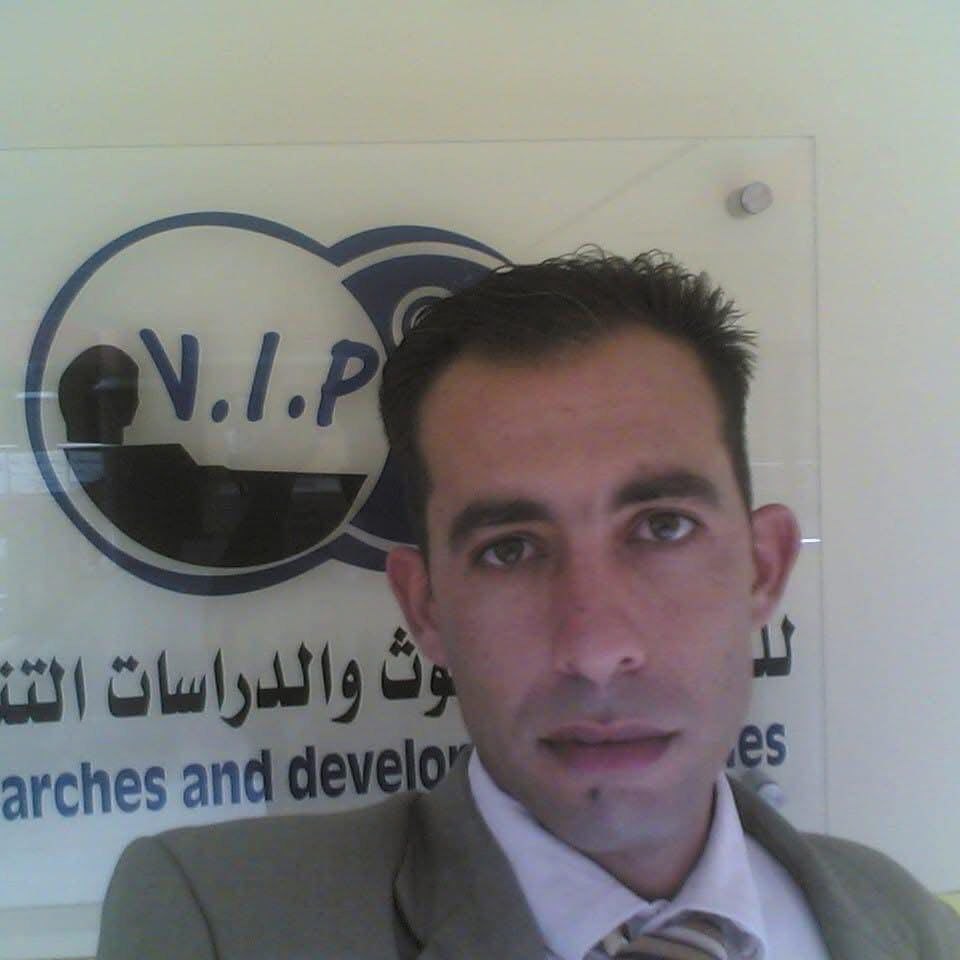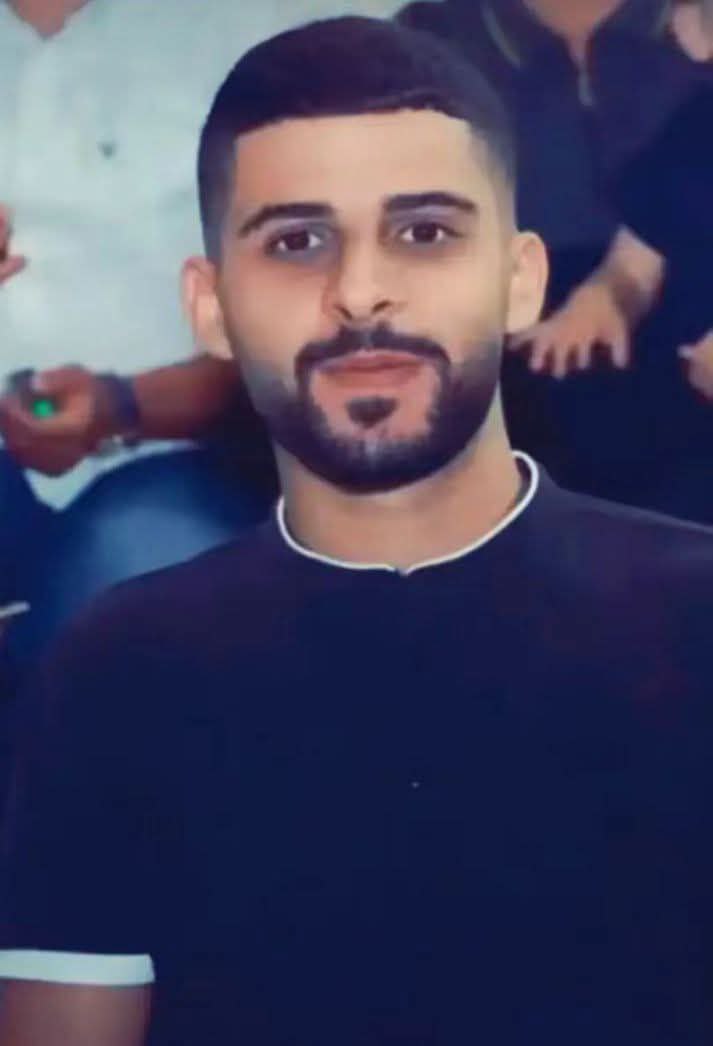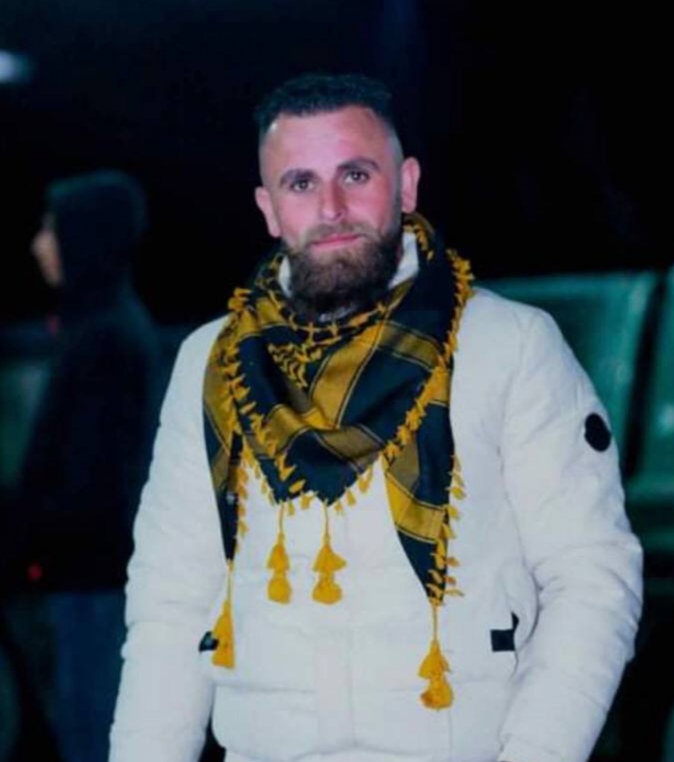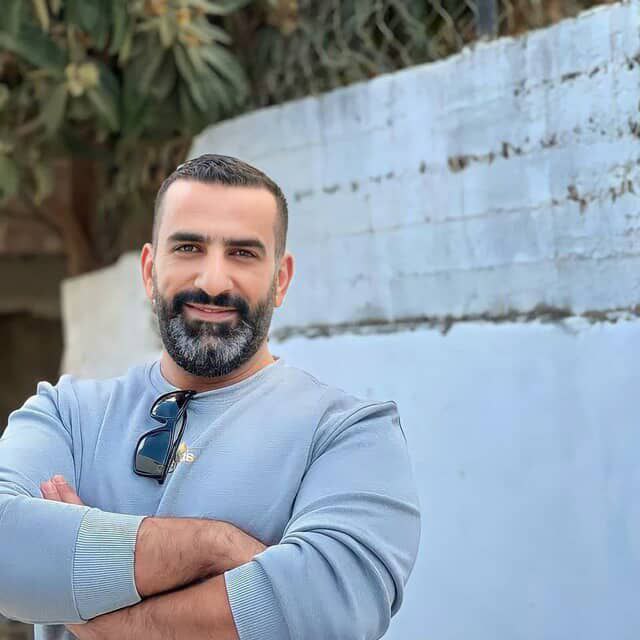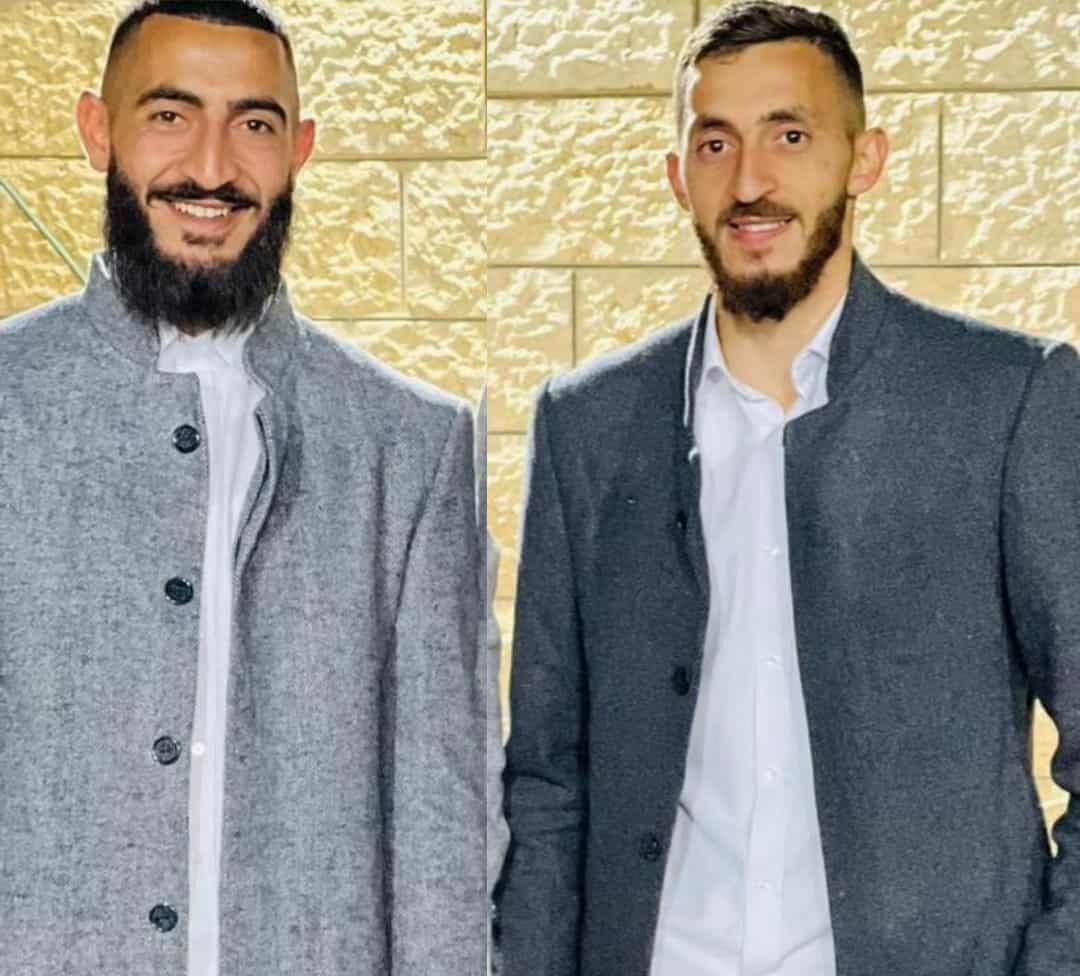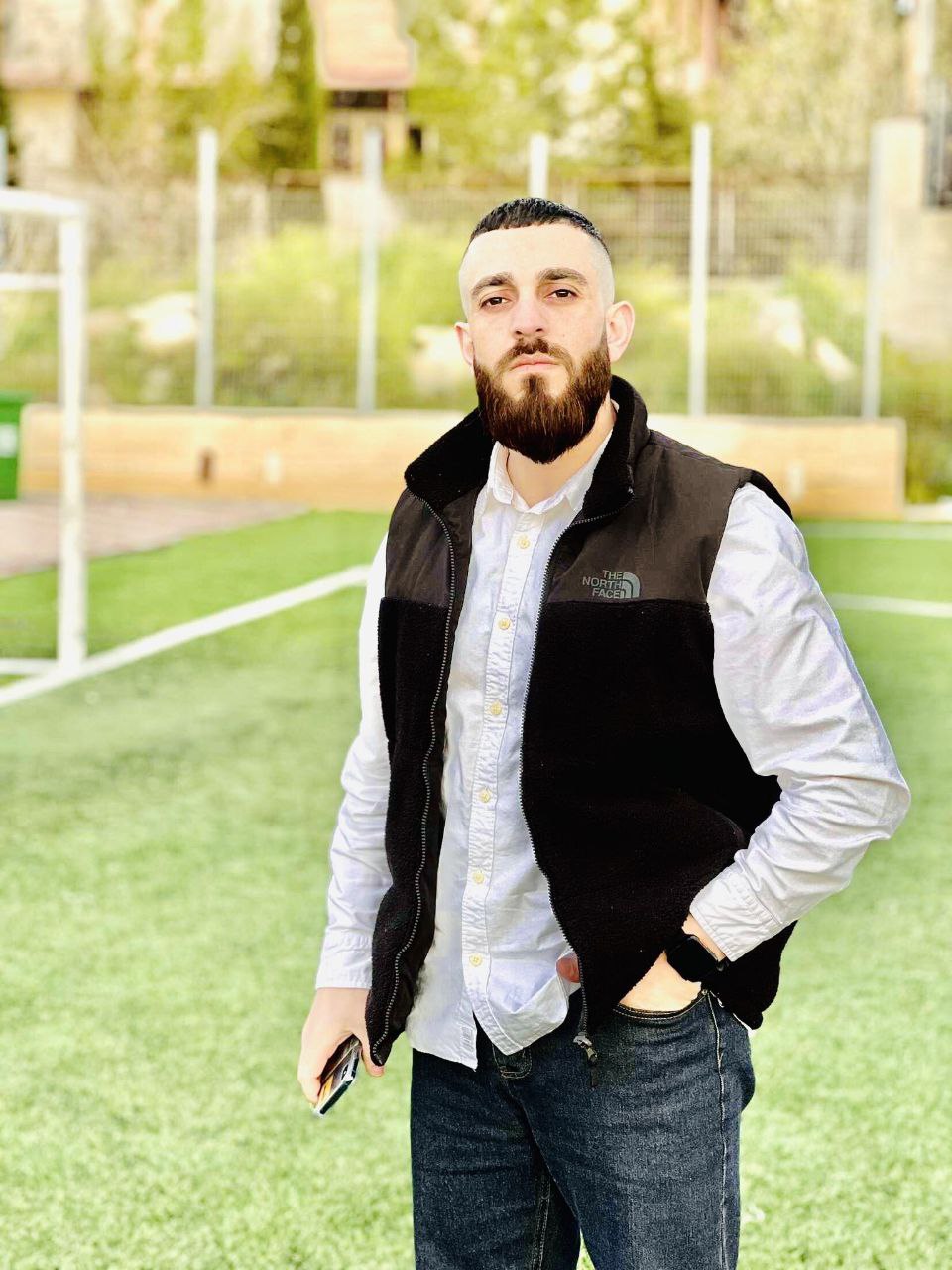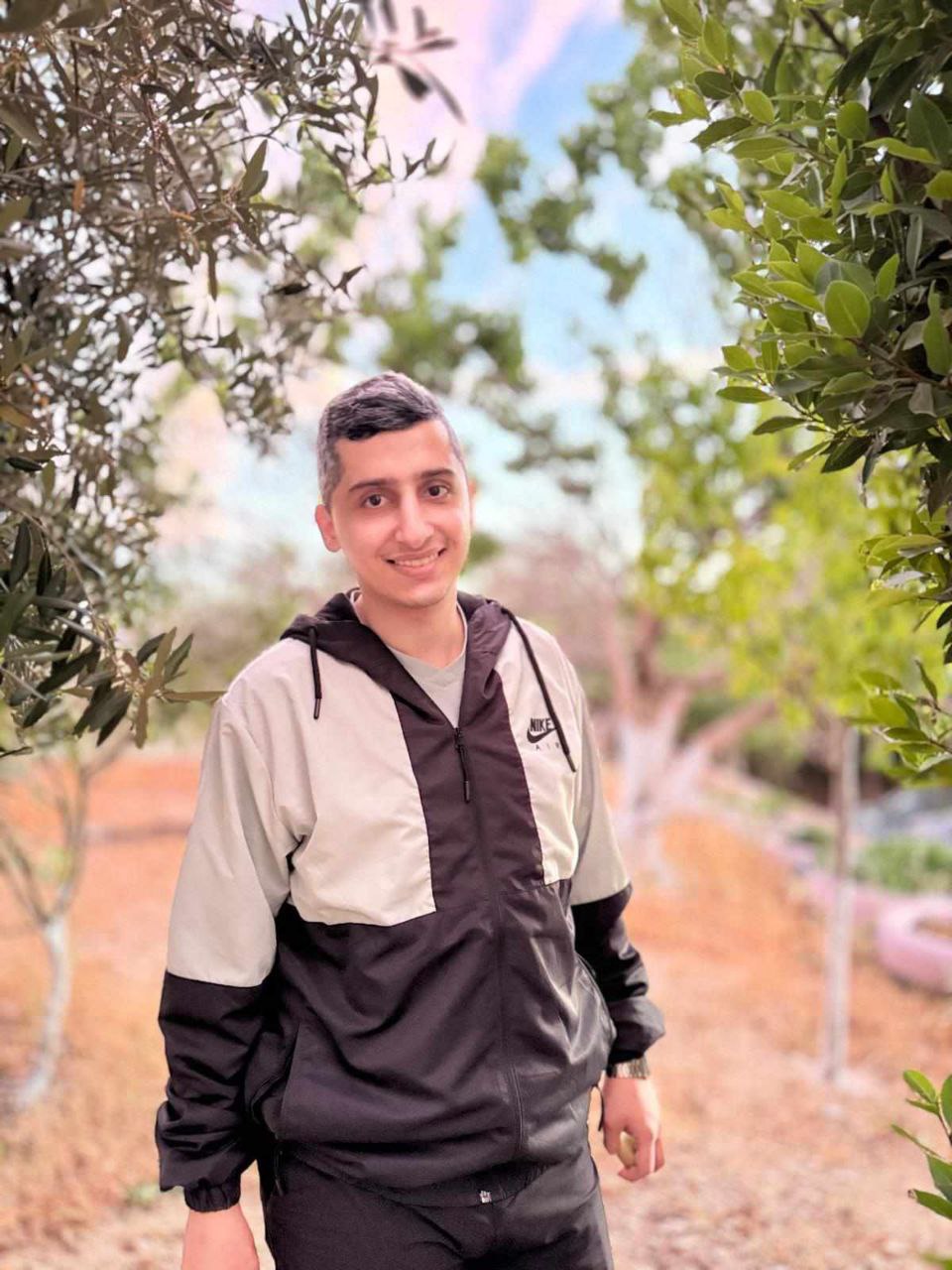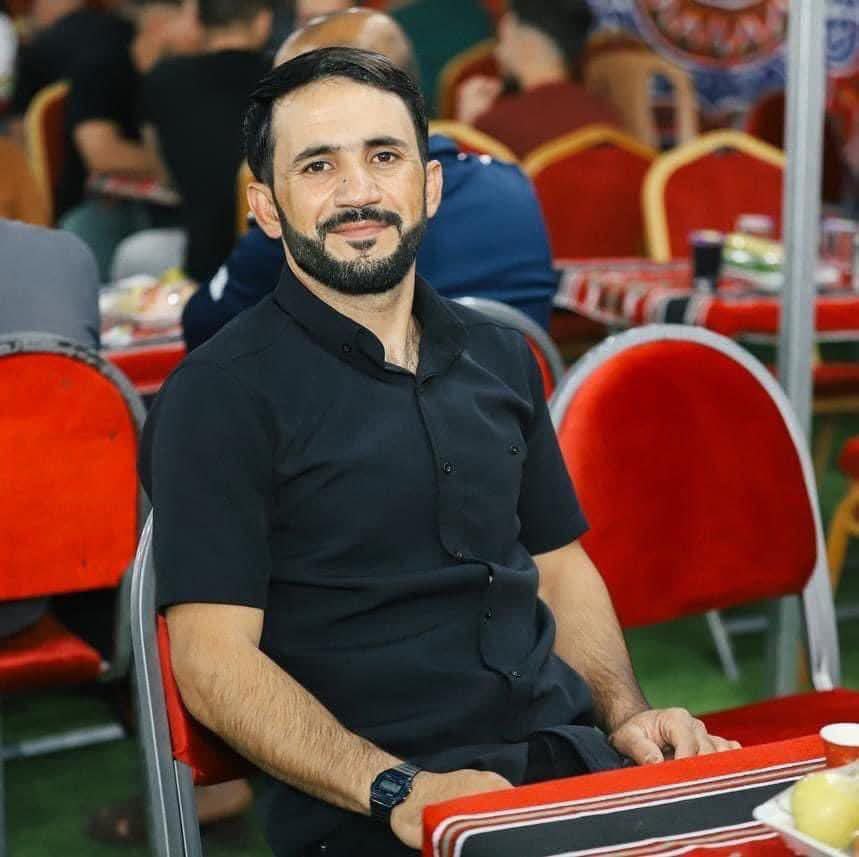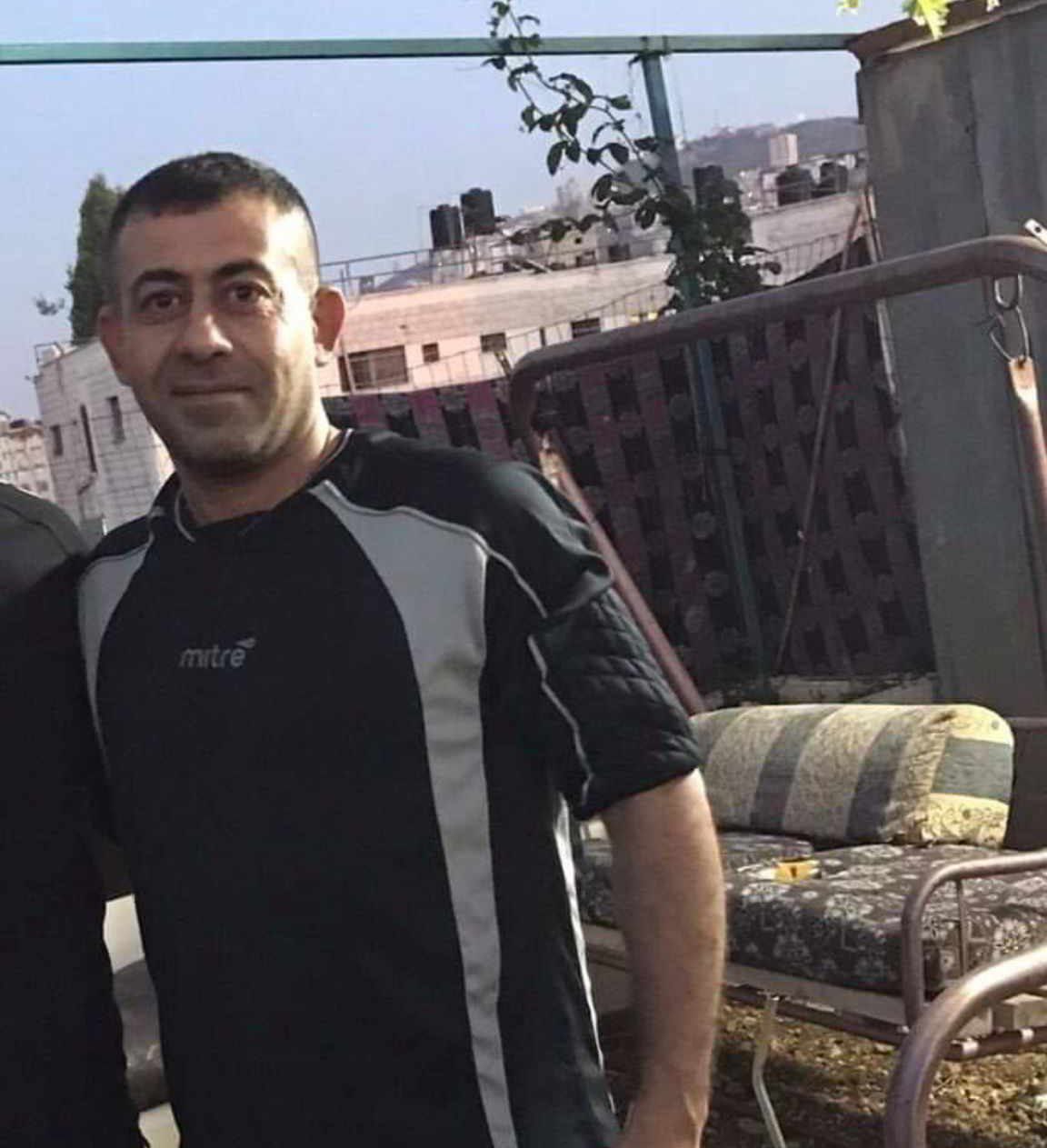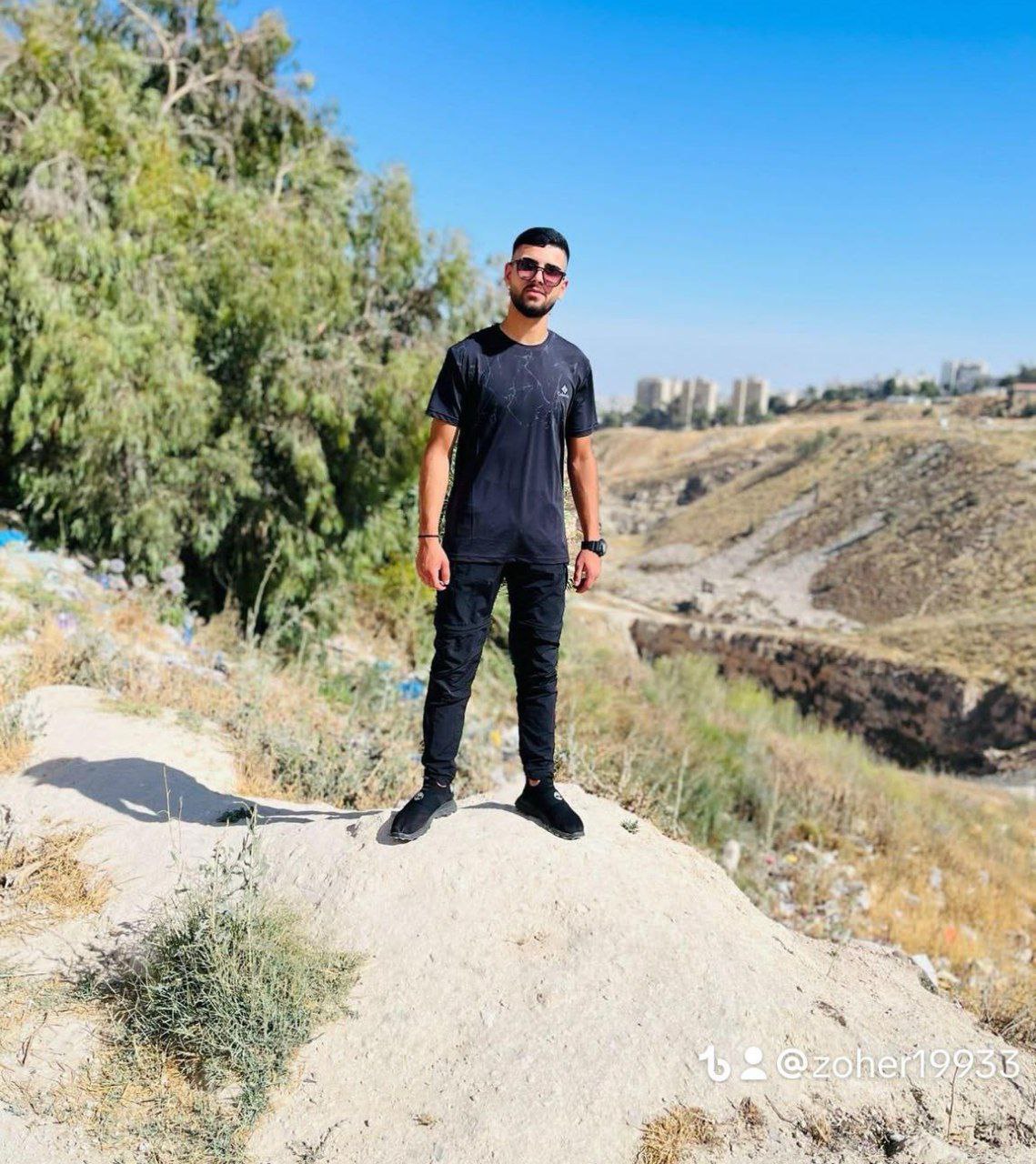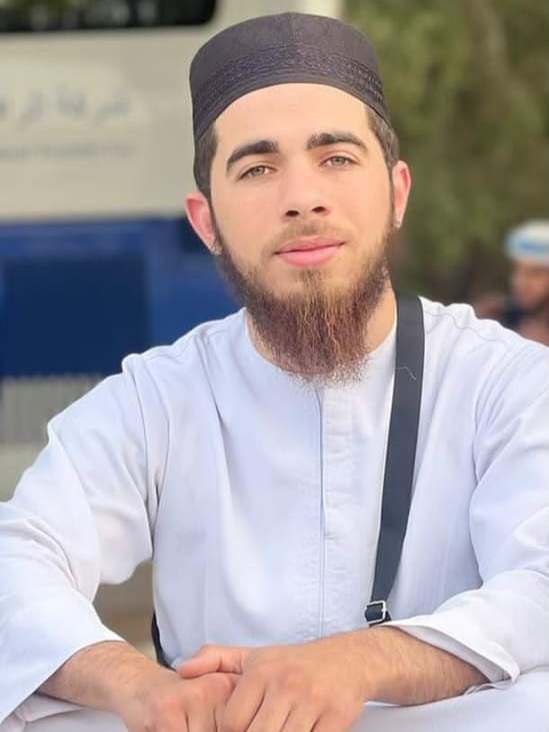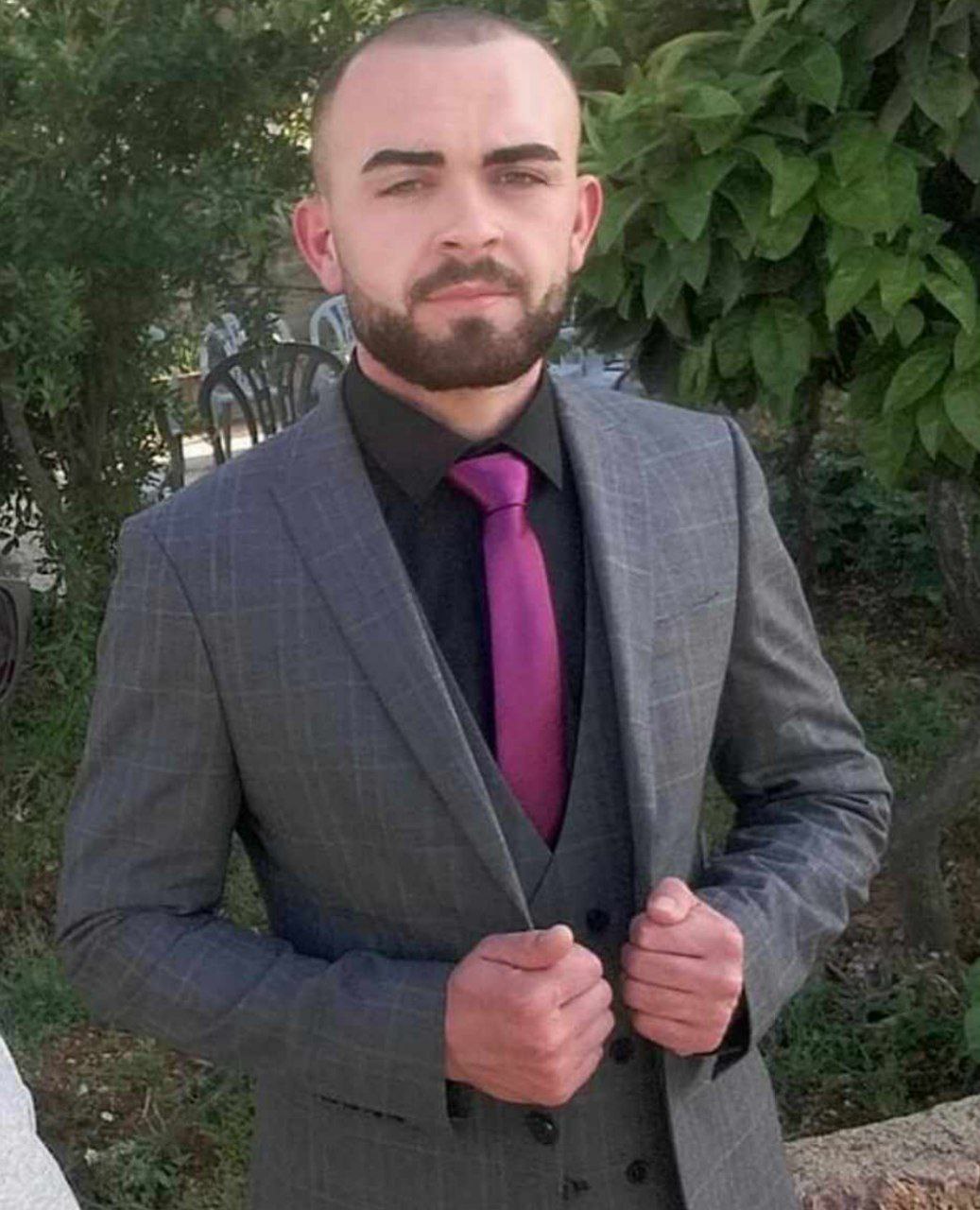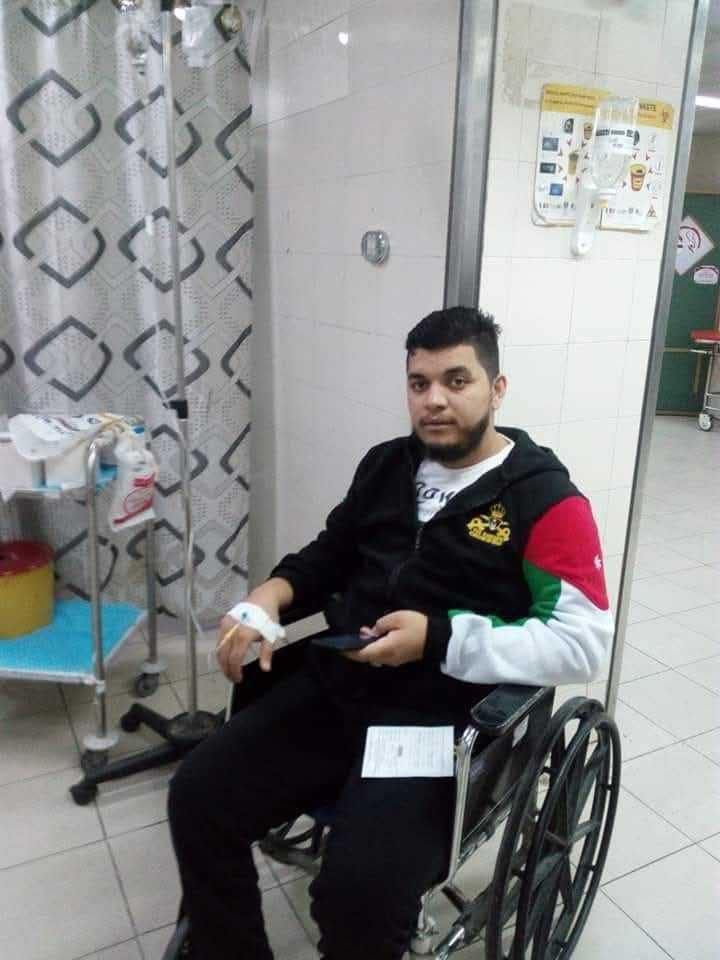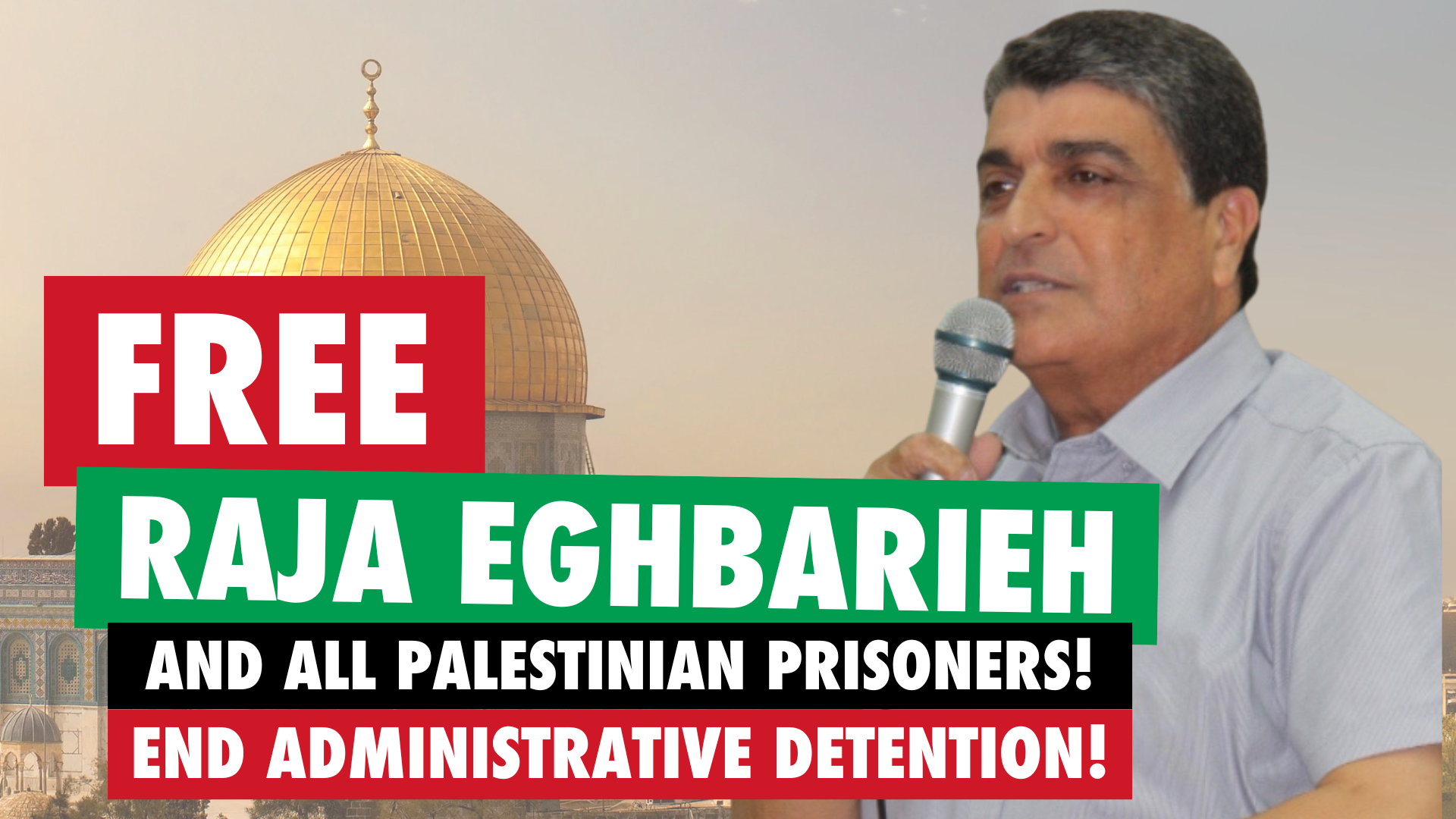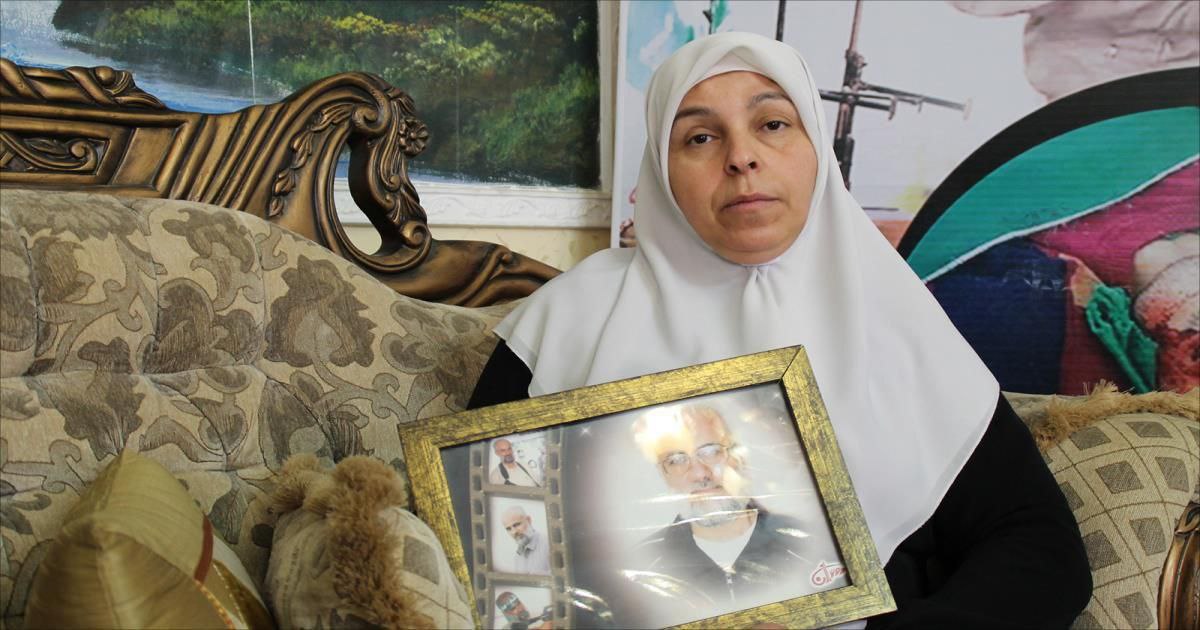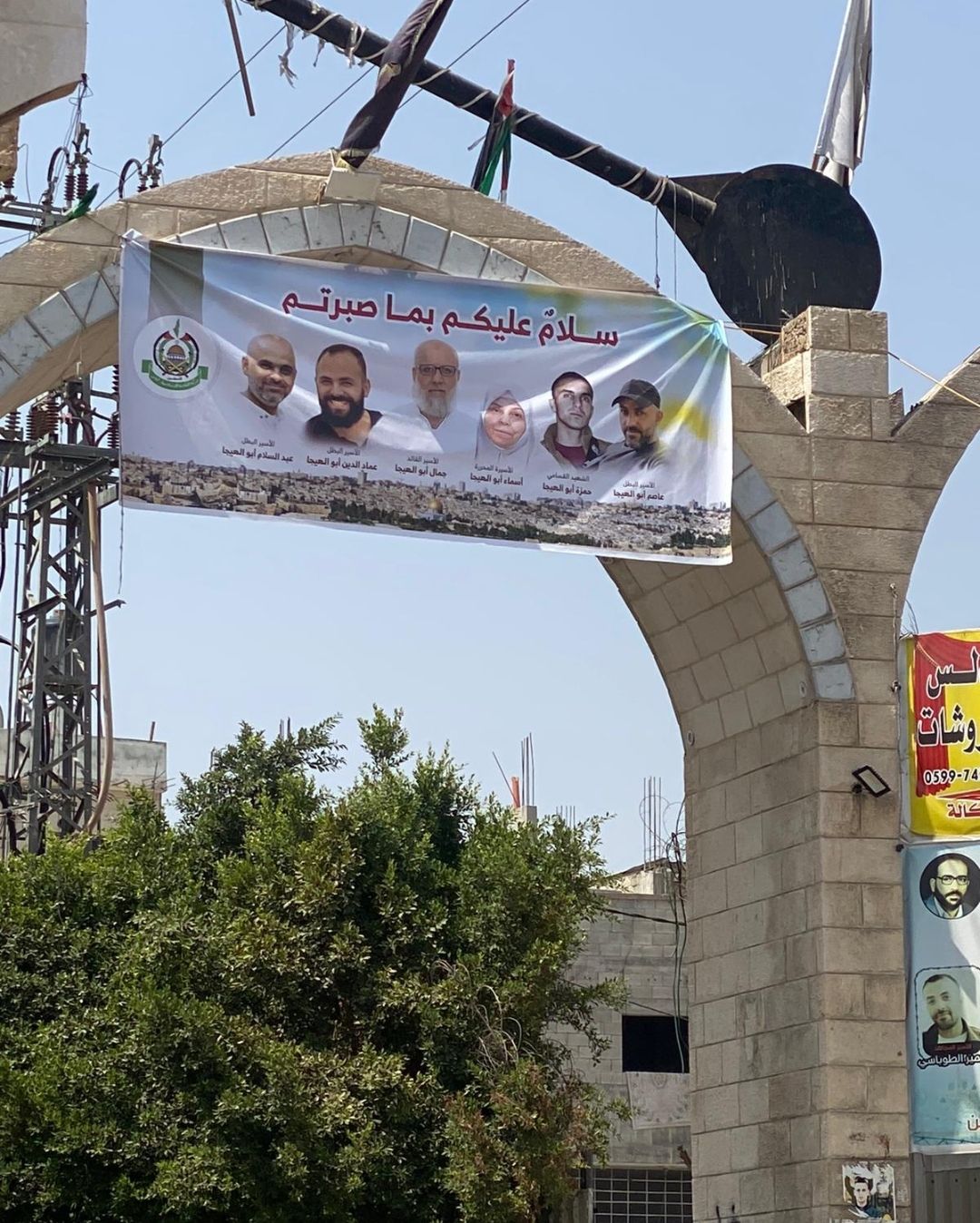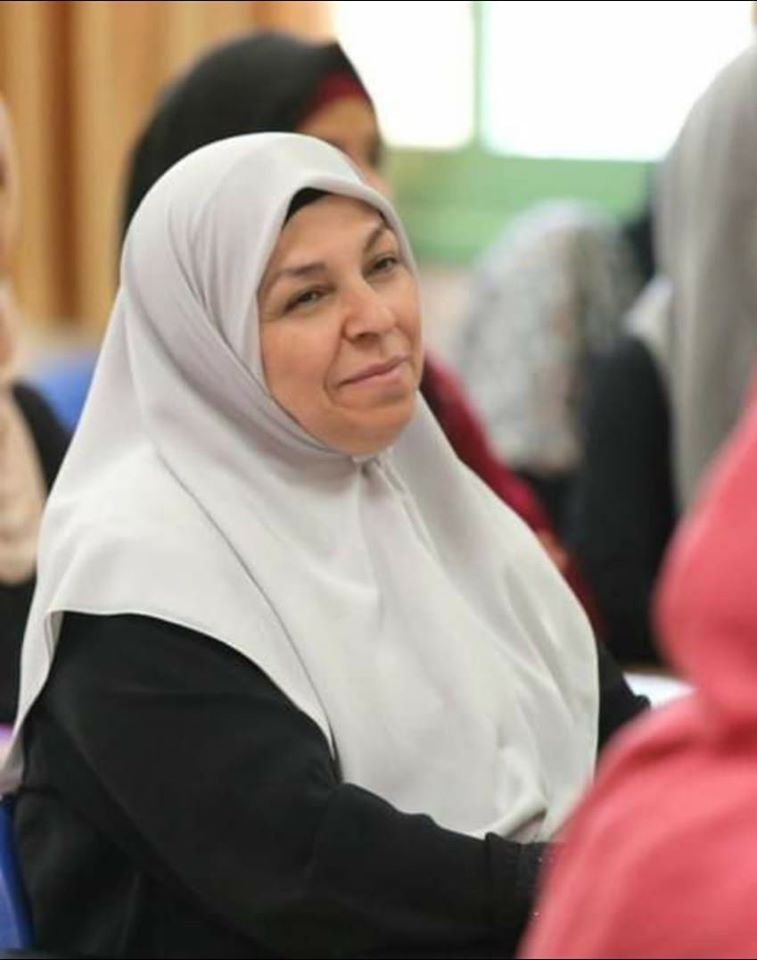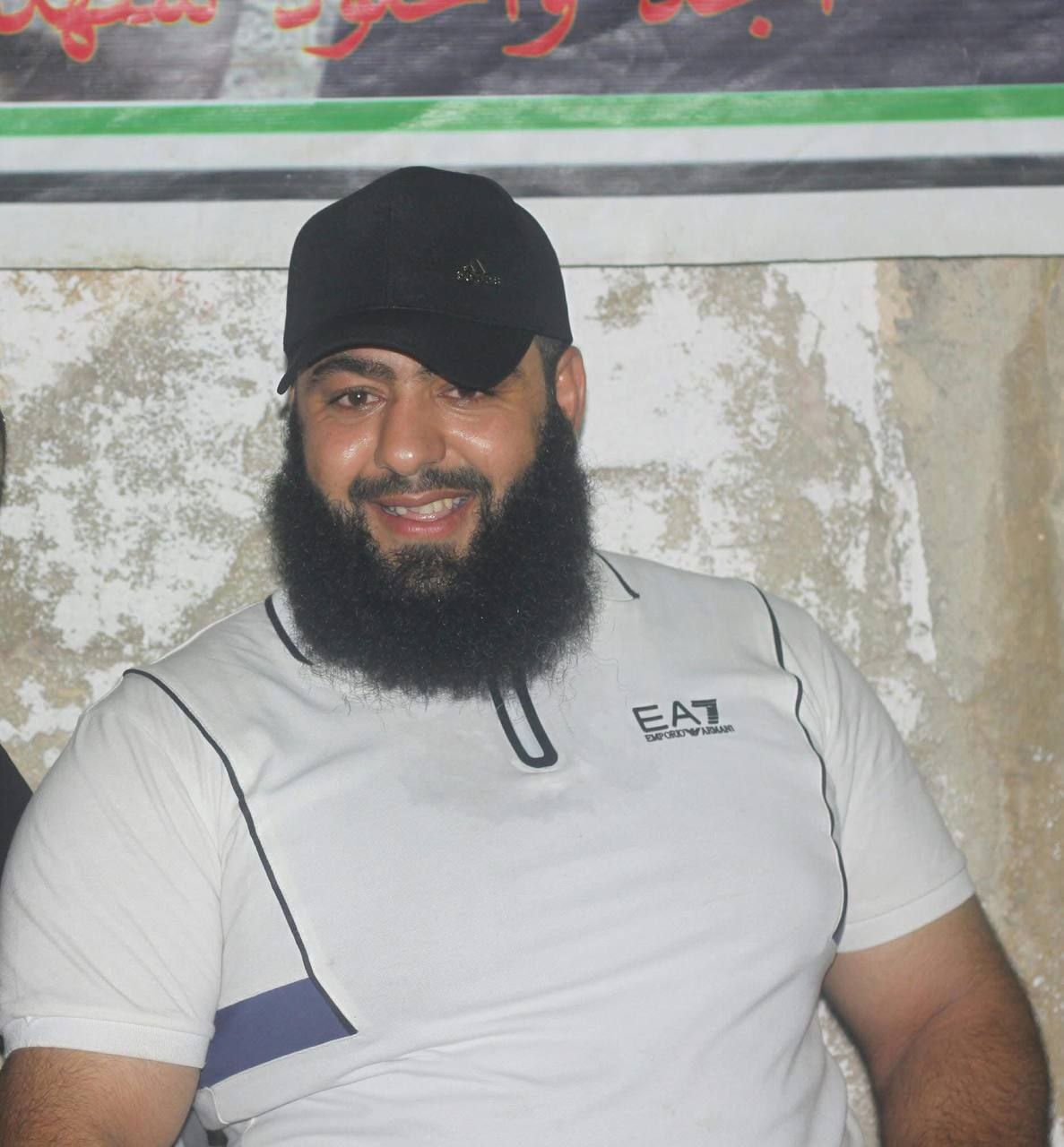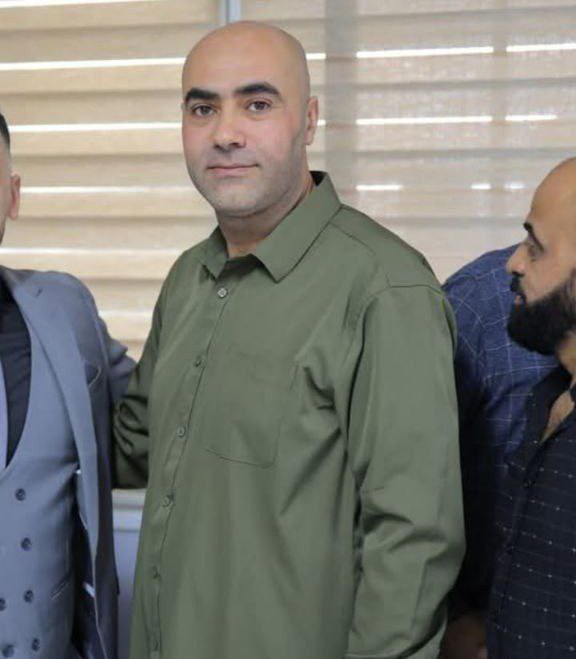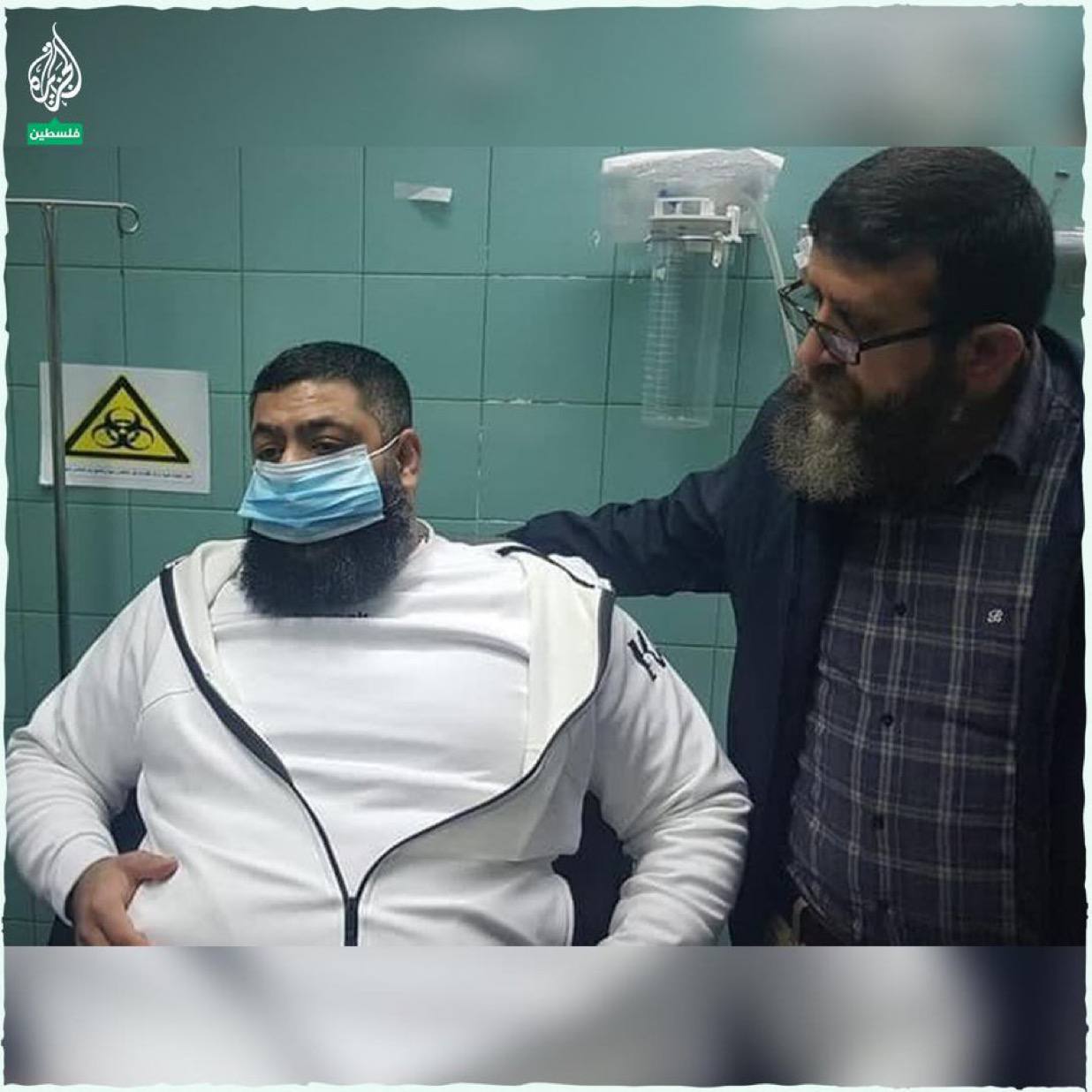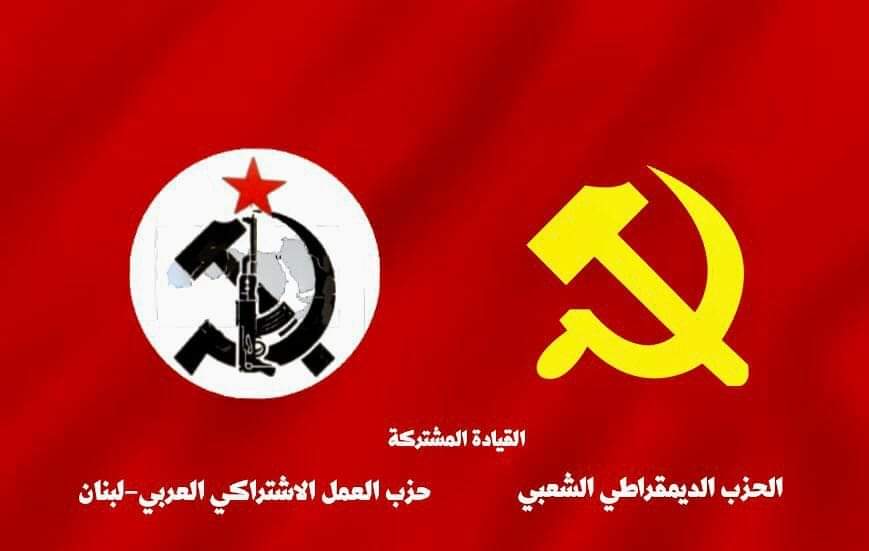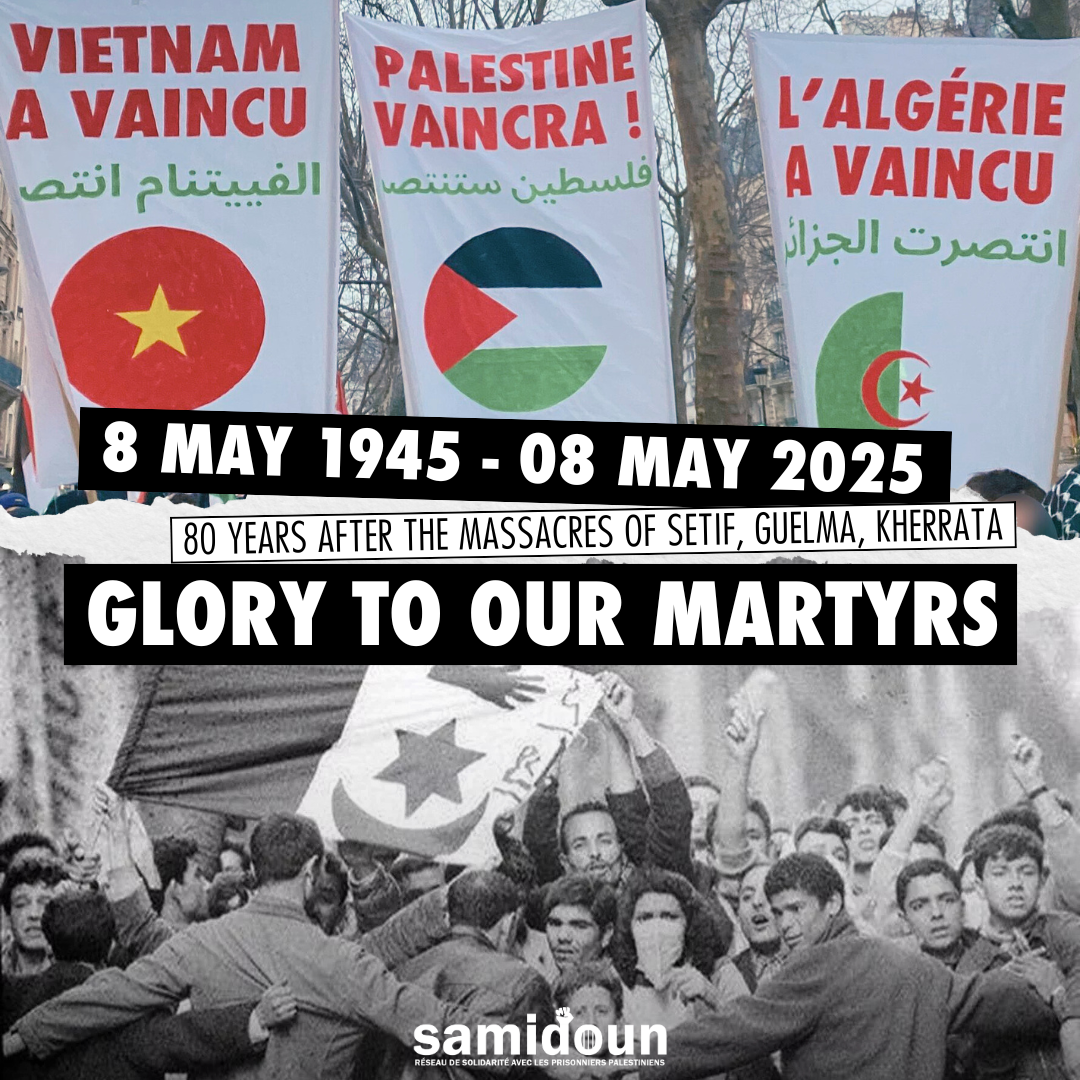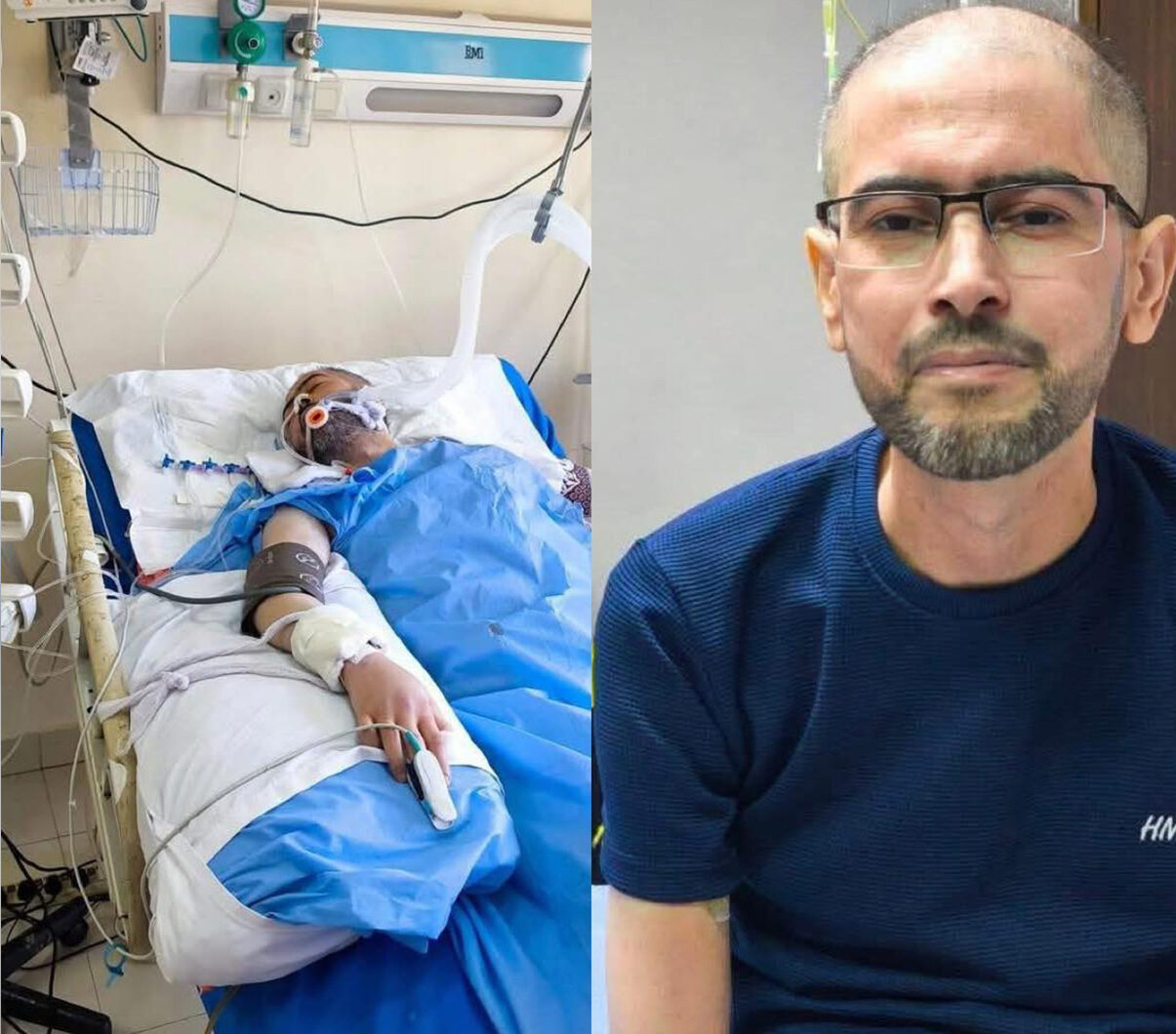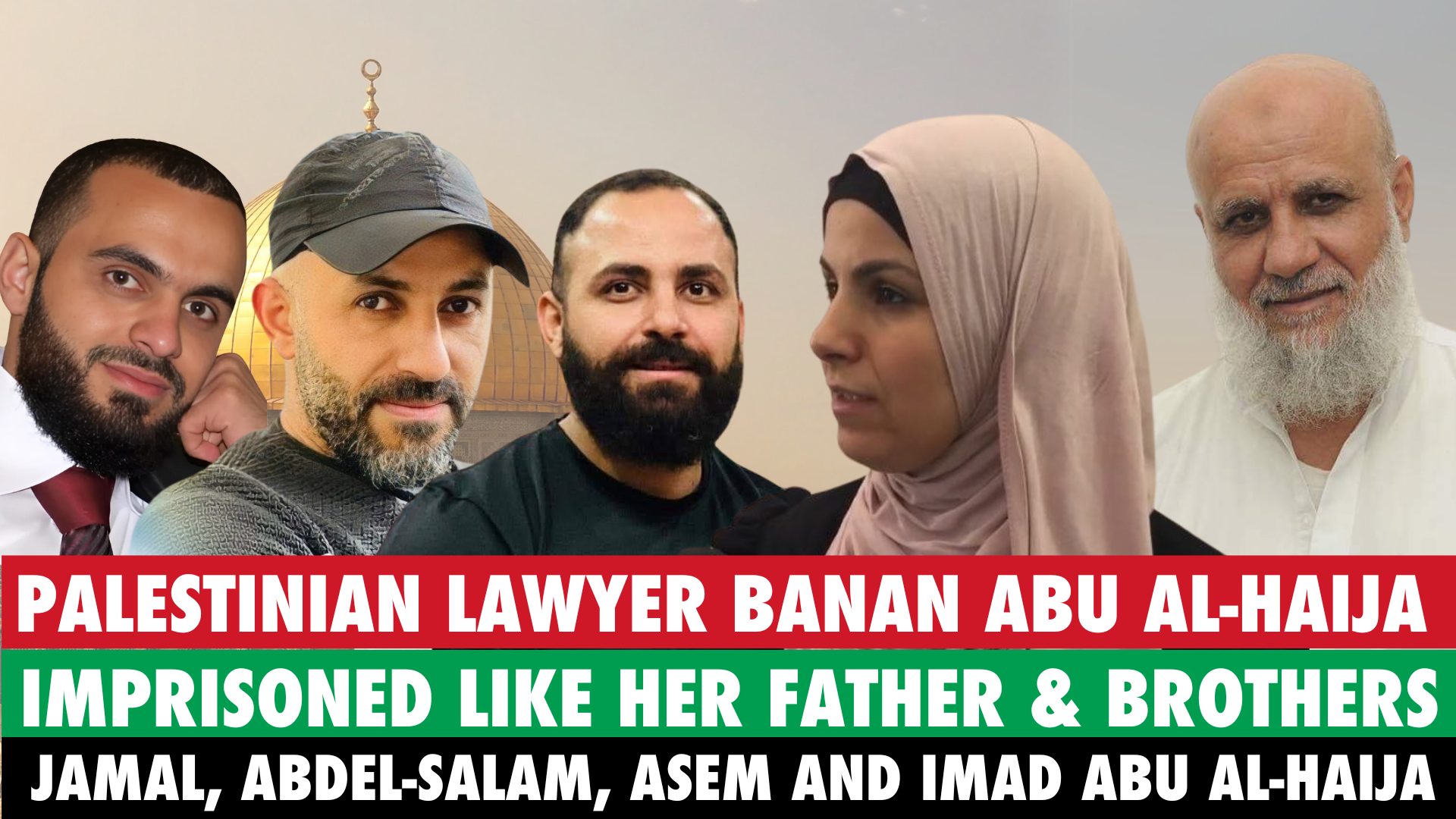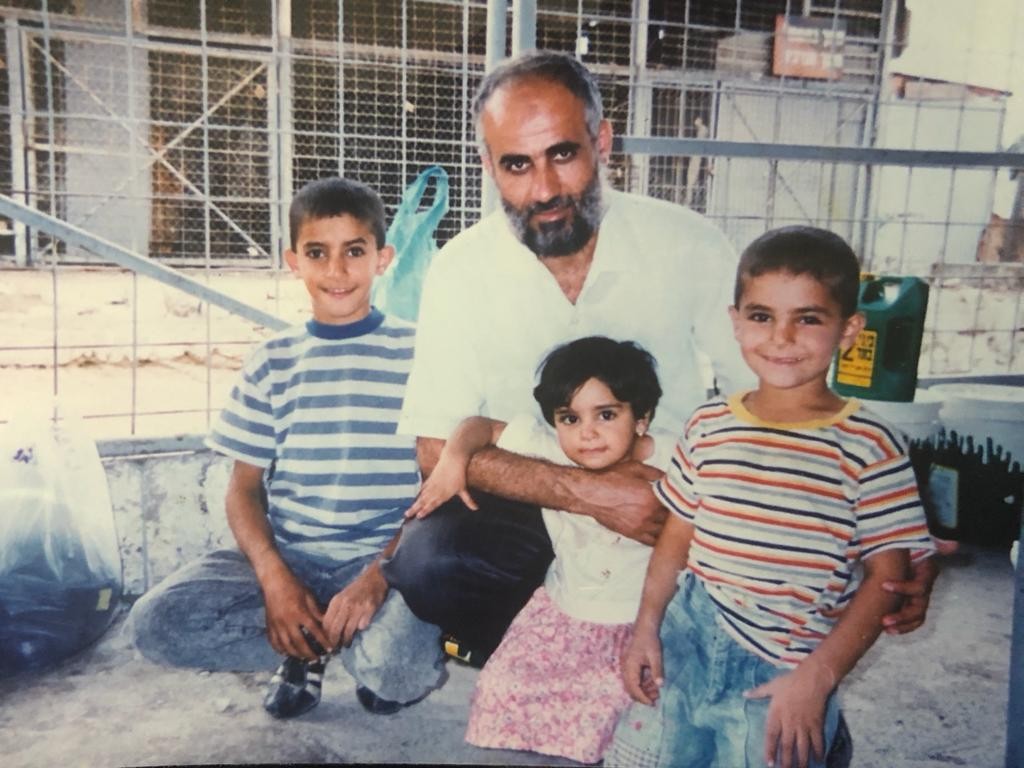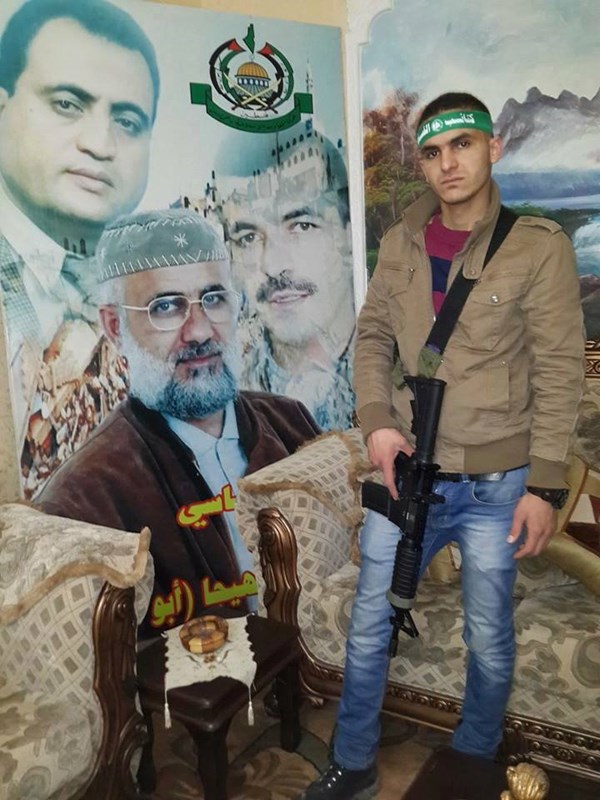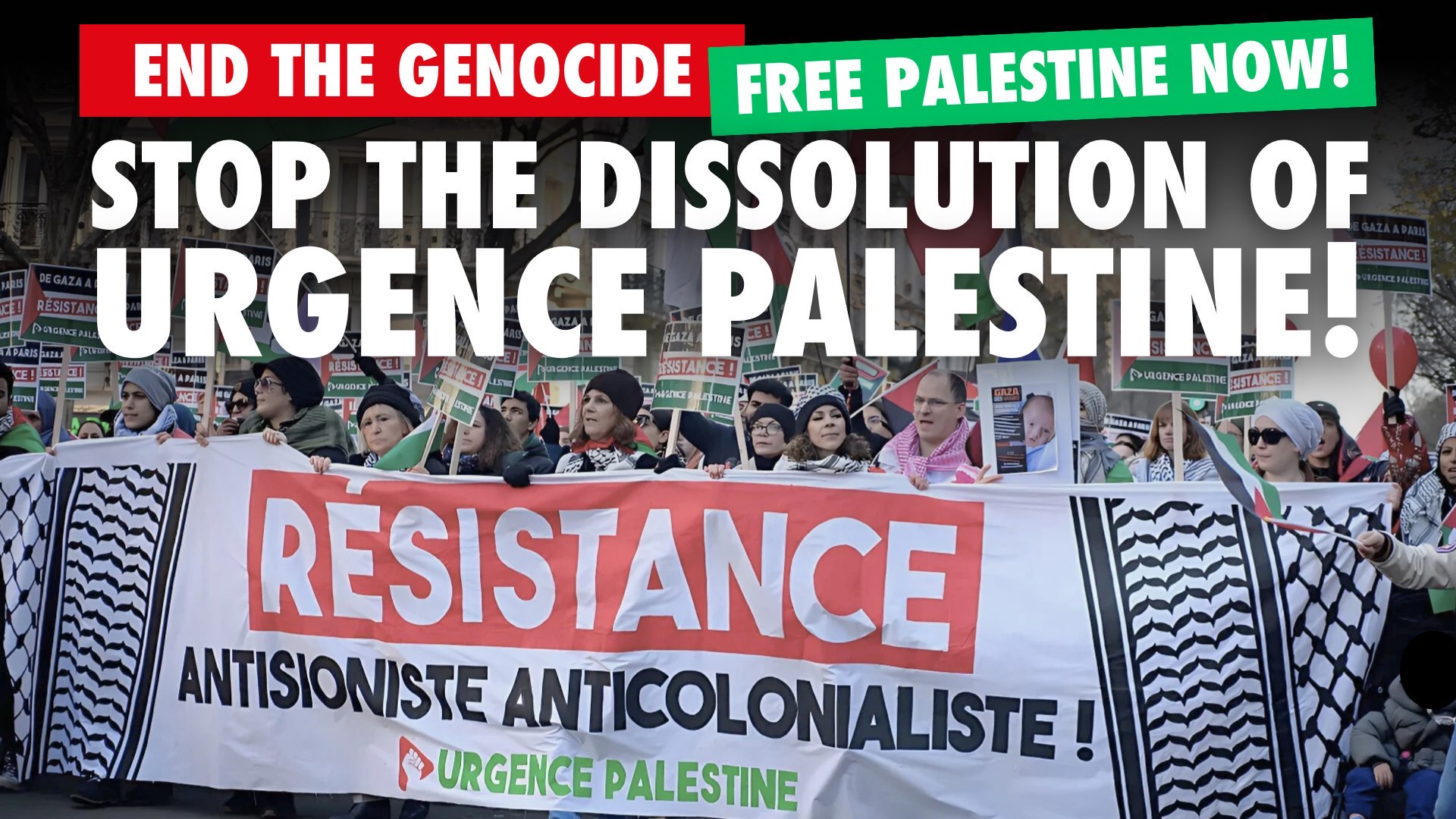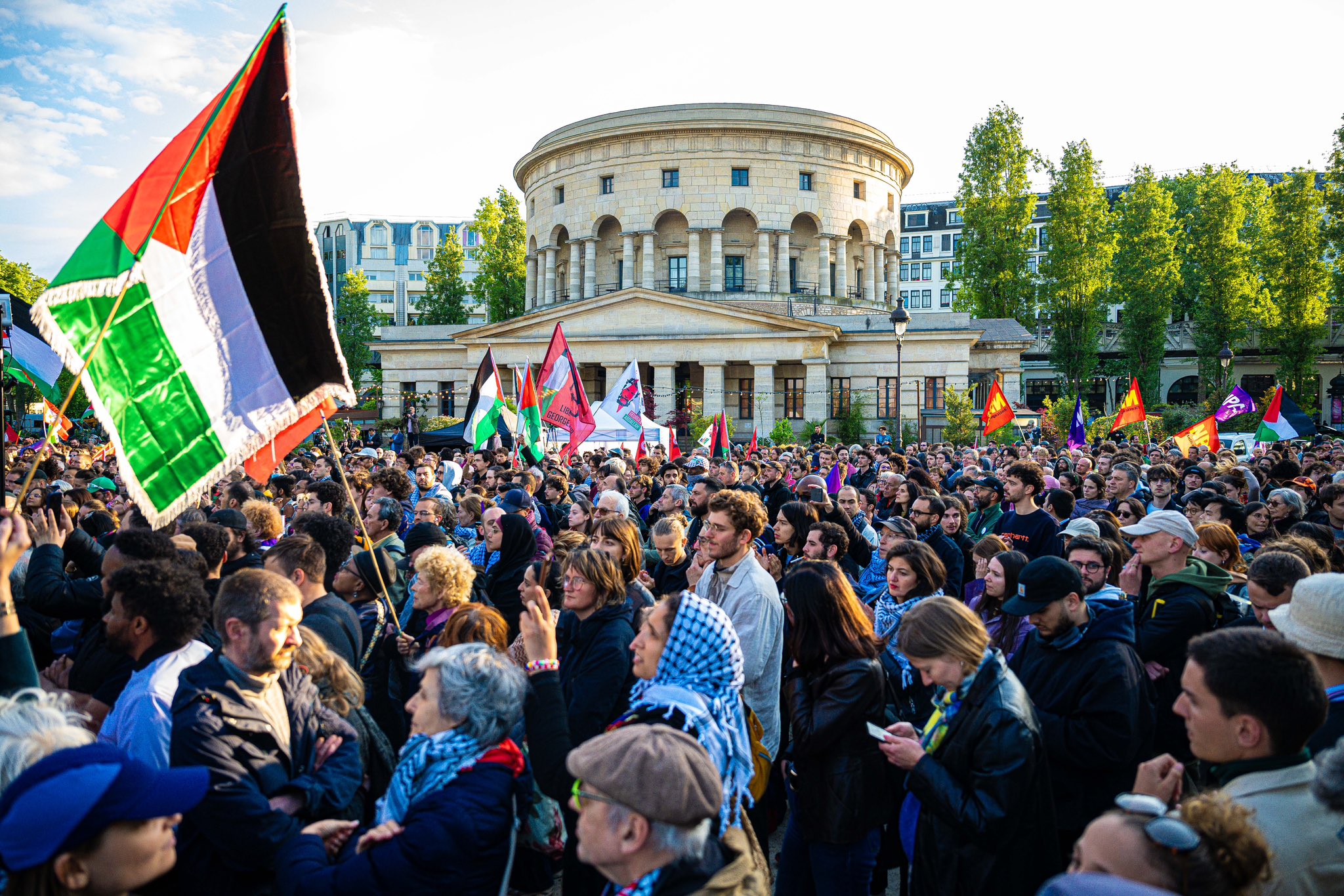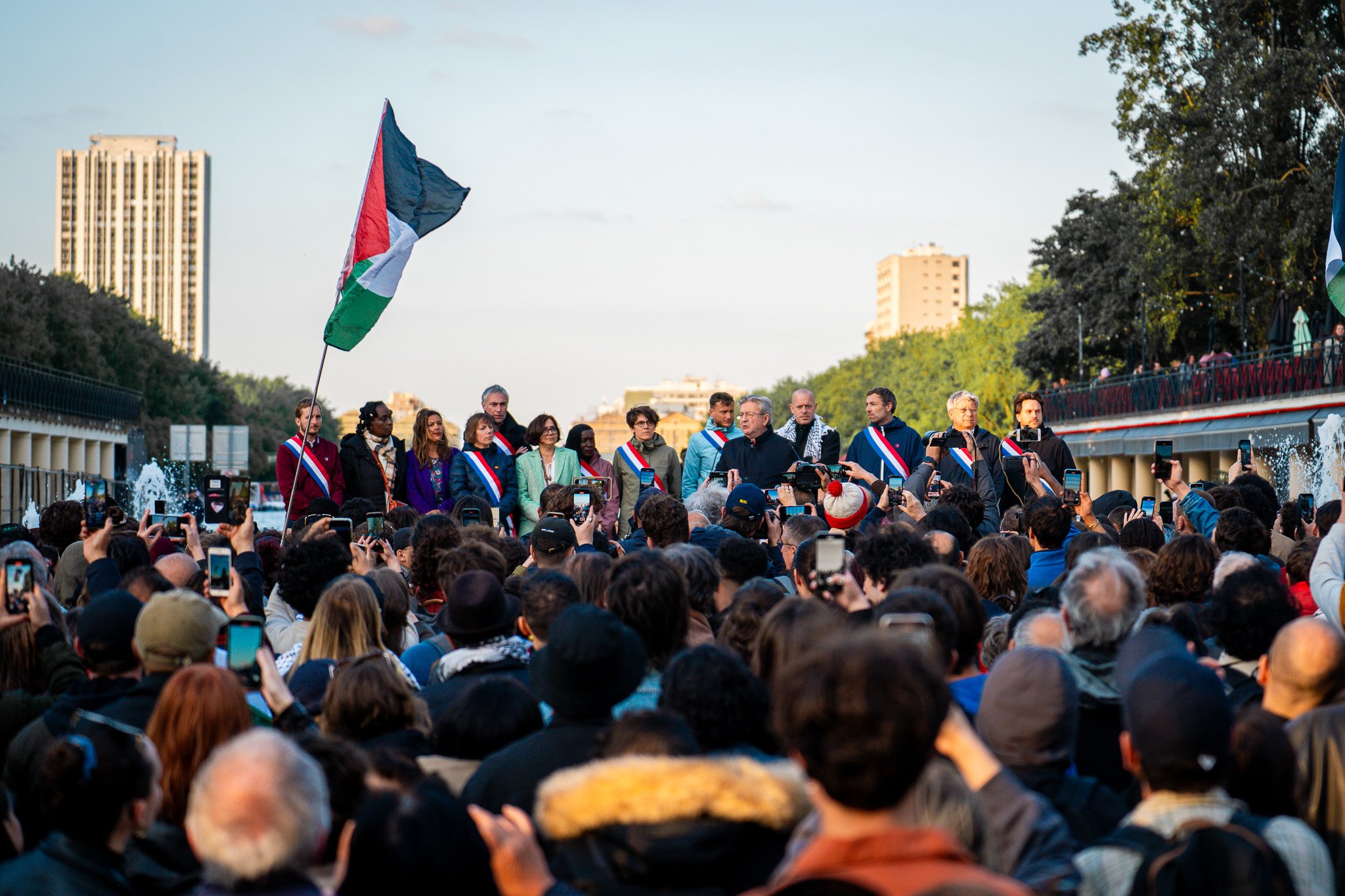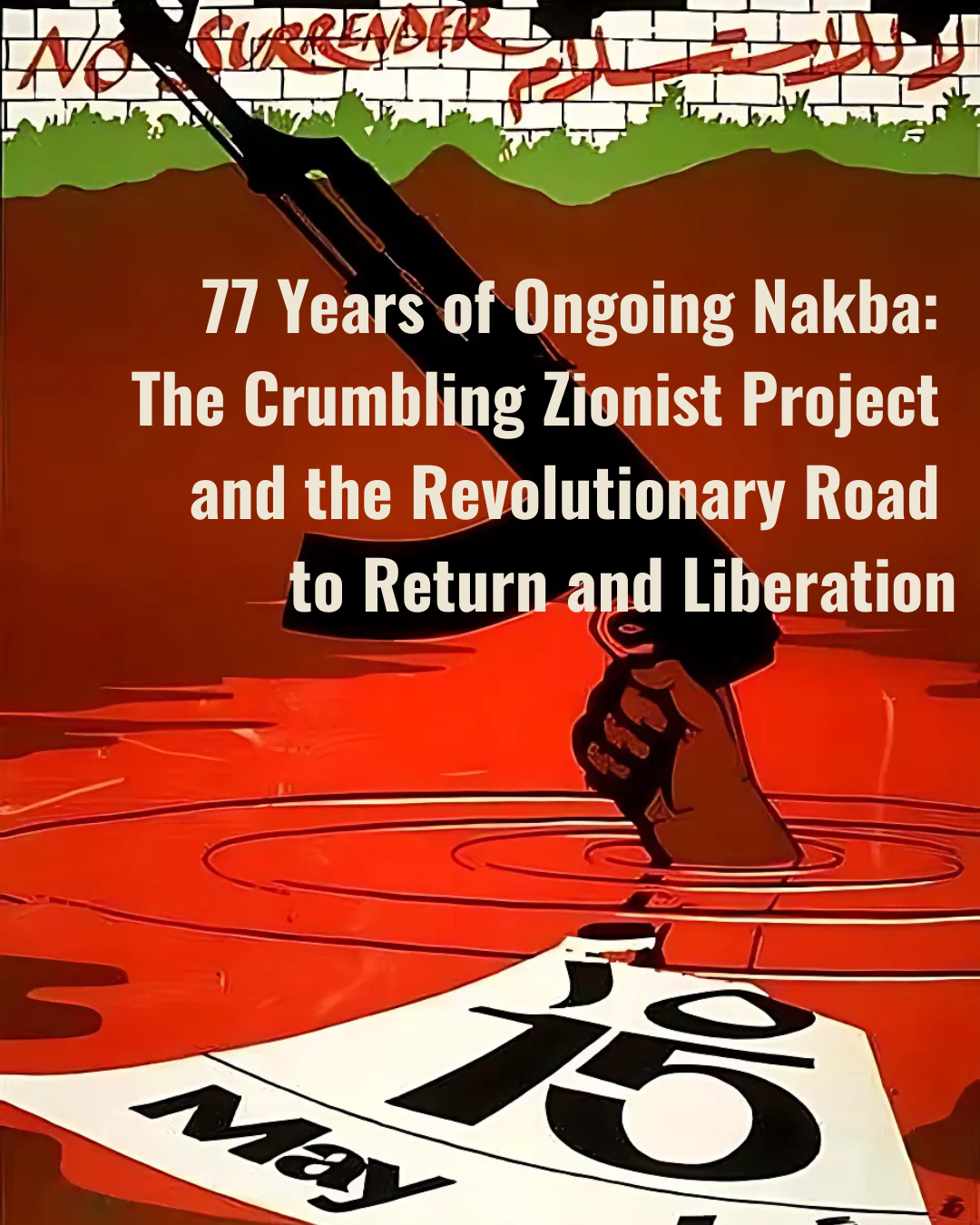
As we mark the 77th year of the ongoing Nakba, the genocidal Zionist colonial occupation of Palestine, and of the unceasing resistance of the Palestinian people, this year, the commemoration comes amid a nearly unprecedented escalation of the genocide, particularly against the Palestinian people in Gaza, and at a moment in the history of the Palestinian, Arab and international struggle in which the Al-Aqsa Flood launched on 7 October 2023 has irrevocably changed the world.
15 May is not only the day in which we remember the Nakba, it is historically the Day of Palestinian Struggle, in which the people of the world stand with and salute the resistance, steadfastness and determination of the Palestinian people to return to their homes and liberate their land. This year, we must make 15 May a true day of struggle for Palestine — a day of strikes, boycotts and direct action in confrontation with Zionism and imperialism.
Nakba and Genocide: An Imperialist-Zionist Crime
The expulsion of over 750,000 Palestinians from their homes and lands by occupation forces was accompanied by a spree of murder, rape and destruction carried out by Zionist forces long since trained, funded and supported by the very British colonial mandate they were supplanting. For the past 77 years, Palestinians have held tight to the keys of their homes, their identities, their villages and their cities, determined to resist, to return, to achieve the goals of their revolution and uproot the invasive colonial entity, the outpost of Western imperialism funded, armed and supported by the United States, Britain, France, Germany, Canada and their fellow imperialist powers, and establish a liberated Palestine from the river to the sea.
The history of 1947-48 — of the destruction of villages, the mass murder and forced displacement of Palestinians, the extreme atrocities broadcasted to the Palestinian people in an attempt to induce fear — echoes today in the atrocities carried out by the occupation forces in their genocide in Gaza, from their social-media-spectacle war crimes to the targeting of hospital after hospital, journalist after journalist, and civil defender after civil defender. In 1947-48, the Zionist forces established a bulkhead for Western imperialism and sought to destroy Palestinian society, its social fabric, and its deep rootedness in the land. Today, it aims to achieve the same goal in Gaza, from its targeting of the centers of society to its starvation policy to its attempt to impose chaos and criminality upon the Palestinian people. As is clear over the past 77 years, it has failed miserably in achieving this malicious goal, even as it uses its advanced American-made weaponry to bomb, destroy and kill, and to market this weaponry to the reactionary and imperialist regimes of the world.
Today, the imperialist-Zionist genocide has taken the lives of at least 53,000 martyrs in Gaza alone, displaced two million, and wounded over 120,0000. Every day, the continuing Nakba is visible on the screens of the world, in the destruction of hospitals, the slaughter of children, the targeting of entire families in schools, refugee camps, mosques, churches and residential buildings. And yet we also bear witness to the unparalleled heroism of the armed resistance and all of its forces inside Palestine and throughout the region, who every day confront the tanks and warplanes of the occupier with their guns, rockets, missiles and explosives, with iron will, deep faith and commitment and love for Palestine and its people. Today, the inverted red triangle has become an international symbol of resistance in the face of injustice, of rejection of oppression, imperialism, and Zionism, and of the reality that it remains possible and indeed inevitable to defeat the forces of this ongoing Nakba.
Nakba and Resistance Inside the Prisons
Imprisonment has always been used as a colonial weapon against the Palestinian people. For years, the British colonial mandate, overseeing the process of Zionist colonization of Palestine, imprisoned Palestinian revolutionaries and resistance fighters, targeted them for assassination, executed them, demolished their homes, held them without charge or trial under administrative detention — all policies that have been adopted in whole cloth by the Zionist colonial regime. During the Nakba of 1947-48, Palestinian prisoners were forced to work in labor camps, starved of food and basic needs, in conditions described as “enslavement” by the International Committee of the Red Cross. At least 5,000 Palestinians imprisoned during the Nakba were then forcibly displaced into exile.
Today, the Nakba continues inside the prisons, where over 10,000 Palestinians are currently imprisoned by the Zionist colonial entity. They are subjected to isolation, beating, starvation and torture of all kinds. Since 7 October 2023, there have been at least 69 martyrs of the prisoners’ movement inside the occupation prisons of those identified, among 306 martyrs of the prisoners’ movement since 1967. Of these martyrs, the bodies of at least 78 martyred prisoners continue to be detained alongside over 700 fellow Palestinians whose bodies are imprisoned in martyrdom by the occupation regime. However, this number is incomplete, particularly as the occupation refuses to release information about thousands abducted from Gaza who are held in its notorious torture camps, where severe physical, sexual, and psychological torture, extreme starvation and open violent assault are standard practice.
In the occupation prisons, the leaders of the prisoners’ movement are held in isolation, beaten and denied medical care in a policy of “slow assassination.” From Abdullah Barghouti to Ahmad Sa’adat, Muammar Shahrour, Hassan Salameh, Ahed Abu Ghoulmeh, Mohammed al-Natsheh, Ibrahim Hamed, Marwan Barghouti, Muhannad Shreim, Mohammed Arman, Mahmoud Issa and Raja Eghbarieh, the leaders of the prisoners’ movement are being targeted for death through torture and medical negligence.
The prisons have always been a center of repression, violence and also of resistance and revolutionary struggle and organizing. The history of the imprisonment of Palestinians is that of the Palestinian prisoners’ movement — of escapes, revolts, hunger strikes and exchanges achieved by the Resistance. This is a history that has given hundreds of martyrs amid the imprisonment of over 1 million Palestinians since 1948 and that has developed hundreds and thousands of revolutionary leaders, who from inside prison walls and after their liberation have propelled the struggle forward toward liberation and return.
The Right and the Promise of Return
Since 1948, Palestinian refugees in exile and diaspora, in the refugee camps of Gaza and of the West Bank, in Jordan, Lebanon and Syria, throughout the Arab region and around the world, have struggled for their right to return, guaranteed under international law and as a fundamental principle of humanity. This right has been denied them, while their homes and lands have been stolen and confiscated by ty the settler entity, their villages planted over with imported European and American trees, their fields converted into agribusiness and military industries for the profit of the occupiers. The Zionist regime has done all it can to attempt to eliminate this basic right, an assault that has escalated dramatically.
In the refugee camps of the West Bank, particularly in Tulkarem, Tubas, Jenin and Nablus, the occupation engages in daily attacks and raids, the destruction of hundreds of homes and the forced displacement of tens of thousands of Palestinians. In Gaza, the same Palestinians who are being subjected to genocidal bombing, massacres, starvation and forced displacement on a daily basis are themselves over 70% refugees forced from their homes and lands in the Nakba.
The so-called “Gaza envelope” of the settlements around the colonially imposed borders of the Strip exists as a military barracks designed to prevent the people of Gaza from returning to their homes and lands. The Great March of Return and Breaking the Siege that launched in 2018 highlighted this exactly — that the battle to break the siege on Gaza is inextricable from return and liberation, and from the rights of the people of Palestine to return and reclaim their homes, lands and properties as an individual, collective and indivisible right.
On 7 October 2023, the heroic fighters who undertook the great crossing were marching forward and advancing against the occupier on their own lands denied them by force for over 77 years. The Al-Aqsa Flood is also an Al-Awda Flood, a march to defend Jerusalem and its holy sites, and reclaim the land of Palestine from the Zionist settler project and the imperialist powers that sponsor its invasion.
The attack on UNRWA that we see today, from the attempts to criminalize its employees, to designate it as a “terrorist” organization, to defund it and to invade and forcibly close its schools, is fundamentally intended as an attack on the right to return and upon the identity of Palestinian refugees, which remains fixed on return and liberation despite all the decades of dispossession, war crimes and genocide.
The Zionist Project: An Outpost of Western Imperialism
Of course, the continuing Nakba is not a Zionist crime alone. “Israel” exists primarily as an outpost of Western imperialism to advance its interests in the region and also as a testing partner for U.S. weaponry. Its nuclear capabilities were provided to it by French imperialism. Every one of the crimes being carried out today — as U.S. President Donald Trump continues his tour of the reactionary Arab Gulf monarchies marketing the American corporations’ weaponry tested on Palestinians, Lebanese, Yemenis and Syrians — is the full and equal responsibility of all of the imperialist powers that provide the weaponry, the political support, the diplomatic cover, the free trade and the vicious repression that enable the genocide. The United States, France, Germany, Canada, Britain and other imperialist powers are imprisoning, arresting, repressing and labelling as “terrorist” their students, workers, teachers and social movements in order to sustain the imperialist-Zionist genocide, while providing the Zionist regime with the weaponry and intelligence to carry out its war crimes.
For the past 40 years, France has imprisoned Georges Ibrahim Abdallah, the Lebanese Arab struggler for Palestine. In the U.S., students and activists like Mahmoud Khalil are targeted for immigration detention and deportation, while Ghassan Elashi and Shukri Abu Baker are serving 65-year sentences for their charitable support for Palestine. Anan Yaeesh and his comrades are confronting imprisonment and criminalization in Italy, while Musaab Abu Atta is imprisoned as a Palestinian youth in Germany, targeted for repression amid the wide-scale attack on the movement. Today, we must demand all of their liberation.
The Complicity of Reactionary Regimes and the Comprador PA
It is in this context that the reactionary Arab regimes — the “moderate camp,” the normalizing states that trade and protect the genocidal entity under U.S. sponsorship — are also fully complicit in the genocide and betrayal of the Palestinian people. The Egyptian regime maintains the blockade on Gaza when it has the power to open Rafah and confront the genocide taking place to its north at any moment, as thousands of trucks of food, medicine, tents, and construction supplies wait to enter. The Jordanian regime criminalizes its social movements, imprisons those who help the resistance and even boycott the occupation while it provides a “land bridge” to protect the occupation’s economy from the damage imposed upon it by Yemen. And the reactionary Gulf monarchies welcome the occupation’s representatives and market its narratives while purchasing billions of dollars in U.S. weaponry — not to defend Arab sovereignty and self-determination but to ensure ongoing dependency and American hegemony — amid the ongoing genocide.
Within Palestine, the comprador sector of Palestinian politics and economy, concentrated within the so-called “Palestinian Authority” in Ramallah, are carrying out an assault upon the Palestinian people, enforcing “security coordination” with the occupation regime and supporting its genocidal forces. In the past days, two martyrs’ lives were taken in Jenin and Tubas by the PA forces, while dozens of Palestinians are held inside the PA’s jails and prisons. The PA is stripping the financial allocations from the Palestinian prisoners and their families and the families of the martyrs and the wounded at the behest of the Zionist regime and its imperialist funders and backers, from the United States to the European Union. At the same time, it joins the Zionist regime and the imperialist powers in demanding the disarmament of the resistance — the sure path to the completion of the Nakba — and attempts to implement that demand by force of arms in the cities, villages and refugee camps of the West Bank, hand in hand with the genocidal occupation regime.
The Palestinian Authority was not founded to nurture, but rather to control, suppress and police the Palestinian people and their Resistance, to serve as a collaborator at the behest of the Zionist regime and the imperialist powers that fund it, since its inception in the Oslo process. The only true road to Palestinian national unity comes through resistance and confrontation, led by those who fight for Palestinian liberation, and it cannot include those who imprison, assassinate, and betray the people and the resistance for the benefit of the occupiers and imperialists.
The Resistance and the Road to Liberation
Despite these seemingly impossible circumstances, the Palestinian resistance continues not only to fight back but to carry out wonders, with strategic thinking, unimaginable heroism and bravery, and an unshakeable commitment to the path forward for liberation. As the Masar Badil, the Palestinian Alternative Revolutionary Path Movement, said of the Palestinian resistance, it is “led by fighters imbued with revolutionary values and human ethics, becoming the vanguard of the Arab and Islamic nations, and the front line in a global front against imperialism, colonialism, Zionism, and fascism. It has become a sword poised above the heads of normalizers, collaborators, and those who have sold their consciences and memories.”
The road to liberation is one that is forged daily by the parents nurturing their children amid the bombs and far removed from their land in exile; by the journalists who painstakingly document every crime of the occupier and every heroic action of the resistance and who face assassination daily for the indelible record they inscribe in history; by the health care workers, doctors and nurses that work to save lives, provide care and treatment in the most impossible circumstances; by the aid workers, civil defense, and security workers and officers that act constantly to defend, feed, and supply their people and society against a comprehensive attack that aims to destroy it; by the farmers and fishers who continue to labor to feed their people, facing the theft of their land and the destruction of their crops and boats; by the Palestinian and Arab masses.
And at the center is the armed resistance, the fighters of Hamas and the Izz al-Din Al-Qassam Brigades, the Palestinian Islamic Jihad Movement and Saraya al-Quds, the PFLP and the Abu Ali Mustafa Brigades and all the factions of the Resistance, the warriors of Hezbollah in Lebanon, the armed forces, the people, and the AnsarAllah movement of Yemen, the resistance fighters of Iraq and the revolutionary forces of Iran who continue to resist imperialism in the region. The workers and fighters in the tunnels of resistance and liberation who continue to open the gates of hell upon the occupiers, those who launch the missiles that shatter the Zionist entity’s illusion of permanence, those who take up their weapons to confront the occupier everywhere it is found, who are on the front lines not only to stop the ongoing Nakba, and not only even to liberate Palestine, but to defend humanity from the vicious barbarism of imperialist conquest.
October 7, the great Al-Aqsa Flood, changed the world, irreversibly. The leadership of the Al-Qassam Brigades and the Hamas movement, including the martyrs Mohammed Deif, Marwan Issa, and Yahya Sinwar, explicitly viewed this action in this light. They were correct to do so. This day made clear before the world that it is entirely within our grasp to envision a Palestine free of Zionism and a region free of imperialism, and that this resistance camp is capable of achieving that goal with its own hands.
This was utterly unacceptable to the Zionist project and to the imperialist powers. Their response to the shifting of the field highlighted the nature of these forces: genocide, mass murder and massive bombing and destruction, the unleashing of all the most brutal and reactionary forces and elements. They aim to make such a revolutionary action – indeed, the date of the beginning of the new Palestinian, Arab, and international revolution – unimaginable due to the river and ocean of blood and rubble they seek to create atop that heroic memory.
At the same time, all of their bombs and billions of dollars in technological equipment unleashed upon the Palestinian people, the Arab people and the people of the region are unable to create their desired results, are unable to defeat the Palestinian people and their unshakeable bond to their land, whether in the homeland or in exile. Indeed, on the 77th anniversary of the Nakba, amid the genocide and the destruction, the decaying nature of the Zionist project and the failure of US imperialism are clearer than ever. The Zionist economy is artificially propped up as an outpost of the imperialist powers, particularly but not limited to the United States, yet it has sustained massive and significant blows over the past several years. It is revealed before the world as a genocidal entity devoid of legitimacy, its mythologies and rhetoric exposed as a machinery of lies. Within “Israel” itself, its political and social crisis is deepening as war criminal Netanyahu aims to impose himself permanently in his position. It is clear to all that it is only the fighters of the Palestinian resistance, with impeccable ethics and clarity of vision, who protect the Zionist prisoners of war, while the occupation regime attempts to kill them with all of their weaponry. At the same time, the utter fascism of the Zionist project is apparent to all as the leaders and officials of “Israel” proclaim their intention to destroy Gaza and force its people from their land.
Despite all of the destruction, the mass murder of the civilian population, the devastation of infrastructure, the torture of the prisoners and the bloody death of siege and starvation, there is no permanence for “Israel.” It is unable to restore the illusion of impenetrability that it once had. Hezbollah and the Lebanese Resistance emptied the north of Palestine of its settlers, while the Yemeni people, armed forces and AnsarAllah movement impose a sea blockade on Eilat port and an air blockade on occupied Lyd airport. The facts are clear: Zionism is a racist ideology and a tool in the hands of imperialism against the Arab people and the people of the region. No showy normalization festivals will be able to surmount the reality that the settler project is anything but “normal” and will never have a place on Palestinian and Arab land.
After 77 years of ongoing Nakba, the Palestinian, Arab, Islamic, and international resistance are continuing to struggle and to fight. Despite the assassinations of great leaders, from Sayyed Hassan Nasrallah and Sayyed Hashem Safieddine to Ismail Haniyeh and Saleh al-Arouri, despite the martyrdom of every precious Palestinian and Arab life taken by the occupier, the resistance renews itself, grows and refuses surrender and compromise, turning the completion of the Nakba into an impossibility, a solid rock on which the Zionist-imperialist genocide will break and shatter.
The Call to Escalation and Action
This occasion is not merely a moment for reflection and memory, but one that demands action. At a moment when the forces of resistance are fighting for liberation, for humanity, for any possibility of a future of justice for all, the international movement must take up its responsibilities to forge a true popular cradle for the resistance everywhere in the world, including in the heart of the imperial core. Every city, town and campus has seen the Palestinian flag flying as an indelible symbol of justice, as the streets of New York, Toronto, Berlin, Brussels, Milan, London, Johannesburg, Sao Paulo, Dhaka, Kuala Lumpur, Caracas, Algiers, Rabat and Tunis stand with the Palestinian people against the genocide, confronting Zionism and imperialism. In the past days, a new evolution of the “student intifada” has arisen on campuses from Madrid to Liege to Nijmegen in the heart of Europe, while demonstrations everywhere are being organized to mark this date and demand an end to complicity in genocide. There is no longer a safe space for the weapons manufacturers and the profiteers of genocide, from Elbit to Maersk to Thales and Boeing.
However, this must also be an occasion that challenges us to escalate to isolate the Zionist regime, through boycotts, embargoes, and direct action. The example of Yemen, with its vast popular mobilization for Palestine combined with its effective military action, is the greatest single example of the boycott demand in practice in the world. Actions like those of Palestine Action, which impose a material cost upon the war profiteers and genocide dealers, raise the stakes of struggle in the imperial core as well.
There must be no place for Zionism in our schools, campuses, unions, communities, social movements; and this means, of course, confronting the imperialist powers that have imposed the colonial entity of “Israel” on the Palestinian people and the Arab nation. The escalation of repression — from organizational bans to “terrorist” listings to imprisonment to deportations to firings to police raids and beatings — must be met not with silence nor with compliance but with escalated resistance and even greater clarity on our collective responsibility to confront and hold accountable those responsible for unleashing this genocide. We must demand an end to the siege, the designation, and the criminalization against those heroes of the resistance defending humanity; being listed on their “terrorist lists” is a badge of honor from the forces of the most horrific terror and destruction in the world.
On the 77th year of the ongoing Nakba, it is clearer than ever that it is only resistance and revolution that will pave the road forward to return and liberation for Palestine from the river to the sea. It is our responsibility in our international movement to strive in every way to live up to the example set for the world by the heroic resistance in all of its forms, who hold the banner high, always advancing and never retreating.
The Zionist entity has no future on the land of Palestine. This Nakba is ongoing, but it is not eternal. The challenge is to us to play our part in bringing it to an end, and to advance on the clear path to return and liberation.
Victory to the Resistance, Liberation to the Prisoners, Glory to the Martyrs and Healing to the Wounded.
From the river to the sea, Palestine will be free!


